Indian American Business Council [IABC] hosted a rousing reception in honor of distinguished visiting Member of Parliament & Former Central Minister Suresh Prabhakar Prabhu at a ceremony held in Downer’s grove, Illinois on April 20, 2022. The reception attracted a great host of community’s prominent organizational leaders who paid glowing tributes to Suresh Prabhu for his exemplary services as the former central minister and as a renowned Indian parliamentarian who leaves behind indelible footprints for his sterling reputation as a man of impeccable integrity.
Ajeet Singh, IABC President & principal host – welcoming the gathering of the distinguished guests – heaped a generous measure of praise on Suresh Prabhu for his illustrious record of accomplishment of remarkable distinction and the honor with which he served the government of India spanning decades with spotless integrity coupled with unwavering devotion to the principles of honesty. Dr. Sreenivas Reddy, Chair of the Illinois Medical Board – in his remarks – extolled the yeoman leadership of Suresh Prabhu and described him as a highly admired Indian statesman who played a significant role serving as the Indian Emissary and Sherpa at the G20 & G7 Summit. Dr. Sreenivas Reddy added that he leaves behind enduring footprints with his groundbreaking program initiatives that are directed towards the welfare of the citizens and the betterment of the poor.
Dr. Bharat Barai speaking ‘live’ from a remote location hailed Suresh Prabhu for his exceptional leadership and his vision and thanked him for his extraordinary services to the people of India. Dr. Bharat Barai thanked Suresh Prabhu for presiding over some of the most significant portfolios of Railways, Civil Aviation and Commerce & Industry with absolute distinction.
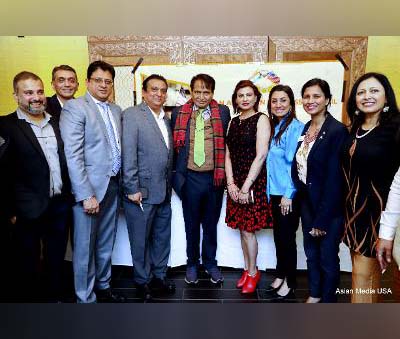 Dr. Suresh Reddy, Trustee Oakbrook Village introduced Suresh Prabhu as a visionary who presided over as central minister with remarkable honor and lauded him for his distinguished credentials that propelled him to the league of top three Indian leaders in Asia.
Dr. Suresh Reddy, Trustee Oakbrook Village introduced Suresh Prabhu as a visionary who presided over as central minister with remarkable honor and lauded him for his distinguished credentials that propelled him to the league of top three Indian leaders in Asia.
Shweta Baid, Alderwoman, City of Aurora, Meghna Bansal, Trustee, Wheatland Township and Judge Kavita Athanikar joined with their gracious remarks extolling the leadership of Suresh Prabhu.
Suresh Prabhakar Prabhu in his comprehensive remarks thanked Indian American Business Council [IABC] for hosting such a warm reception and said he is deeply touched by the lavish outpouring of honor and acclamation. He commended the role of NRI’s in fostering historic Indo-US relations, which he added largely due to your unwavering ambassadorial efforts.
Suresh Prabhu presented a detailed historical overview that shaped India and he delved extensively on education. Suresh Prabhu indicated that he is collaborating with American universities to foster a larger and wider scope of learning in the University he founded. He said India’s role in a 21st-century world is that of immense responsibility and it is our duty to align the objectives of our institutions to the larger vision of the nation. Suresh Prabhu added that the university he founded is based on the principles of social impact and development. As an institution, my focus is on high-impact areas such as entrepreneurship, healthcare, creativity, education, and leadership. Our great ethos and culture of inquiry have to be explored and applied in a modern sense. Education is the medium to do this, he added.
Earlier, Keerthi Kumar Ravoori, IABC’s Chair in his remarks described Suresh Prabhu a passionate votary of reforms who relentlessly strived to redefine the parameters of growth ushering positive transformation in the Indian society. Gerard Moore, Staff Director for Congressman Danny Davis presented Suresh Prabhu with the congressional proclamation that chronicled his invaluable contributions to the people of India. Vinesh Virani, IABC’s Executive Vice President conducted the question & answer session and while proposing the vote of thanks recognized and acknowledged the presence of many organizational leaders for their presence to honor Suresh Prabhu.
Several other prominent organizational leaders who spoke at the reception including Dr. Vemuri Murthy, Harish Kolasani, Krishna Bansal, Harendra Mangrola, Rakesh Malhotra, Sanjay Shah, Shiveda, Hema Virani, Nirav Patel, Subu Nagasubramaniam, Manoj Singamsetti,, Ganesh Kar, Hema Virani, JD Digsnvker and Rohit Joshi.

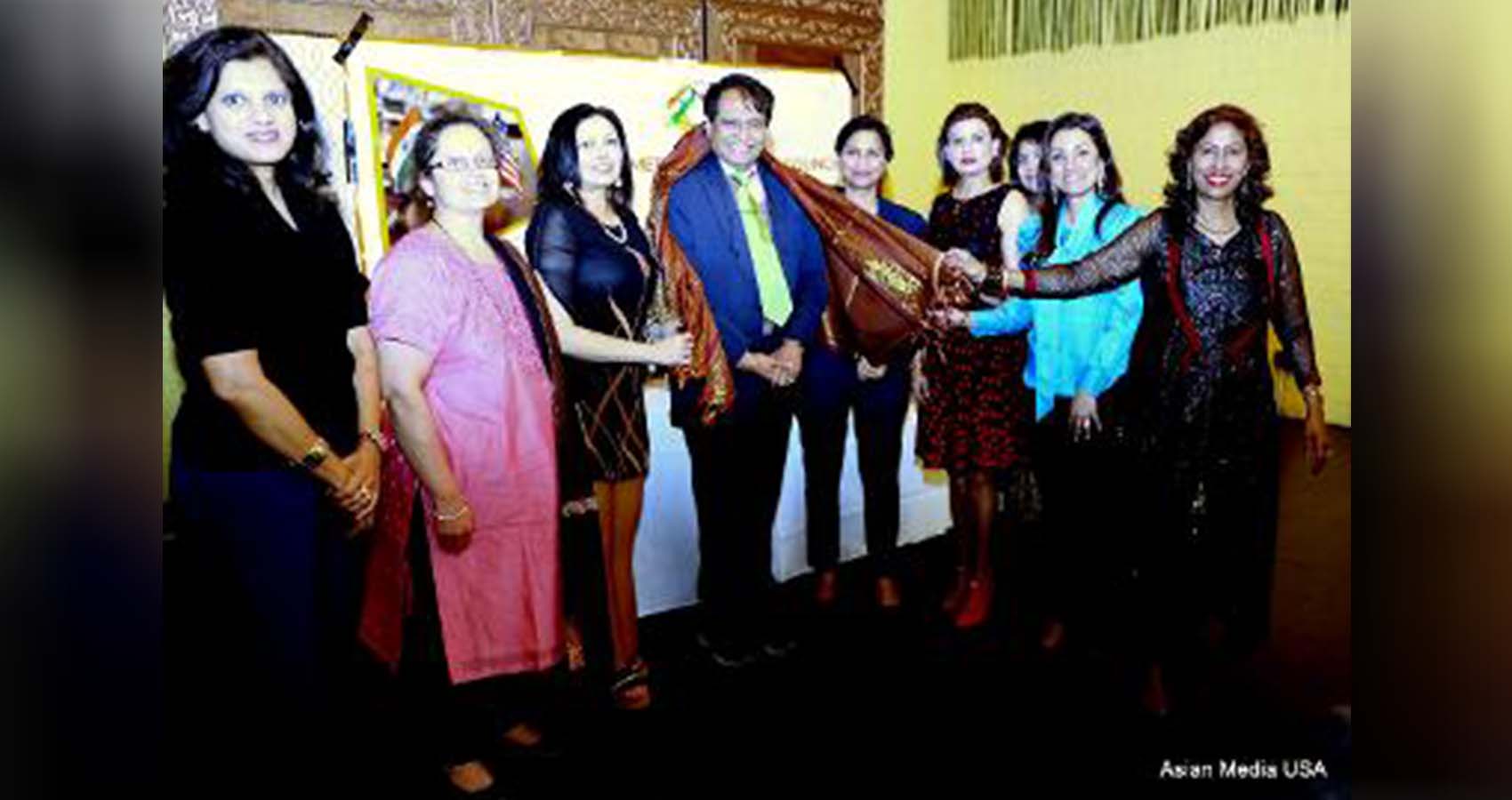
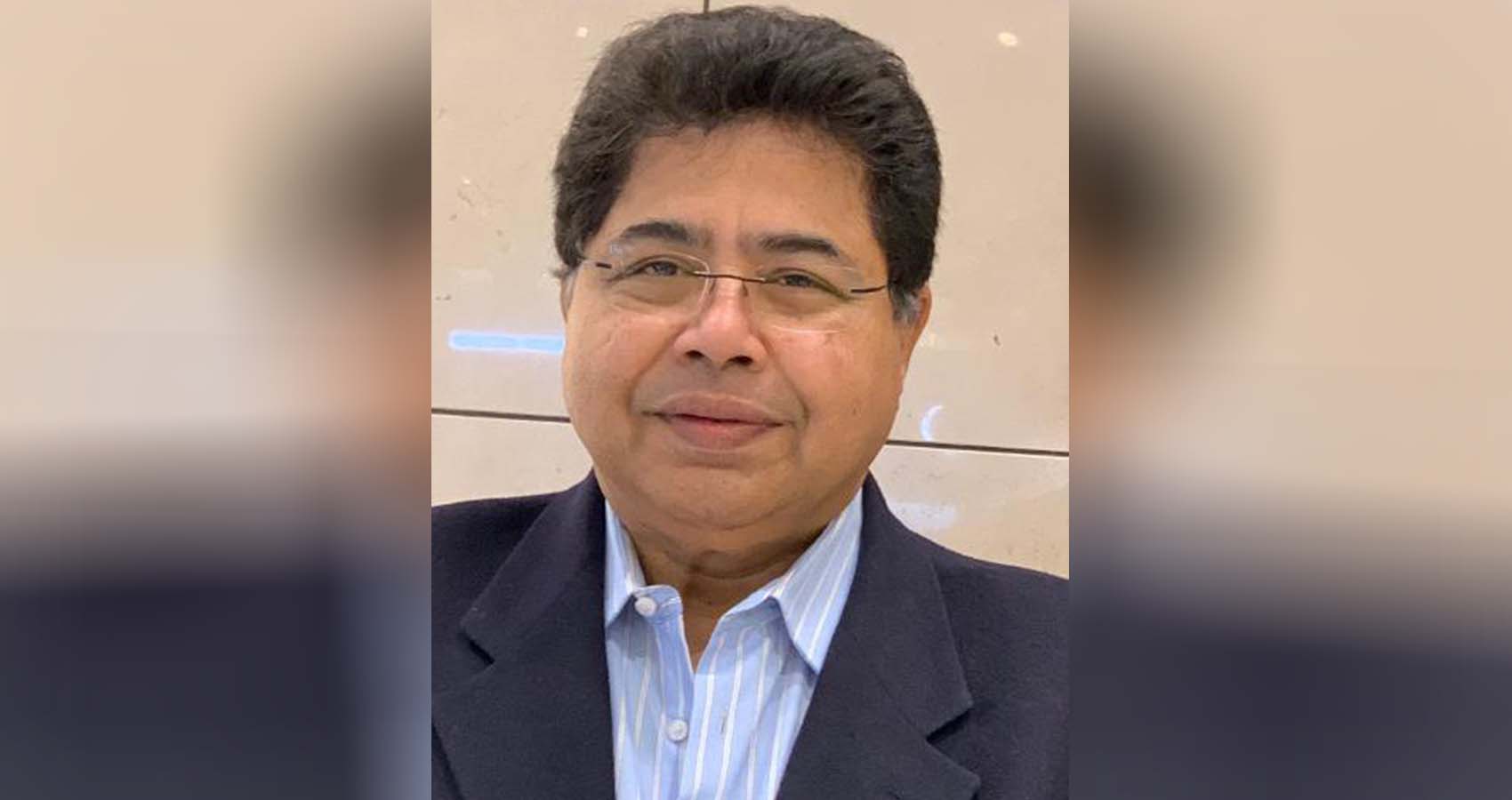
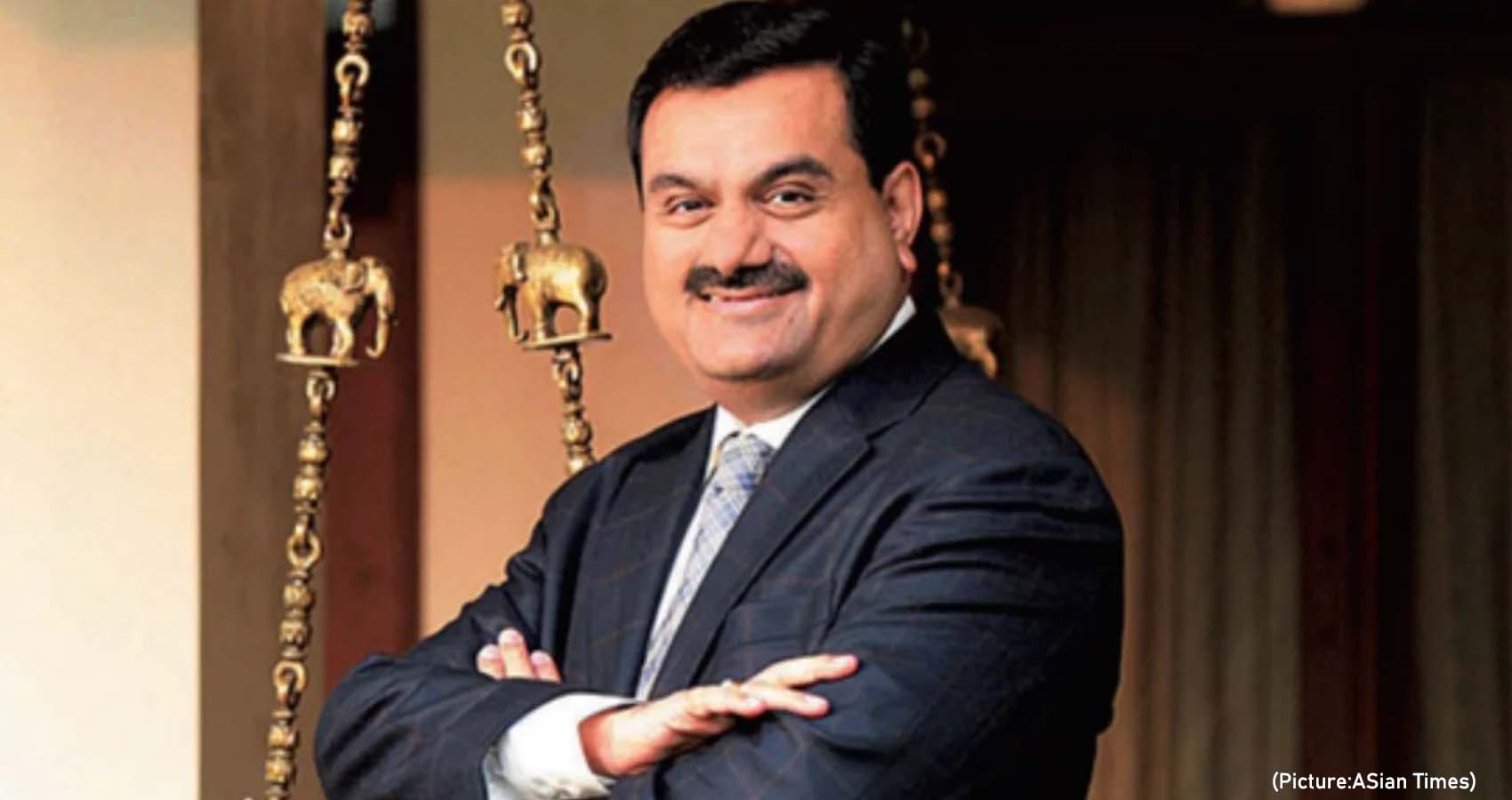
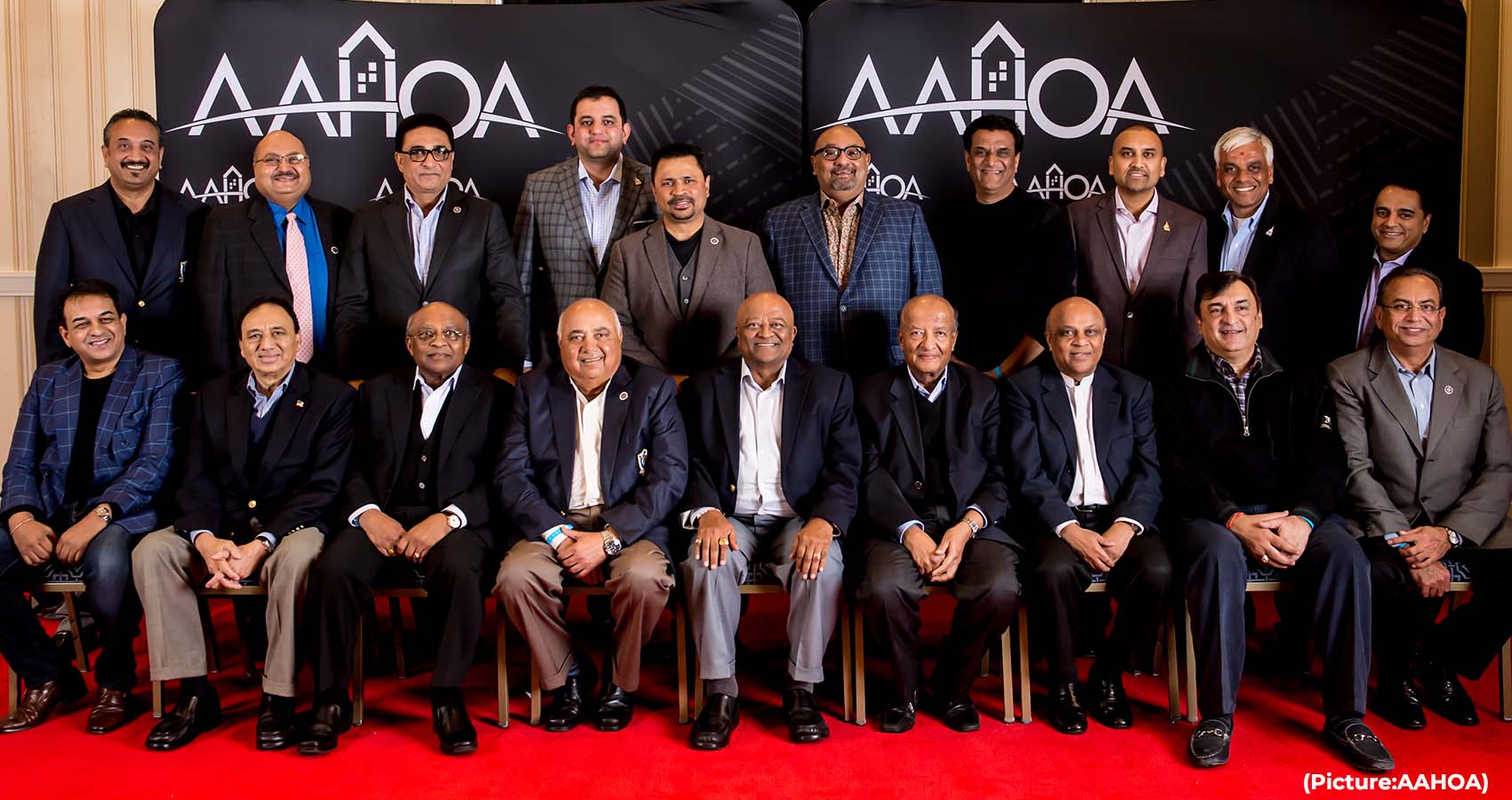
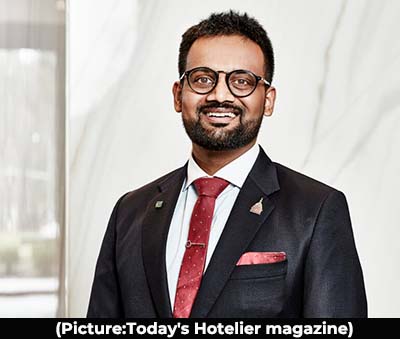 “If you’ve ever wondered to what extent AAHOA serves its membership, I am a perfect example,” Patel said. “My parents didn’t have the opportunity to have AAHOA as a resource, but thankfully, when I took over the family business, AAHOA was there for me as I navigated the hospitality industry. AAHOA provided me with the educational tools I needed to run a hotel successfully.”
“If you’ve ever wondered to what extent AAHOA serves its membership, I am a perfect example,” Patel said. “My parents didn’t have the opportunity to have AAHOA as a resource, but thankfully, when I took over the family business, AAHOA was there for me as I navigated the hospitality industry. AAHOA provided me with the educational tools I needed to run a hotel successfully.”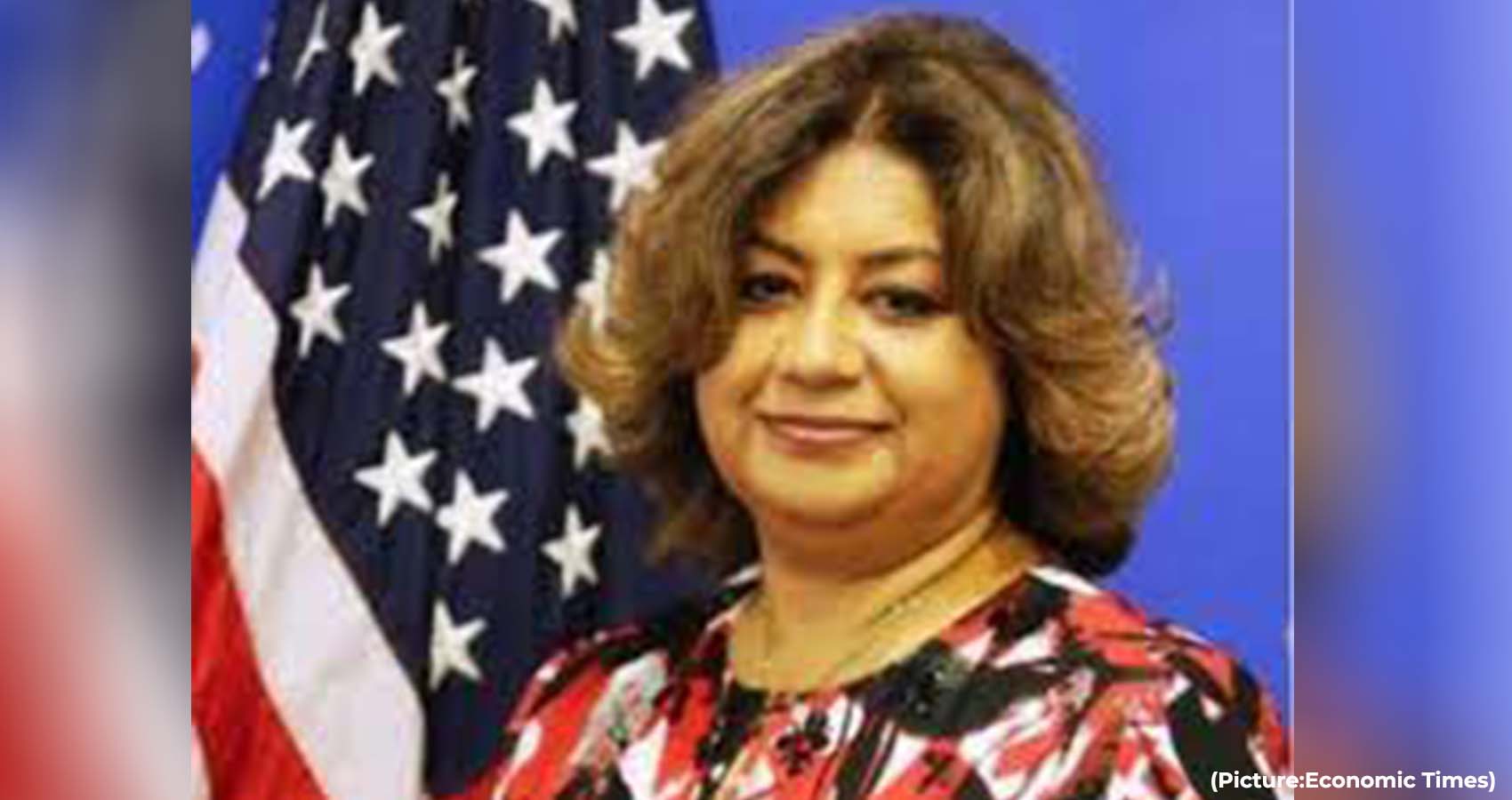
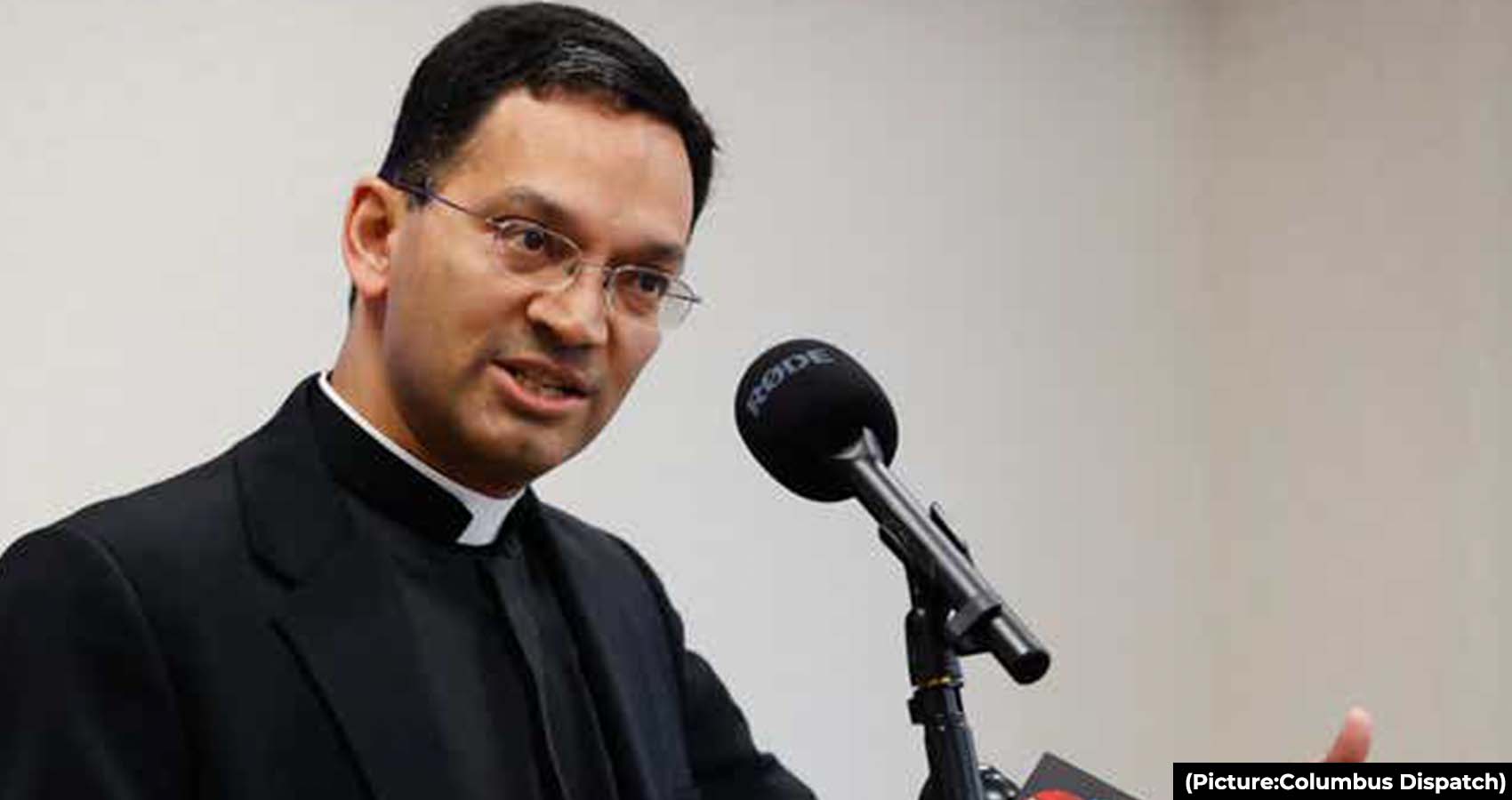
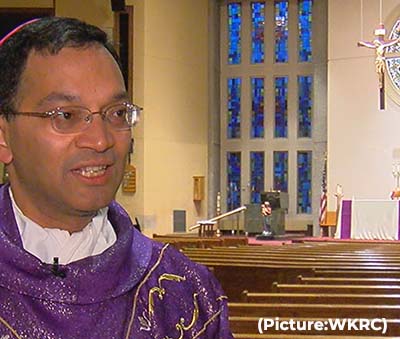 Rev. Fernandes was ordained a priest on May 18, 2002, for the Archdiocese of Cincinnati and two years later he went to Rome to earn a licentiate and doctoral degree in moral theology from the Alphonsian Academy. Fr Earl served as vicar of Holy Angels parish and was a religious teacher at Lehman Catholic High School from 2002 to 2004.
Rev. Fernandes was ordained a priest on May 18, 2002, for the Archdiocese of Cincinnati and two years later he went to Rome to earn a licentiate and doctoral degree in moral theology from the Alphonsian Academy. Fr Earl served as vicar of Holy Angels parish and was a religious teacher at Lehman Catholic High School from 2002 to 2004.
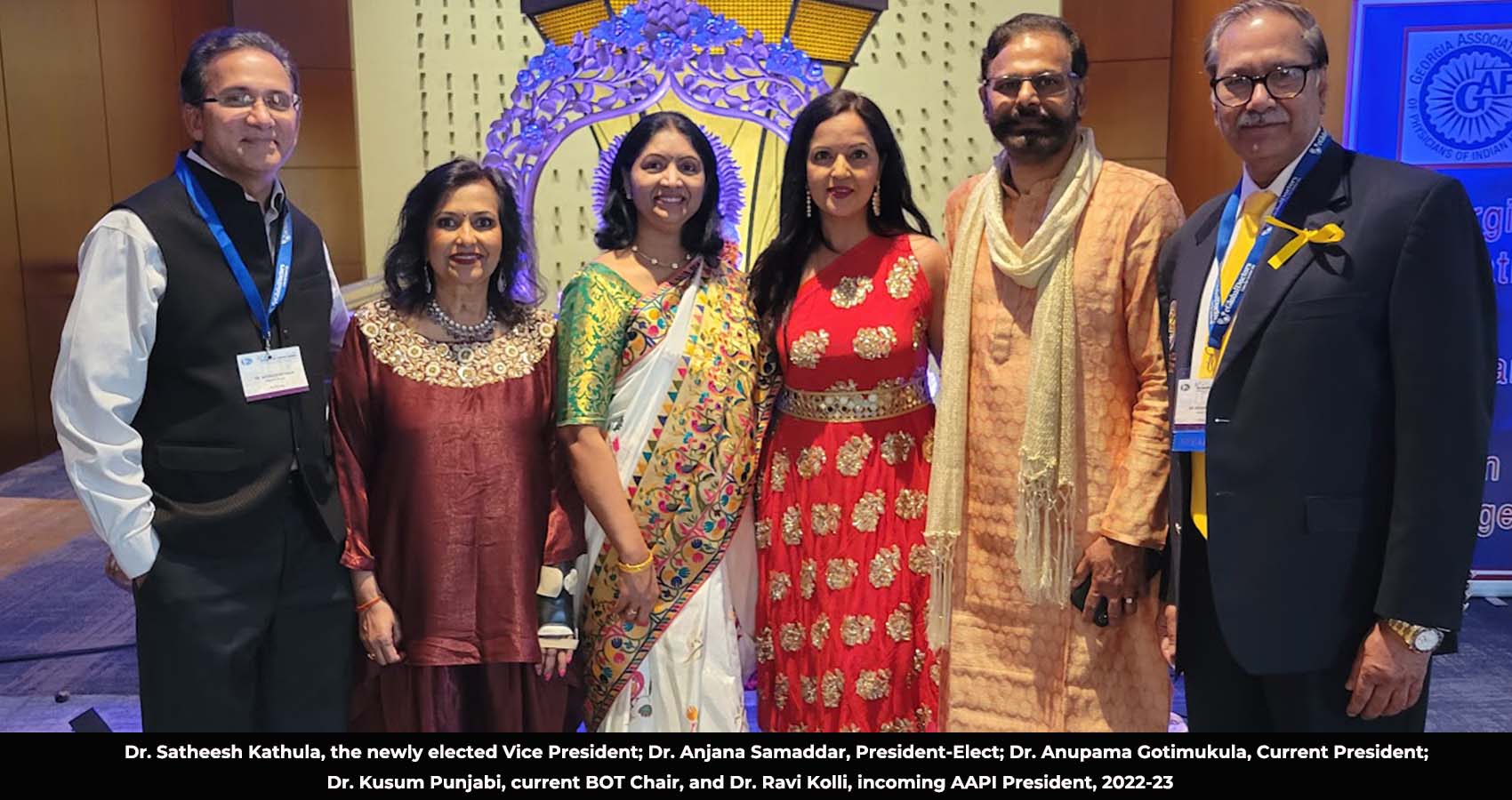
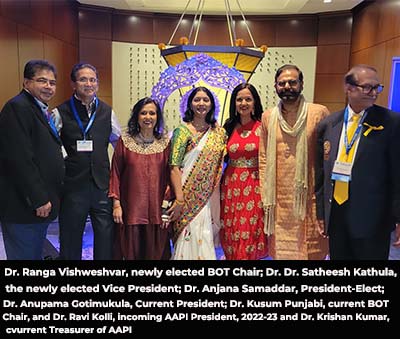 While announcing the results of the election after months-long campaigning for several offices to the national body and regional chapters, Dr. Sajani Shah, Chief Election Officer, 2022 said, Dr. Satheesh Kathula has been elected as the Vice President of AAPI, Dr. Meherbala Medavaram was elected as the Secretary and Dr. Sumul Raval was elected Treasurer of AAPI for the year 2022-23. Dr. Kavita Gupta, Dr. Sunil Kaza, and Dr. Malti Mehta have been elected to AAPI’s Board of Trustees for a two-year term.
While announcing the results of the election after months-long campaigning for several offices to the national body and regional chapters, Dr. Sajani Shah, Chief Election Officer, 2022 said, Dr. Satheesh Kathula has been elected as the Vice President of AAPI, Dr. Meherbala Medavaram was elected as the Secretary and Dr. Sumul Raval was elected Treasurer of AAPI for the year 2022-23. Dr. Kavita Gupta, Dr. Sunil Kaza, and Dr. Malti Mehta have been elected to AAPI’s Board of Trustees for a two-year term.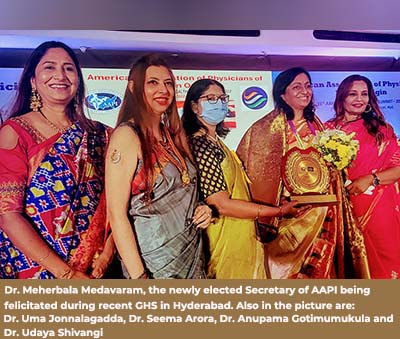 Dr. Satheesh Kathula, who won the election to be the next Vice President of AAPI, said, “I am humbled and honored to be bestowed with this responsibility and will work to the greatest of my abilities to reach our goals, addressing the challenges, and advance the issues important to our members. We will work together to promote our values of professionalism, collegiality, and excellence in patient care and enhance AAPI’s reputation as a premier professional organization offering educational programs and advocacy.”
Dr. Satheesh Kathula, who won the election to be the next Vice President of AAPI, said, “I am humbled and honored to be bestowed with this responsibility and will work to the greatest of my abilities to reach our goals, addressing the challenges, and advance the issues important to our members. We will work together to promote our values of professionalism, collegiality, and excellence in patient care and enhance AAPI’s reputation as a premier professional organization offering educational programs and advocacy.”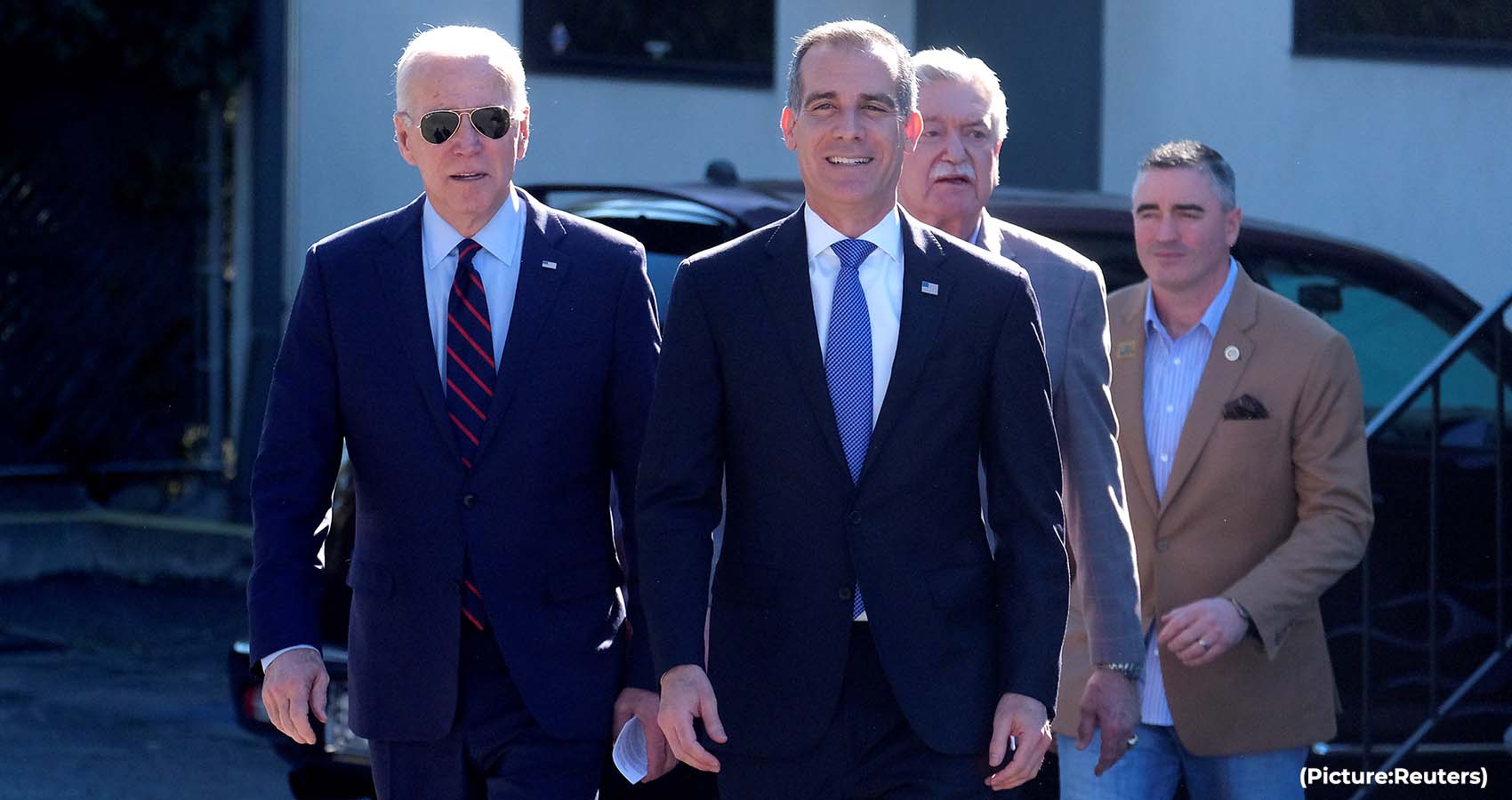
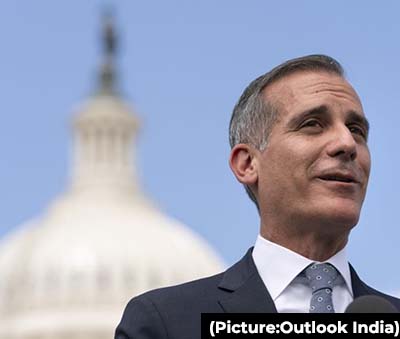 Politico reported last week that “As the US Senate considered making Garcetti emissary to the world’s biggest democracy, the consternation was initially confined to the GOP: Republican Iowa Sens. Joni Ernst and Chuck Grassley both placed holds on Garcetti’s nomination last month over allegations that Garcetti knew of sexual misconduct in his office, when he was the mayor of Los Angeles.
Politico reported last week that “As the US Senate considered making Garcetti emissary to the world’s biggest democracy, the consternation was initially confined to the GOP: Republican Iowa Sens. Joni Ernst and Chuck Grassley both placed holds on Garcetti’s nomination last month over allegations that Garcetti knew of sexual misconduct in his office, when he was the mayor of Los Angeles.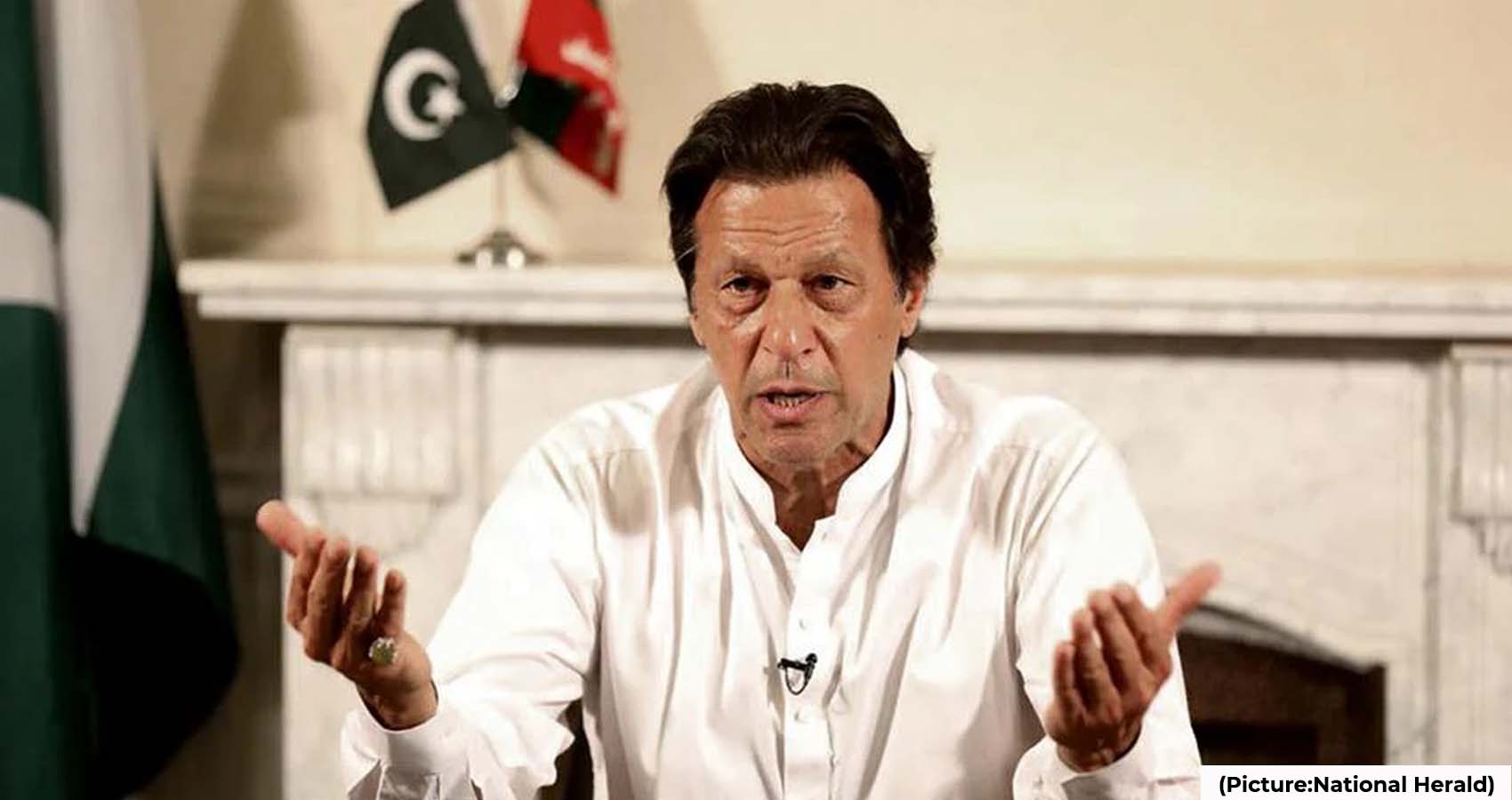
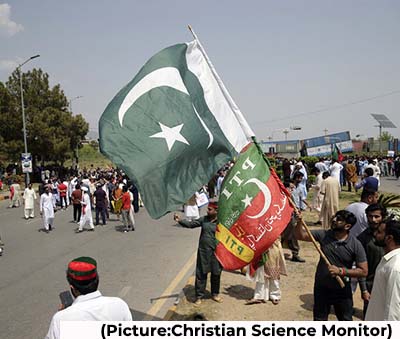 Less than a day from a no-confidence vote that will almost certainly remove him from office, Prime Minister Imran Khan of Pakistan said that he would not accept the result of the vote, dismissing it as part of an American conspiracy against him and setting the stage for the country’s political crisis to drag on far beyond Sunday, as Khan fights to remain in politics, New York Timers reported.
Less than a day from a no-confidence vote that will almost certainly remove him from office, Prime Minister Imran Khan of Pakistan said that he would not accept the result of the vote, dismissing it as part of an American conspiracy against him and setting the stage for the country’s political crisis to drag on far beyond Sunday, as Khan fights to remain in politics, New York Timers reported.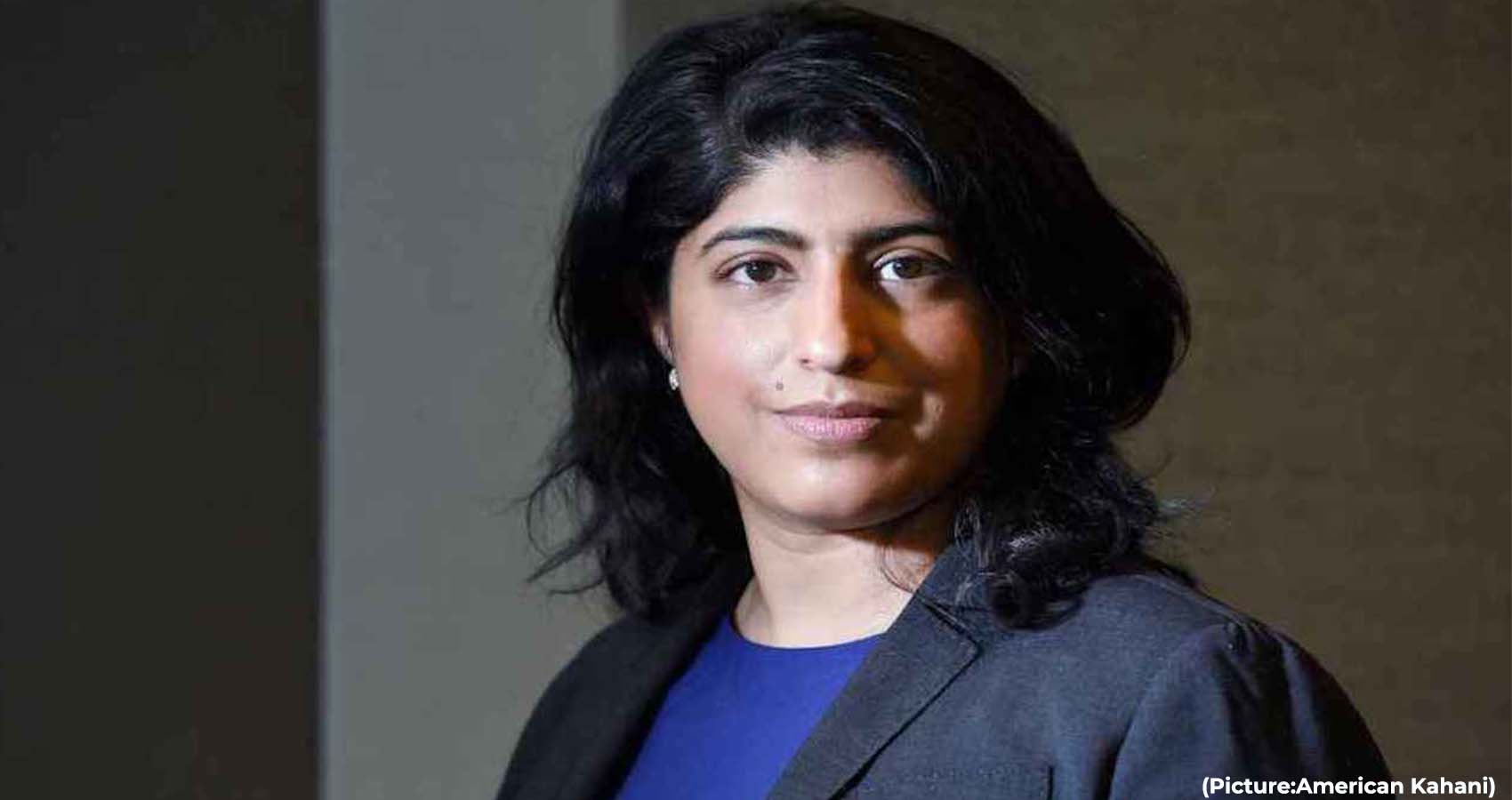
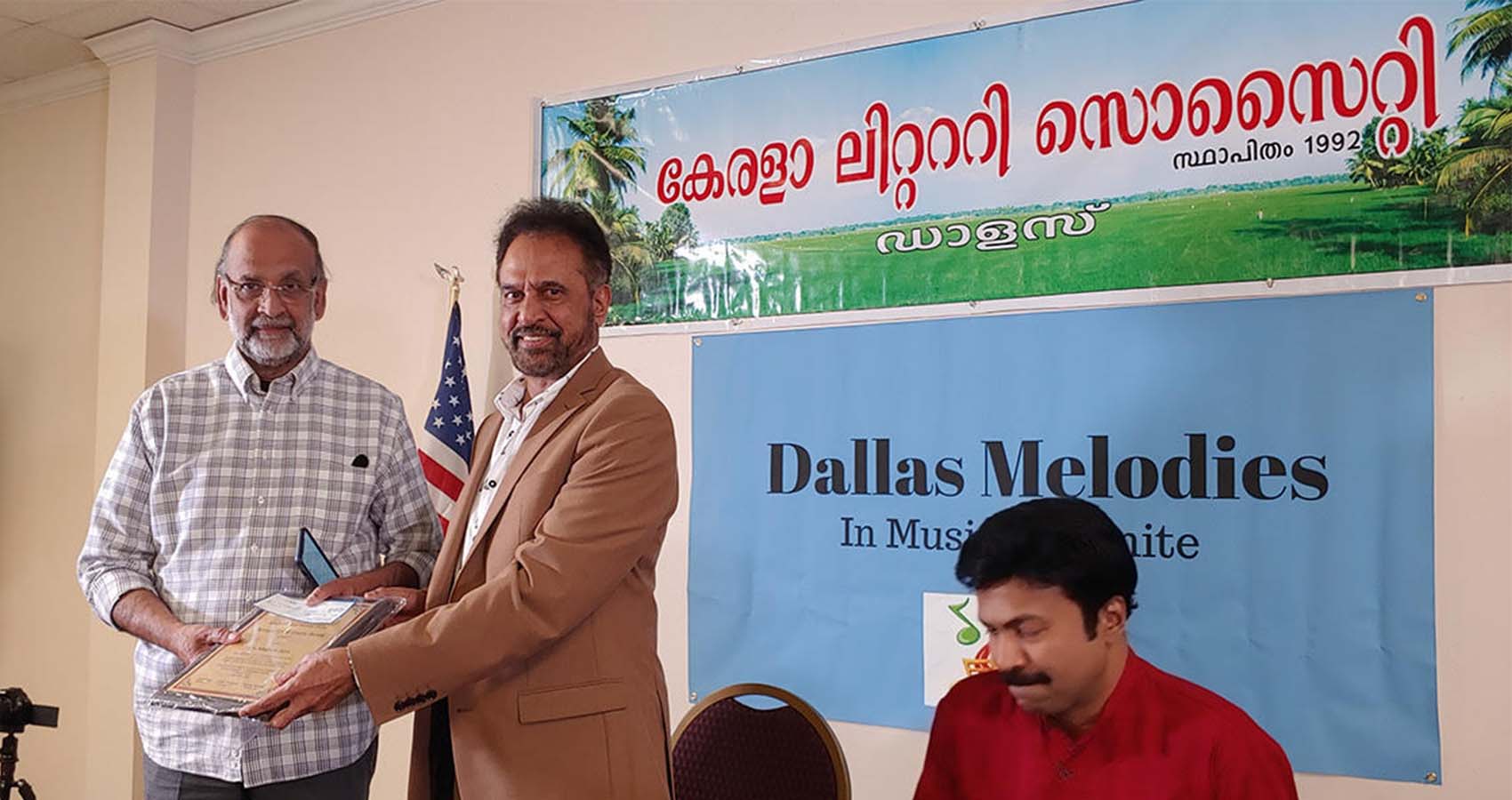
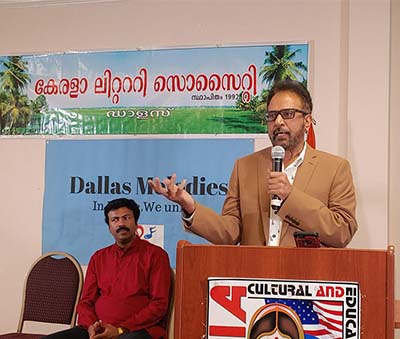 Dr. Matthew Joys is also a columnist in English and Malayalam newspapers and other periodicals. He has been writing articles on current topics, light poems, stories, and published books of his collections. His interpretation of the “Song of Songs in the Bible” named “Oh my Beloved” and collection of his selected works called “Amerikkan Aadukal “ (The American Goats) are popularly applauded by the Pravasi Literary Writers. He is also a member of the Board of Directors of the Indo-American Press Club and Executive Editor of the JaihindVartha, Editor of United News Network, and Express Herald.
Dr. Matthew Joys is also a columnist in English and Malayalam newspapers and other periodicals. He has been writing articles on current topics, light poems, stories, and published books of his collections. His interpretation of the “Song of Songs in the Bible” named “Oh my Beloved” and collection of his selected works called “Amerikkan Aadukal “ (The American Goats) are popularly applauded by the Pravasi Literary Writers. He is also a member of the Board of Directors of the Indo-American Press Club and Executive Editor of the JaihindVartha, Editor of United News Network, and Express Herald.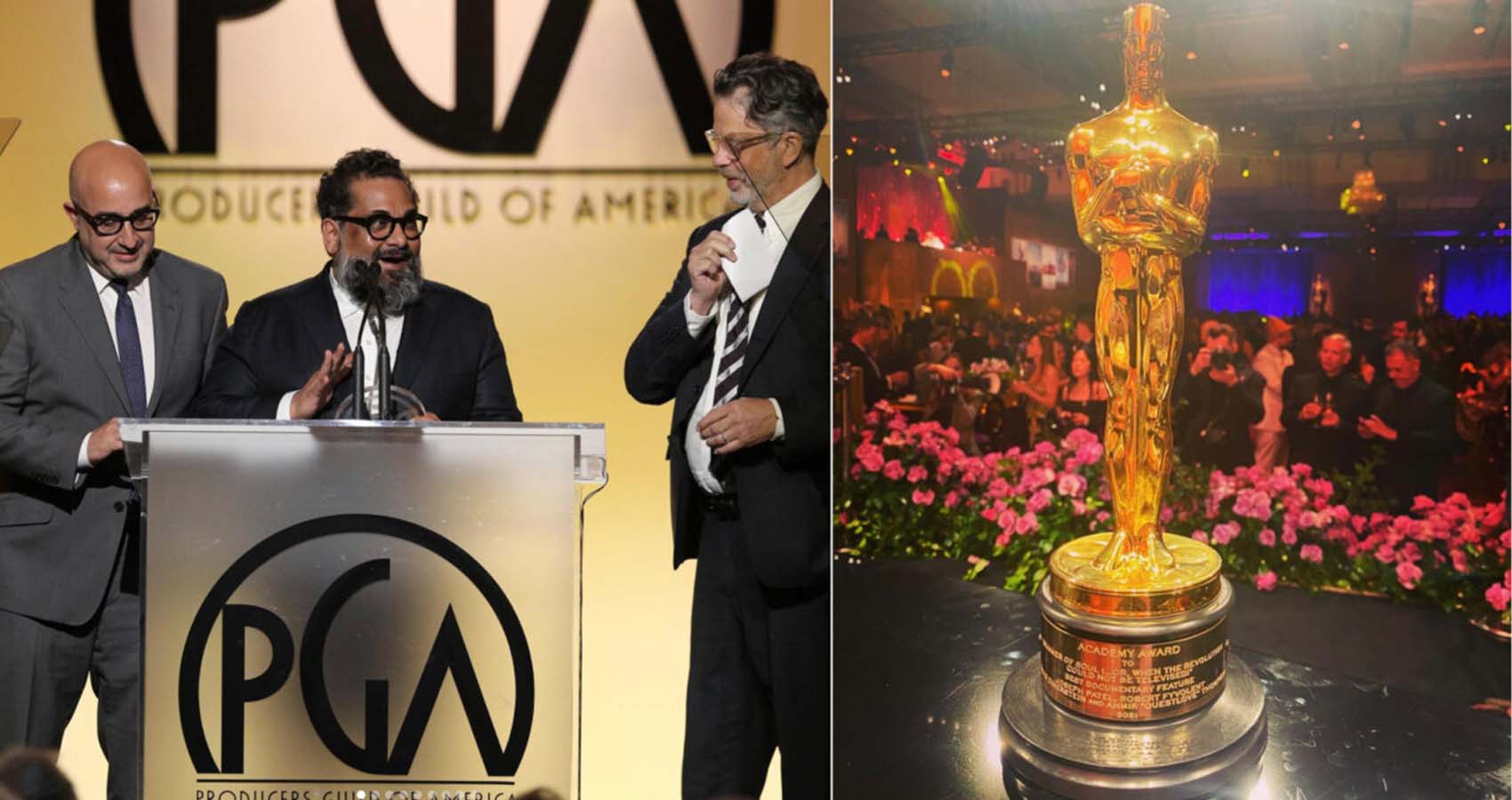
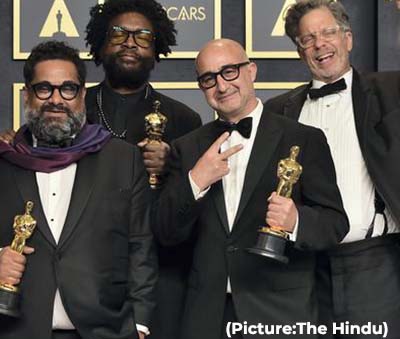 For the Indian American community centered on Bollywood and the stars who make it here, Patel may not be in the forefront of the imagination, but he has an applause worthy body of work.
For the Indian American community centered on Bollywood and the stars who make it here, Patel may not be in the forefront of the imagination, but he has an applause worthy body of work.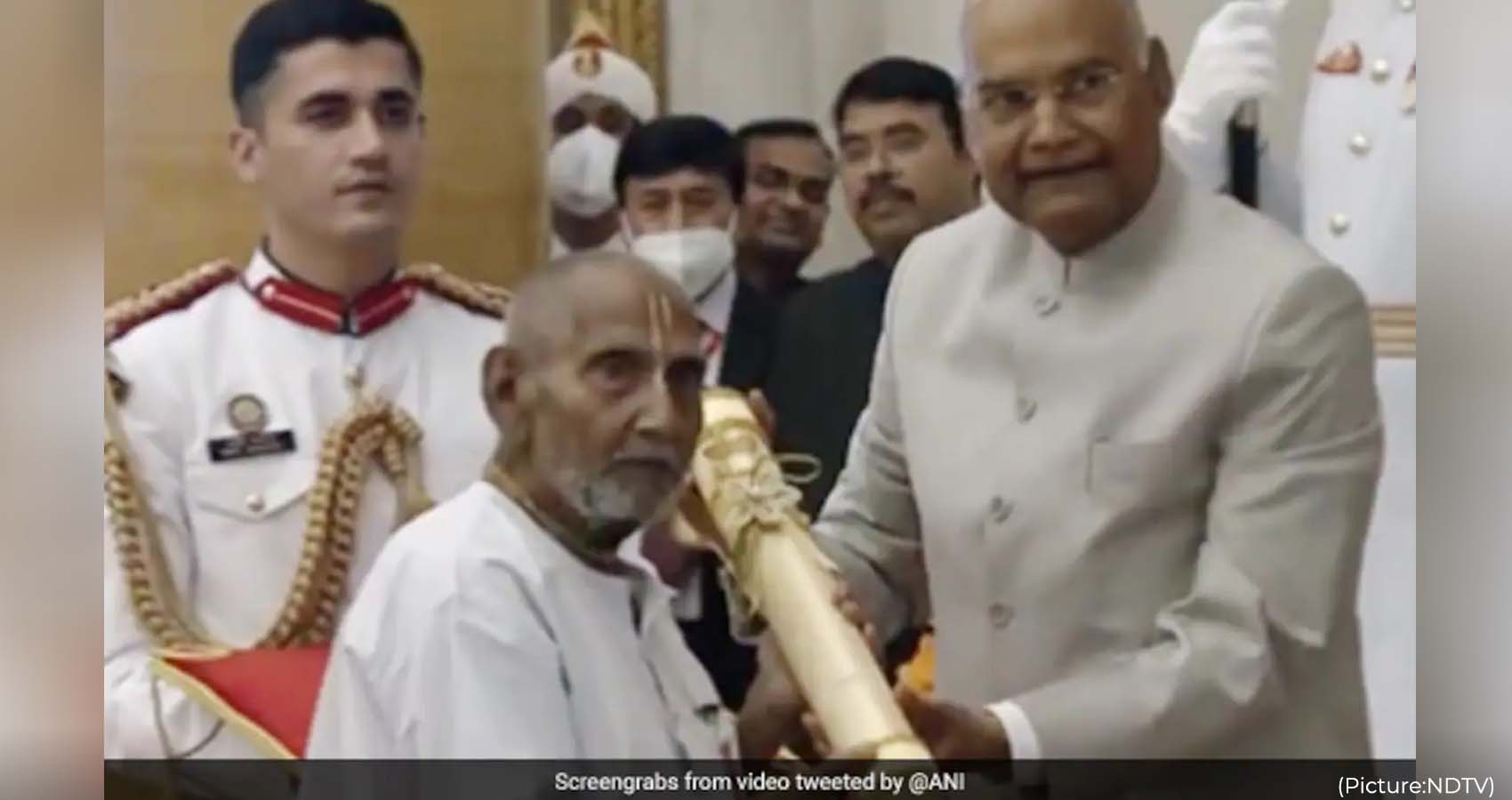

 The four-part gritty docu-series captures the innocence of childhood and the strength of perseverance in the face of parental incarceration, climate displacement, the wounds of war, and homelessness (the last being the subject of Mundhra’s award-winning episode).
The four-part gritty docu-series captures the innocence of childhood and the strength of perseverance in the face of parental incarceration, climate displacement, the wounds of war, and homelessness (the last being the subject of Mundhra’s award-winning episode).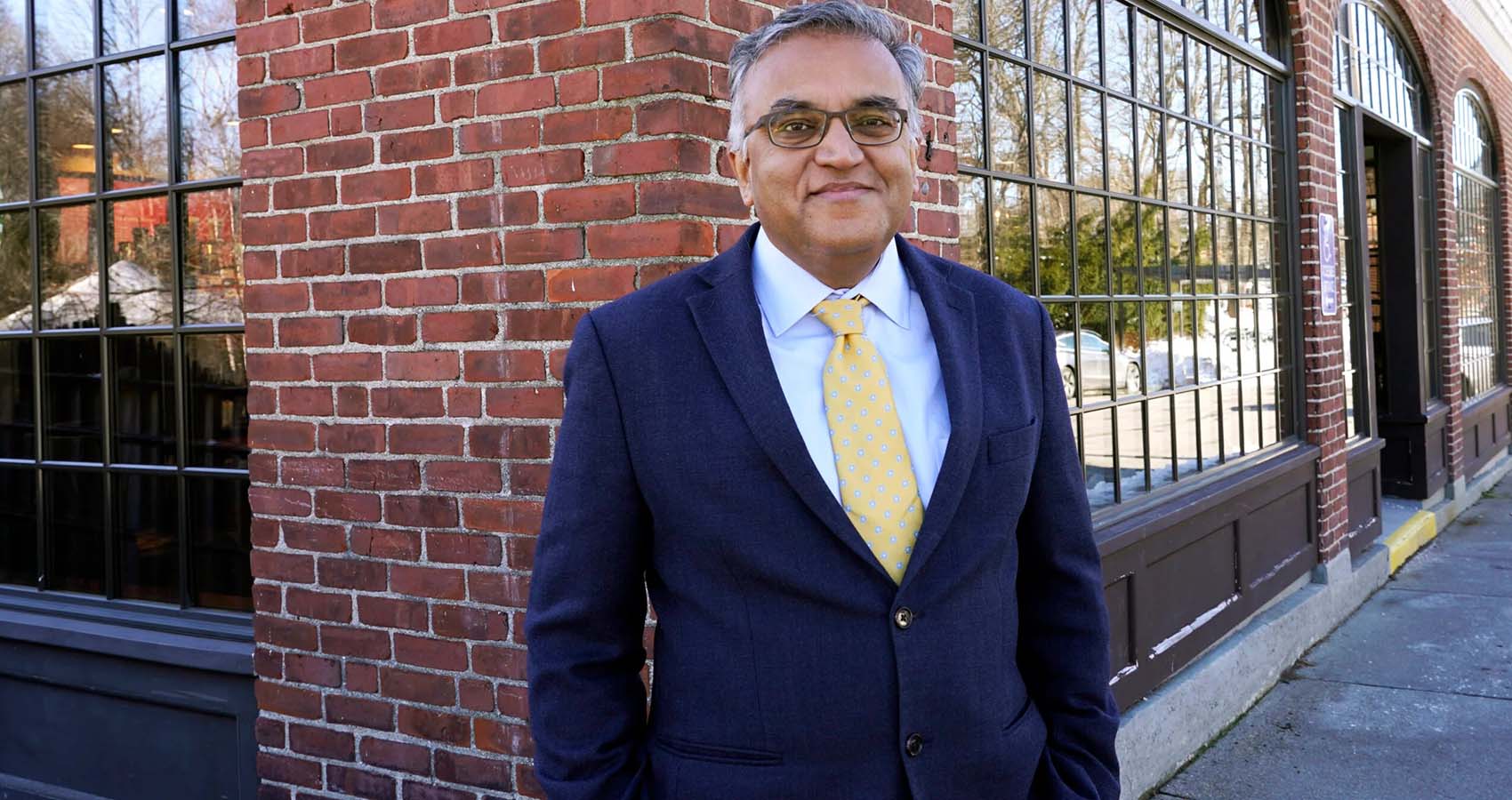
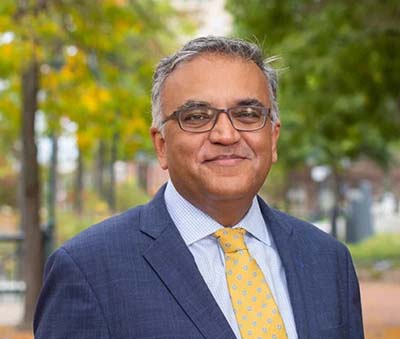 A globally recognized expert on pandemic preparedness and response as well as on health policy research and practice, Jha is the dean of the Brown University School of Public Health, and is one of the most popular experts that the media reaches out to for explaining the Covid pandemic and the efforts to control it.
A globally recognized expert on pandemic preparedness and response as well as on health policy research and practice, Jha is the dean of the Brown University School of Public Health, and is one of the most popular experts that the media reaches out to for explaining the Covid pandemic and the efforts to control it.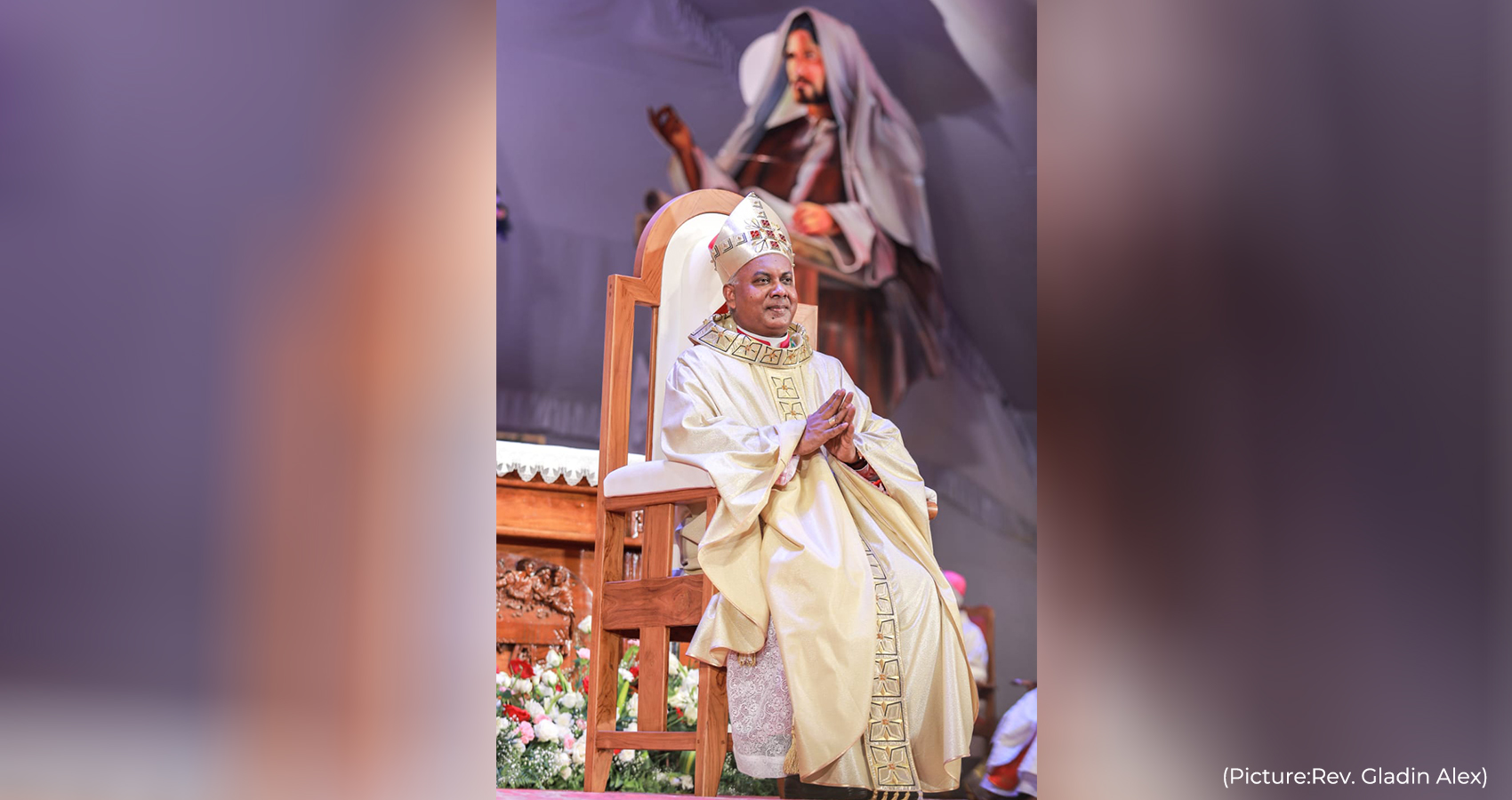
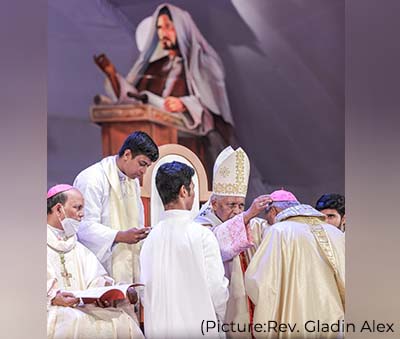 Known among his priest friends and the larger Catholic community in Kerala, the state with the maximum number of Christians in the country, having as many as 20% of the state’s population being Christian, the newly consecrated Archbishop Netto is known for his simplicity, goodness at heart, down to earth approach and cordial relationship with one and all.
Known among his priest friends and the larger Catholic community in Kerala, the state with the maximum number of Christians in the country, having as many as 20% of the state’s population being Christian, the newly consecrated Archbishop Netto is known for his simplicity, goodness at heart, down to earth approach and cordial relationship with one and all.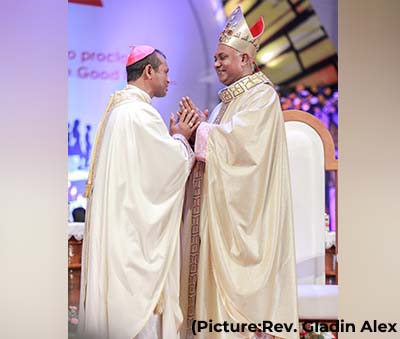 Delivering the benediction, Cardinal Baselios Cleemis Catholicos, Major Archbishop-Catholicos of Malankara Syrian Catholic Church, called upon the new Archbishop to lead the coastal population from the front for their rights and betterment. The benefactors of such efforts must not be the parishioners alone, but the entire community in the region. He also recounted the selfless deeds of the fisher-folks in rescuing those stranded in the floods of 2018.
Delivering the benediction, Cardinal Baselios Cleemis Catholicos, Major Archbishop-Catholicos of Malankara Syrian Catholic Church, called upon the new Archbishop to lead the coastal population from the front for their rights and betterment. The benefactors of such efforts must not be the parishioners alone, but the entire community in the region. He also recounted the selfless deeds of the fisher-folks in rescuing those stranded in the floods of 2018.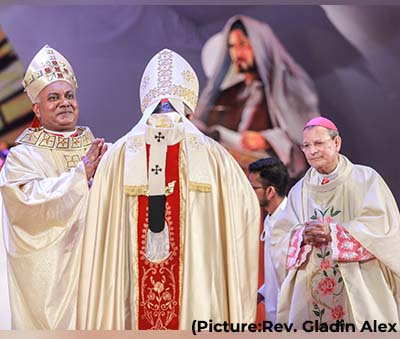 During his long pastoral ministry, serving the Church, Archbishop Netto has held the following offices: He was the parish vicar in Peringamala (1990-1991) and of the Cathedral of Palayam (1991-1995) and executive secretary for ecumenism and interreligious dialogue (1994-1995). He then served as parish priest in Pettah (1999-2003), and executive secretary for the Basic Christian Communities (2000-2004) and rector of Saint Vincent’s Minor Seminary in Trivandrum (2003-2010).
During his long pastoral ministry, serving the Church, Archbishop Netto has held the following offices: He was the parish vicar in Peringamala (1990-1991) and of the Cathedral of Palayam (1991-1995) and executive secretary for ecumenism and interreligious dialogue (1994-1995). He then served as parish priest in Pettah (1999-2003), and executive secretary for the Basic Christian Communities (2000-2004) and rector of Saint Vincent’s Minor Seminary in Trivandrum (2003-2010).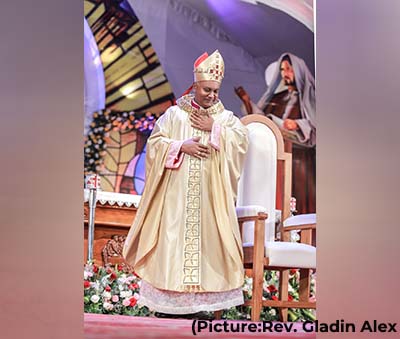 The diocese of Trivandrum was established by His Holiness Pope Pius XI on July 1, 1937 through the Bull “In Ora Malabarica” with the four taluks of Neyyantinkara, Nedumangad, Trivandrum and Chirayinkeezh bifurcated from the diocese of Quilon.
The diocese of Trivandrum was established by His Holiness Pope Pius XI on July 1, 1937 through the Bull “In Ora Malabarica” with the four taluks of Neyyantinkara, Nedumangad, Trivandrum and Chirayinkeezh bifurcated from the diocese of Quilon.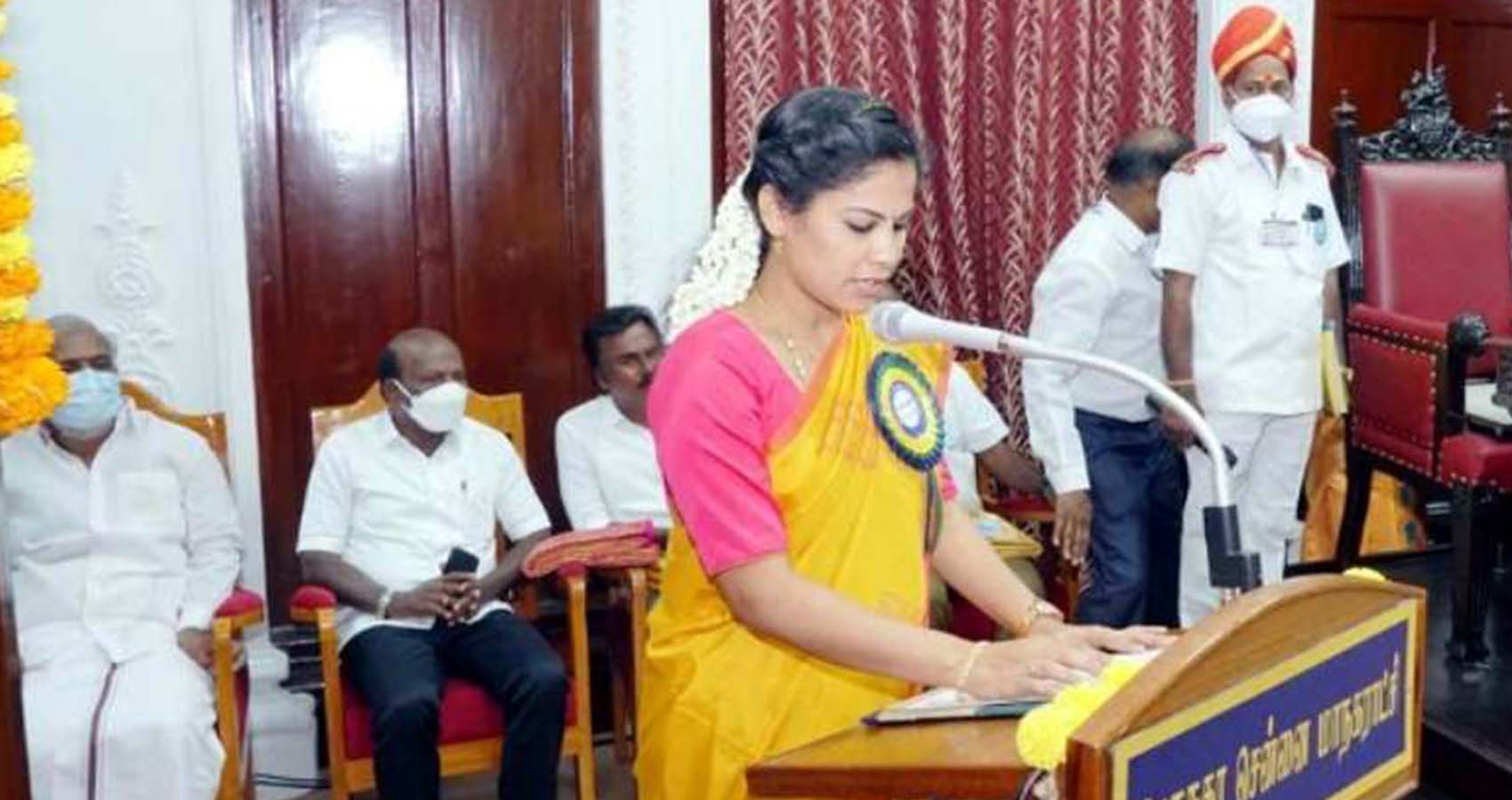
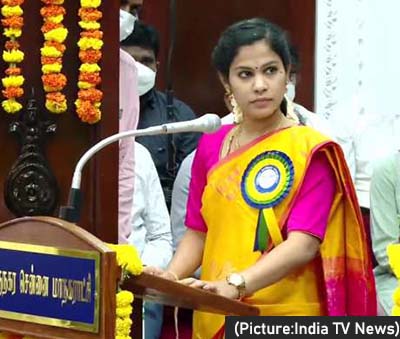 “We appreciate the state government for this bold move. I am sure more women will feel inspired by Priya Rajan,” he added.
“We appreciate the state government for this bold move. I am sure more women will feel inspired by Priya Rajan,” he added.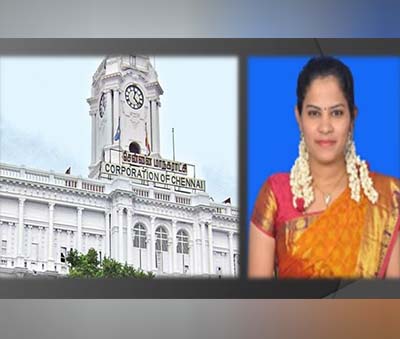 Father Swamy, a known social activist, said Rajan’s appointment “will blunt the [pro-Hindu] BJP’s communal propaganda in Tamil Nadu as it shows the willingness of Dravidian parties to uplift the Dalits.”
Father Swamy, a known social activist, said Rajan’s appointment “will blunt the [pro-Hindu] BJP’s communal propaganda in Tamil Nadu as it shows the willingness of Dravidian parties to uplift the Dalits.”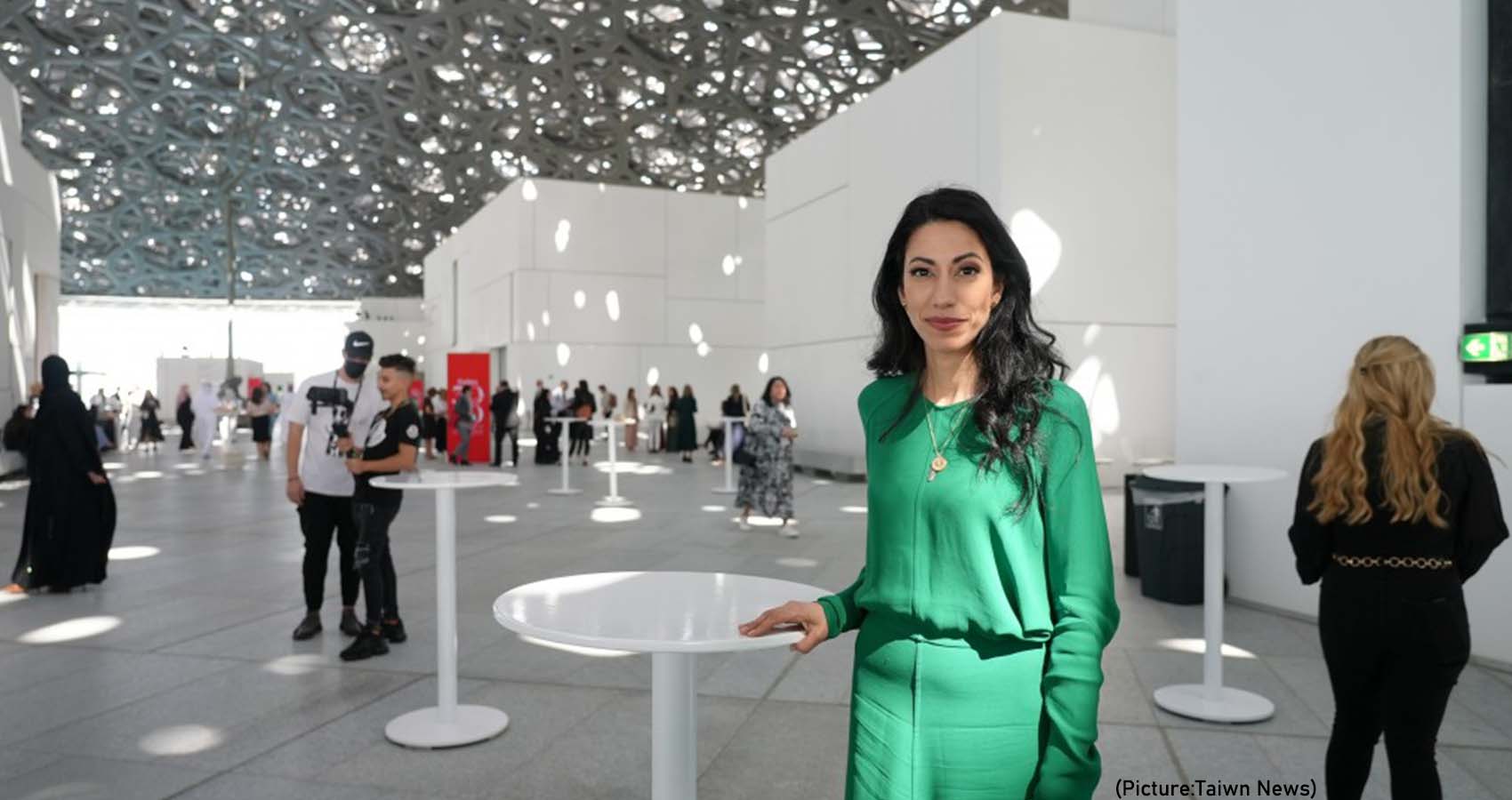
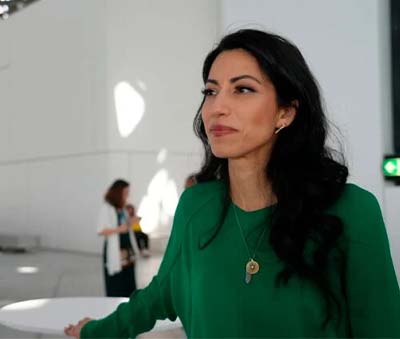 For someone content to play the supporting act, she appears comfortable now stepping out into the spotlight with her memoir titled: “Both/And: A Life in Many Worlds”, even if it means confronting the judgement and shame she’s faced over her marriage to former
For someone content to play the supporting act, she appears comfortable now stepping out into the spotlight with her memoir titled: “Both/And: A Life in Many Worlds”, even if it means confronting the judgement and shame she’s faced over her marriage to former 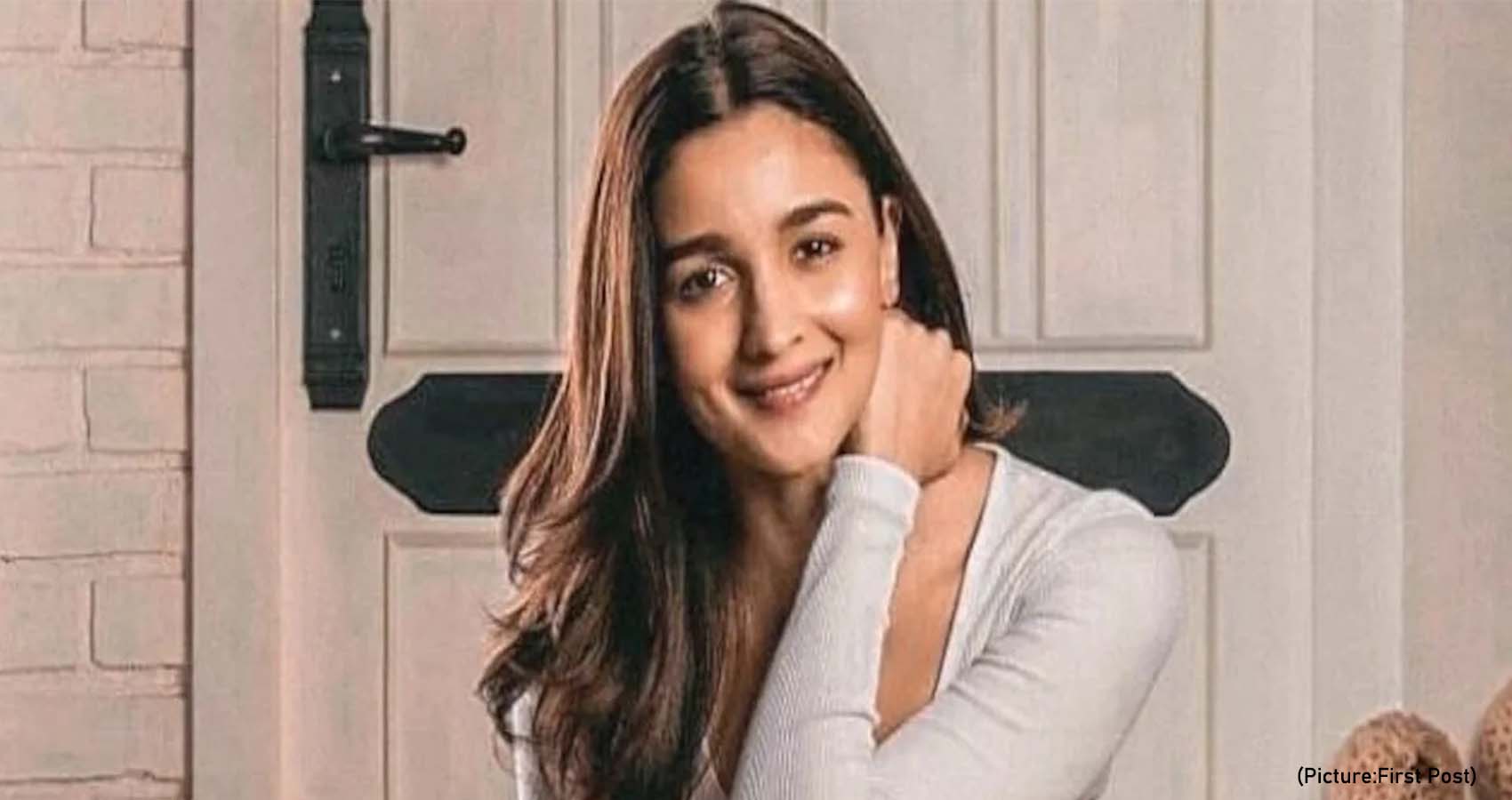
 Recognizing her international appeal (including over 60M followers on Instagram), the Academy inducted her into its 2020 class.
Recognizing her international appeal (including over 60M followers on Instagram), the Academy inducted her into its 2020 class.
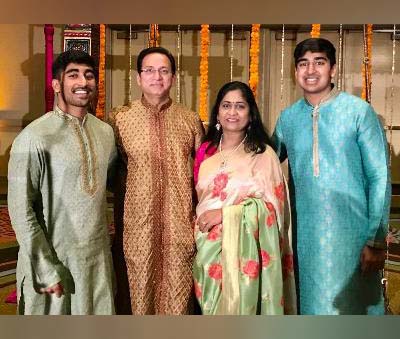 As AAPI Treasurer last year, he is proud to report that he played a key role in raising and distributing over $5.5 million for Covid relief in India. He is also Chair of Adopt a Village Committee, for a program launched last year to adopt 75 villages in India for free health screening of non-communicable diseases such as diabetes, hypertension, chronic kidney disease, anemia, hypoxemia and malnutrition.
As AAPI Treasurer last year, he is proud to report that he played a key role in raising and distributing over $5.5 million for Covid relief in India. He is also Chair of Adopt a Village Committee, for a program launched last year to adopt 75 villages in India for free health screening of non-communicable diseases such as diabetes, hypertension, chronic kidney disease, anemia, hypoxemia and malnutrition.
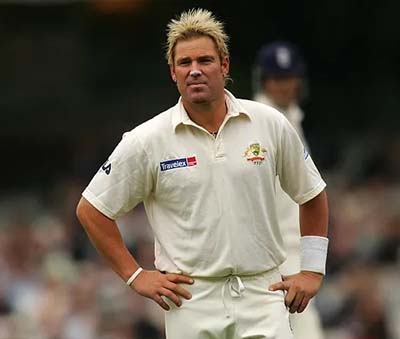 Warne captained Hampshire for four seasons during a spell with the county from 2000 to 2007, and they named a stand after him at their Ageas Bowl ground in 2012.
Warne captained Hampshire for four seasons during a spell with the county from 2000 to 2007, and they named a stand after him at their Ageas Bowl ground in 2012.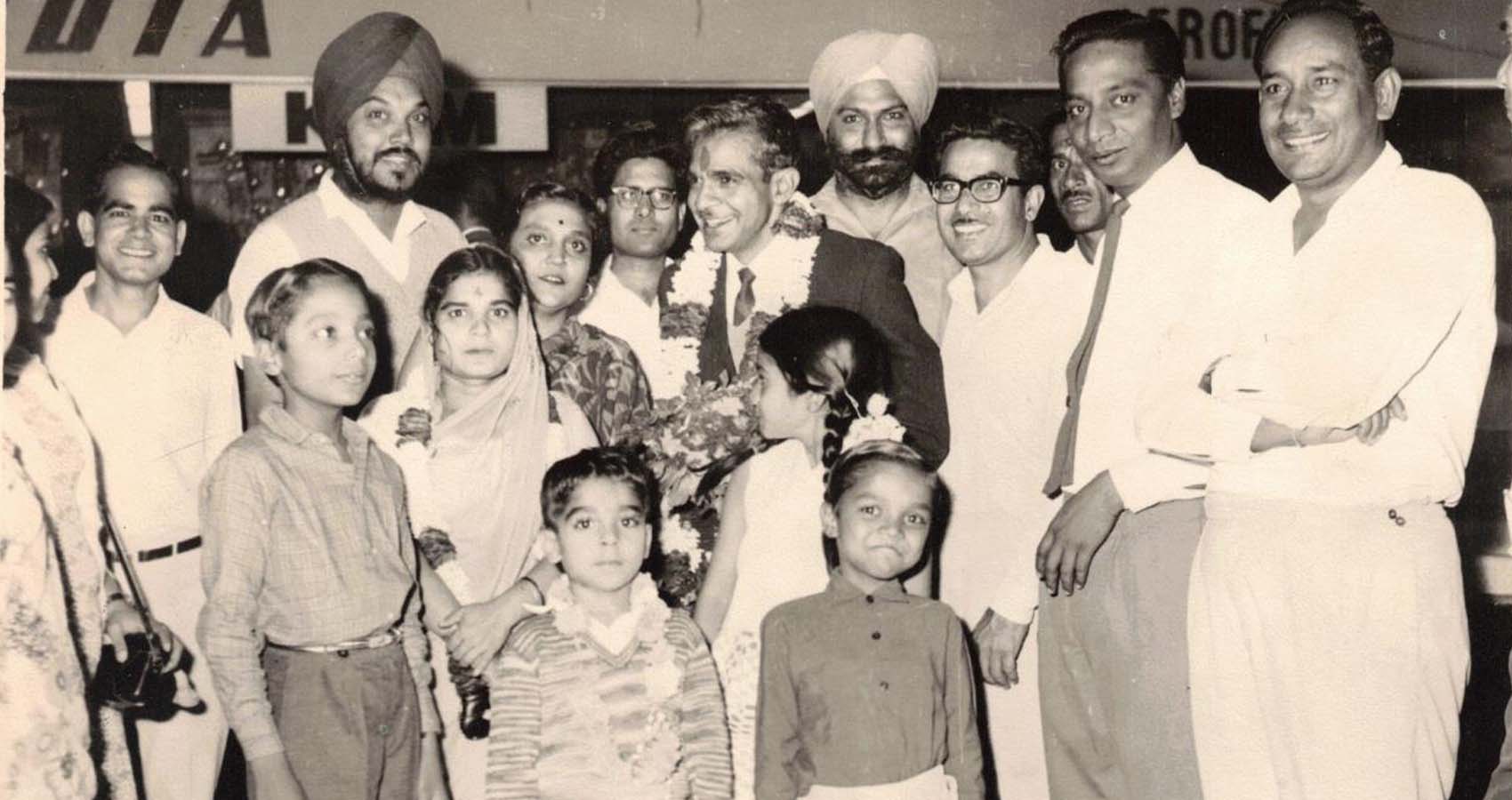
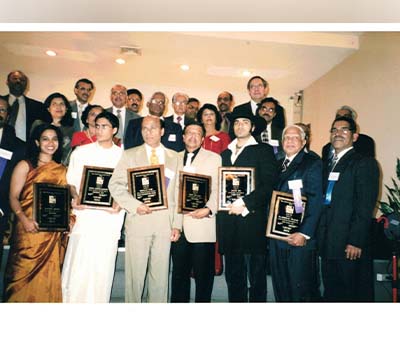 I completed my Honors and Master’s in Economics from Delhi University. Our eldest brother, Rameshwar Dayal, (RD) completed his
I completed my Honors and Master’s in Economics from Delhi University. Our eldest brother, Rameshwar Dayal, (RD) completed his 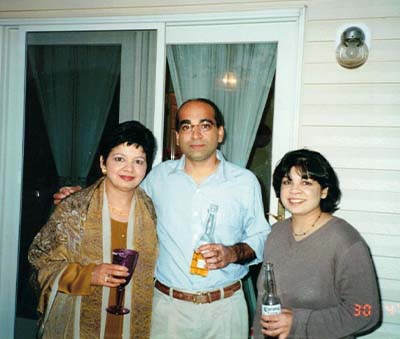 In 1955. the Ford Foundation provided financial support to start a pilot project in Urban Community Development (UCD). It was headed by Mr. Chatterjee, as Director, who had been in touch with Ford Foundation Consultant, Dr. Marshall Clinard. UCD worked in collaboration with BSS, Mr. Chatterjee asked Mr. Brij Krishan Chandiwala, BSS Convener, that he would like to hire me as a Research Associate. And he asked his opinion also about my work ethics etc. The offices of UCD and BSS were just a block apart in New Delhi.
In 1955. the Ford Foundation provided financial support to start a pilot project in Urban Community Development (UCD). It was headed by Mr. Chatterjee, as Director, who had been in touch with Ford Foundation Consultant, Dr. Marshall Clinard. UCD worked in collaboration with BSS, Mr. Chatterjee asked Mr. Brij Krishan Chandiwala, BSS Convener, that he would like to hire me as a Research Associate. And he asked his opinion also about my work ethics etc. The offices of UCD and BSS were just a block apart in New Delhi.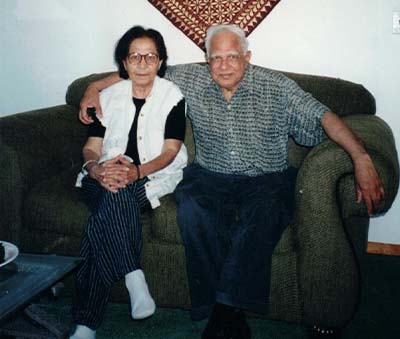 Since the UCD office was in Connaught Place, almost all those who worked for the survey of slums of Delhi remained in touch with one another. During evening they all (about ten) used to meet in Cannaught Place and sit on the lawn as we had no office. I was always there and led the group. We always thought of doing something productive as all of us were fully employed.
Since the UCD office was in Connaught Place, almost all those who worked for the survey of slums of Delhi remained in touch with one another. During evening they all (about ten) used to meet in Cannaught Place and sit on the lawn as we had no office. I was always there and led the group. We always thought of doing something productive as all of us were fully employed.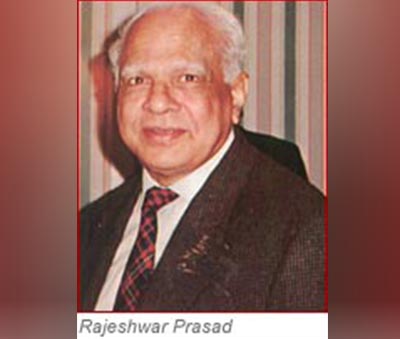 Around 2004-05, my wife was suspected to have Alzheimer’s which was later ruled out. However, she started signs of weakness, forgetfulness and it was not possible to leave her home alone. With the help from various agencies in home care and other areas we were able to carry on for about five years or so. My wife and I knew about Shantiniketan (SN) in Tavares, Florida. Around the same time My oldest daughter Monica and her husband, Madan Gupta, were in Orlando related to their business. On my request they visited SN.
Around 2004-05, my wife was suspected to have Alzheimer’s which was later ruled out. However, she started signs of weakness, forgetfulness and it was not possible to leave her home alone. With the help from various agencies in home care and other areas we were able to carry on for about five years or so. My wife and I knew about Shantiniketan (SN) in Tavares, Florida. Around the same time My oldest daughter Monica and her husband, Madan Gupta, were in Orlando related to their business. On my request they visited SN.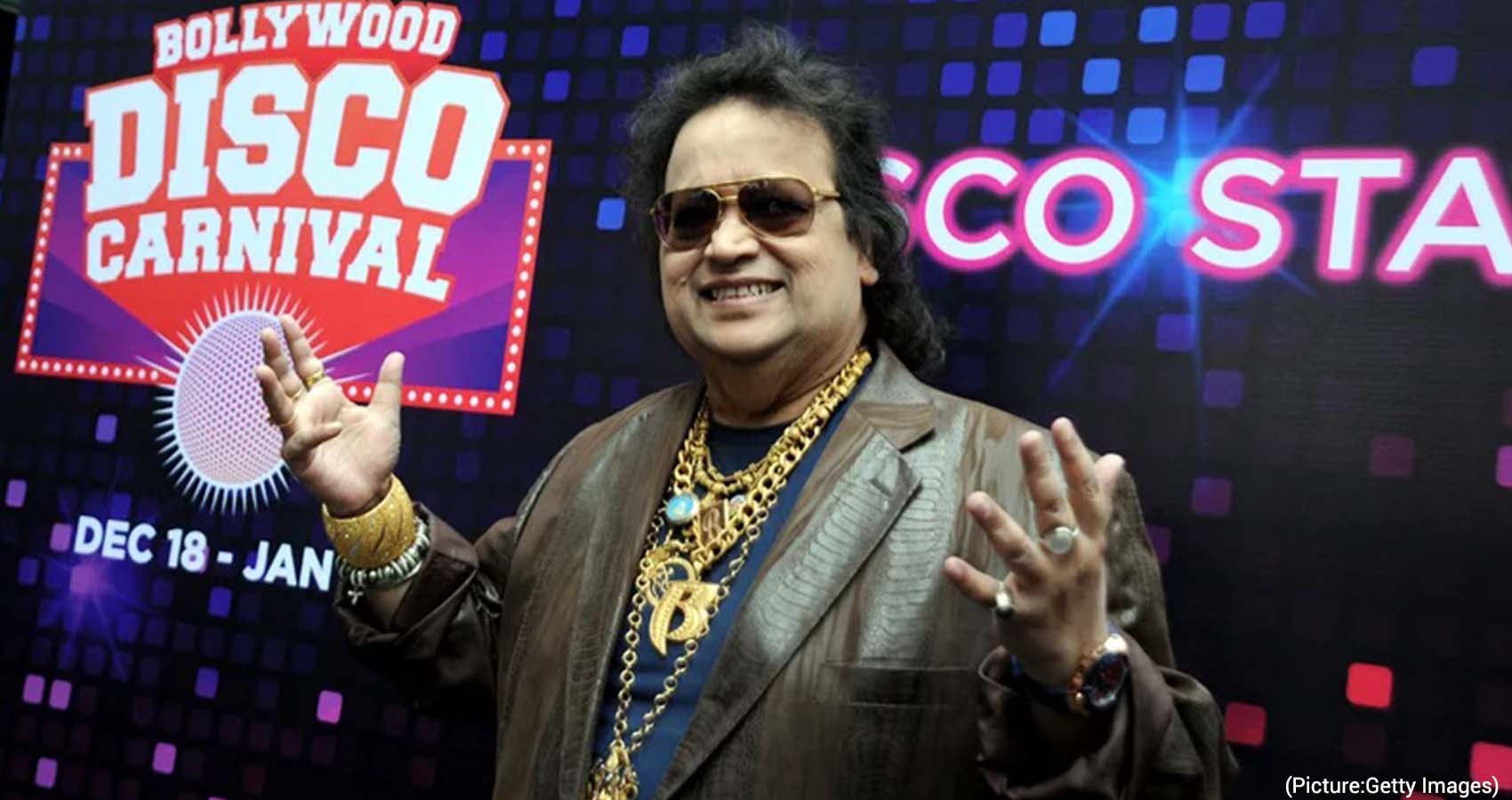
 He arrived’ on the musical scene in a crescendo with ‘Zakhmee’ (1975) for which he composed music and also sang, pushing him to upper echelons at a very young age of barely 22.
He arrived’ on the musical scene in a crescendo with ‘Zakhmee’ (1975) for which he composed music and also sang, pushing him to upper echelons at a very young age of barely 22.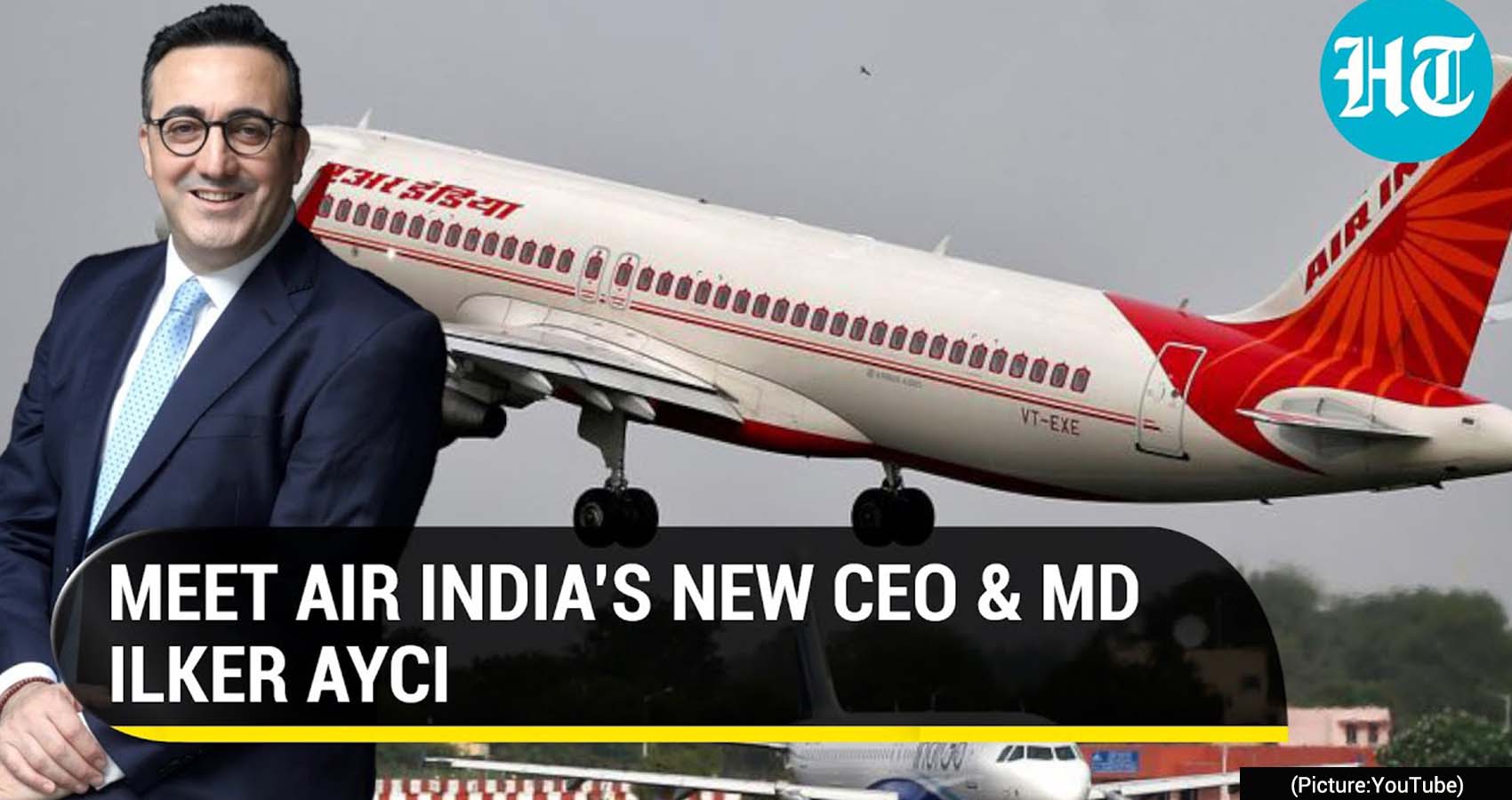
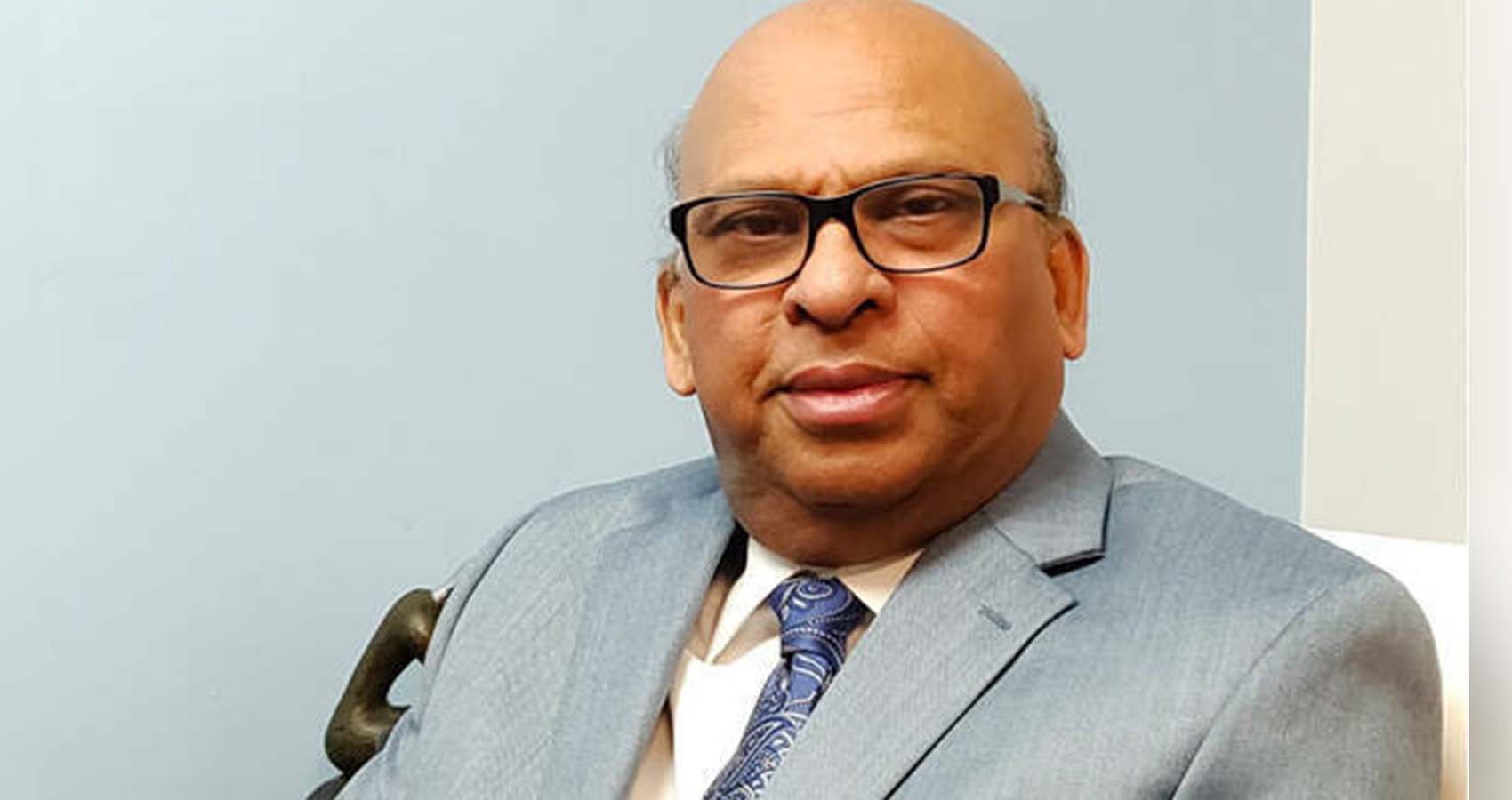
 Madhavan B Nair was born and raised in Neyyattinkara, located to the south of capital city Trivandrum of Kerala State. He is from Thalakulam Kunnakode family and born to Rajyasree Bhaskara Pillai and Rugmini Amma. His father Rajyasree Bhaskara Pillai was a freedom fighter, Editor and Publisher of Rajyasree Newspaper during that period. He completed his Primary, Middle and Higher Secondary schooling from Government School, Neyyattinkara; St. Mary’s School, Pattom and Government High School, Kattathurai respectively.
Madhavan B Nair was born and raised in Neyyattinkara, located to the south of capital city Trivandrum of Kerala State. He is from Thalakulam Kunnakode family and born to Rajyasree Bhaskara Pillai and Rugmini Amma. His father Rajyasree Bhaskara Pillai was a freedom fighter, Editor and Publisher of Rajyasree Newspaper during that period. He completed his Primary, Middle and Higher Secondary schooling from Government School, Neyyattinkara; St. Mary’s School, Pattom and Government High School, Kattathurai respectively.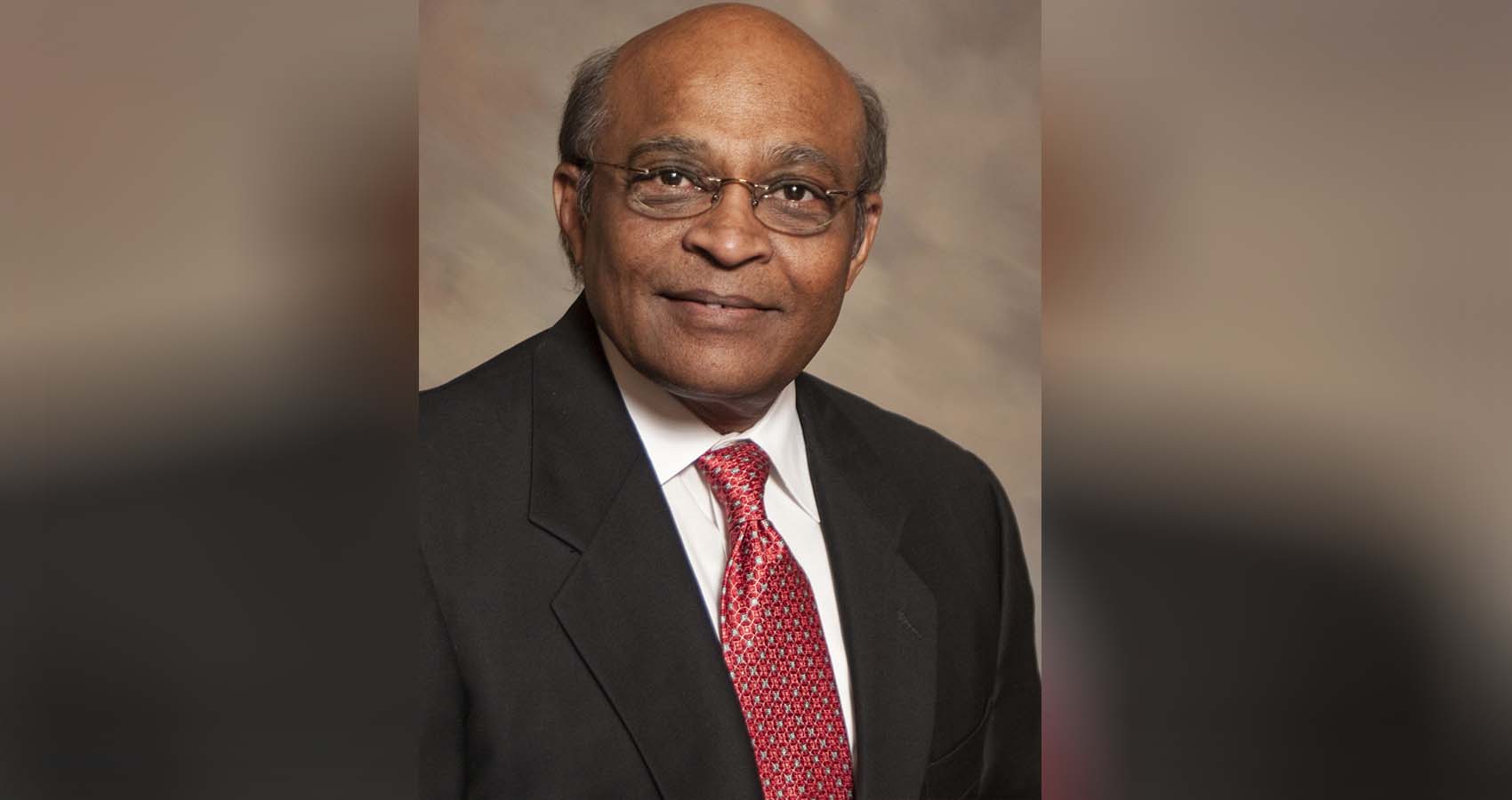
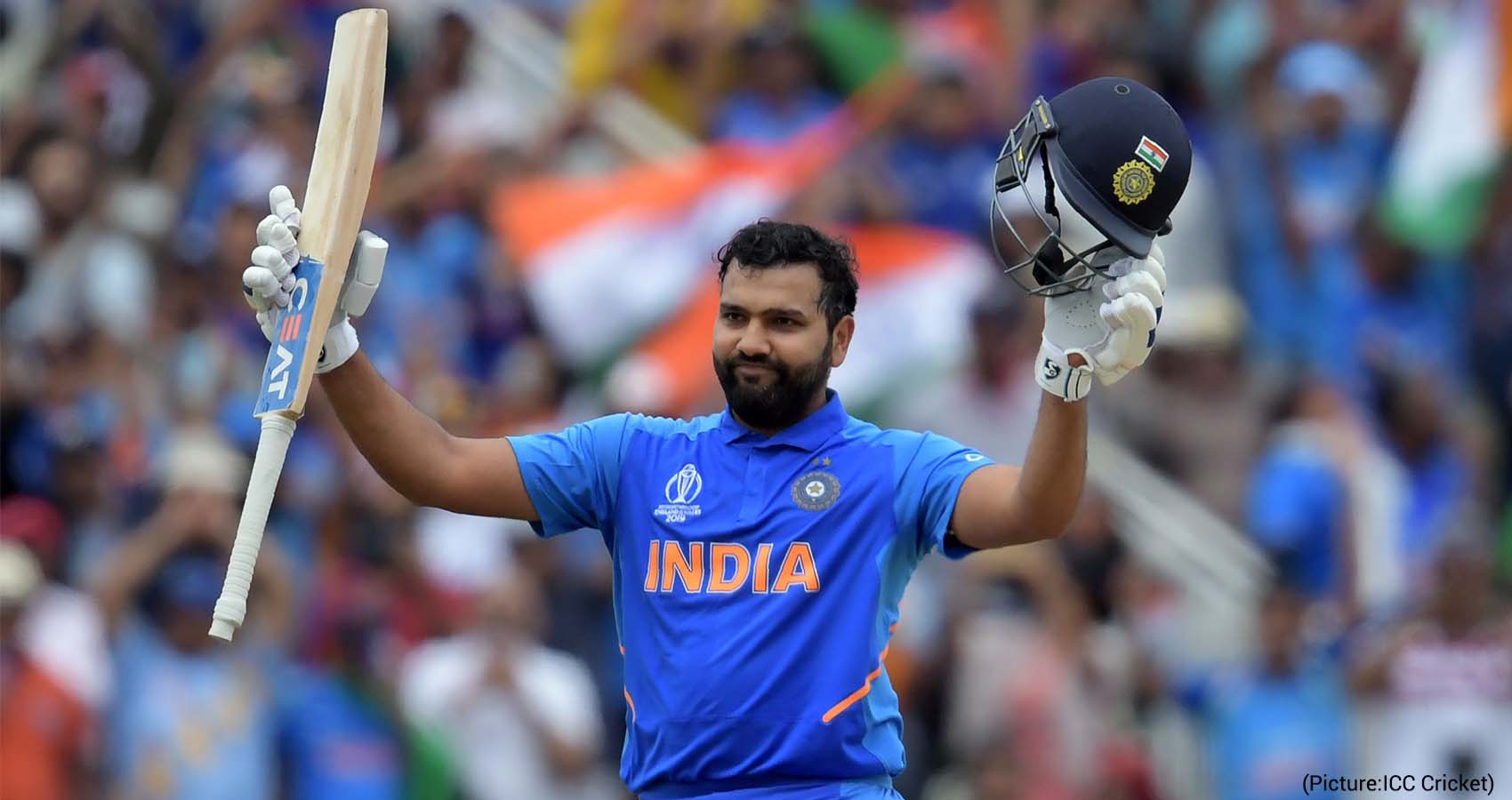
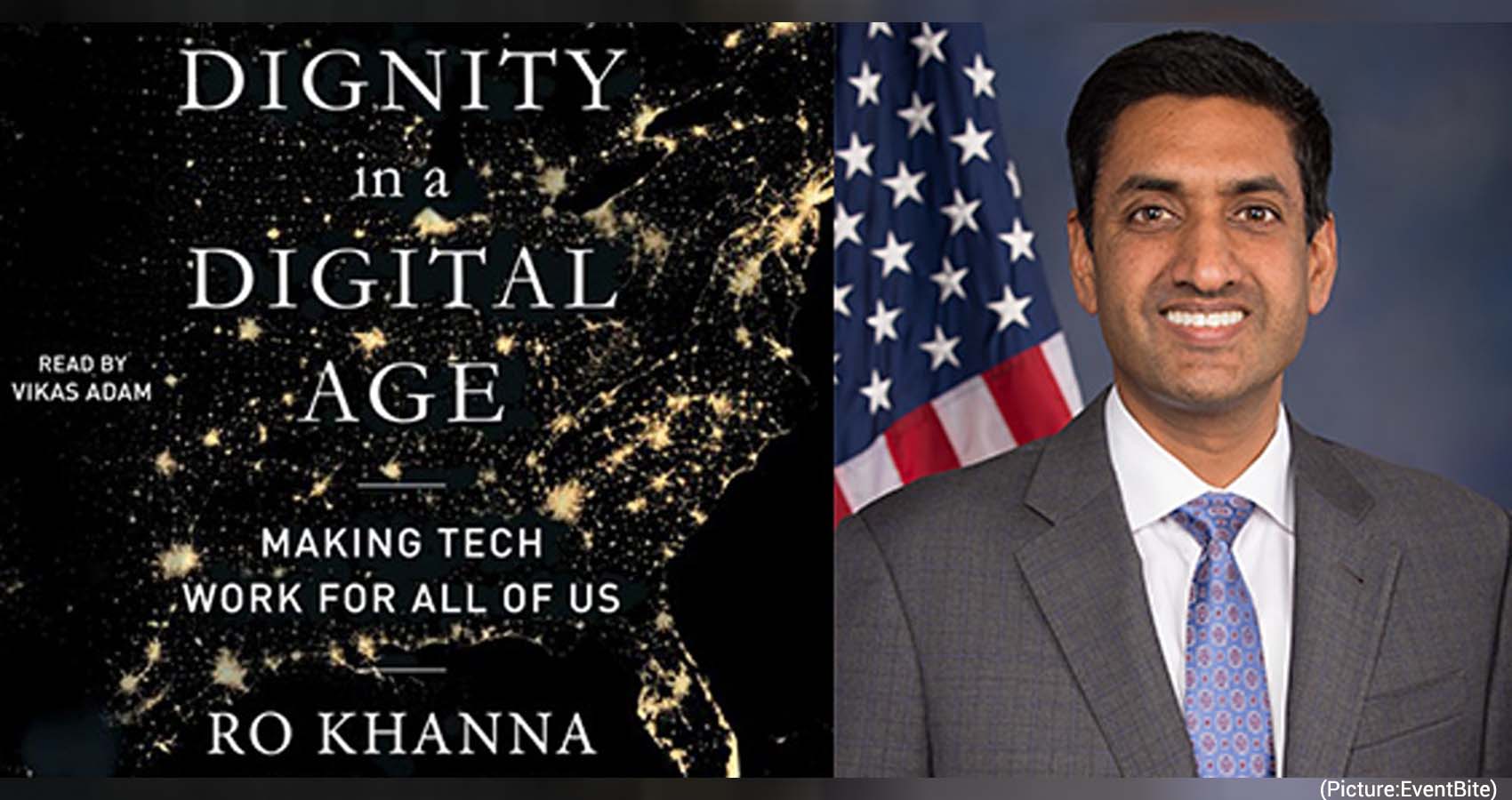

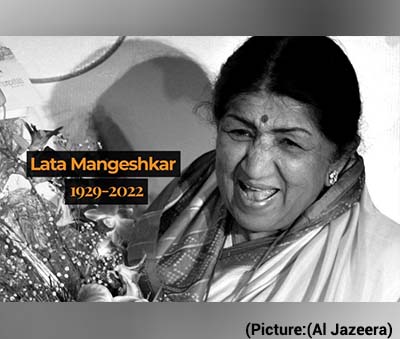 Mangeshkar, or Lata Didi, as she was fondly called, came from a household that worshipped music. Her father Dinanath Mangeshkar was a towering personality in Marathi theatre. He acted, produced and sang songs in plays that would change the face of Marathi theatre. He was one of the foremost exponents of Natya Sangeet and an accomplished Hindustani classical singer. His mother Yesubai, an accomplished singer from the devadasi community, was one of Portuguese India’s (now Goa) most famous temple singers and dancers.
Mangeshkar, or Lata Didi, as she was fondly called, came from a household that worshipped music. Her father Dinanath Mangeshkar was a towering personality in Marathi theatre. He acted, produced and sang songs in plays that would change the face of Marathi theatre. He was one of the foremost exponents of Natya Sangeet and an accomplished Hindustani classical singer. His mother Yesubai, an accomplished singer from the devadasi community, was one of Portuguese India’s (now Goa) most famous temple singers and dancers.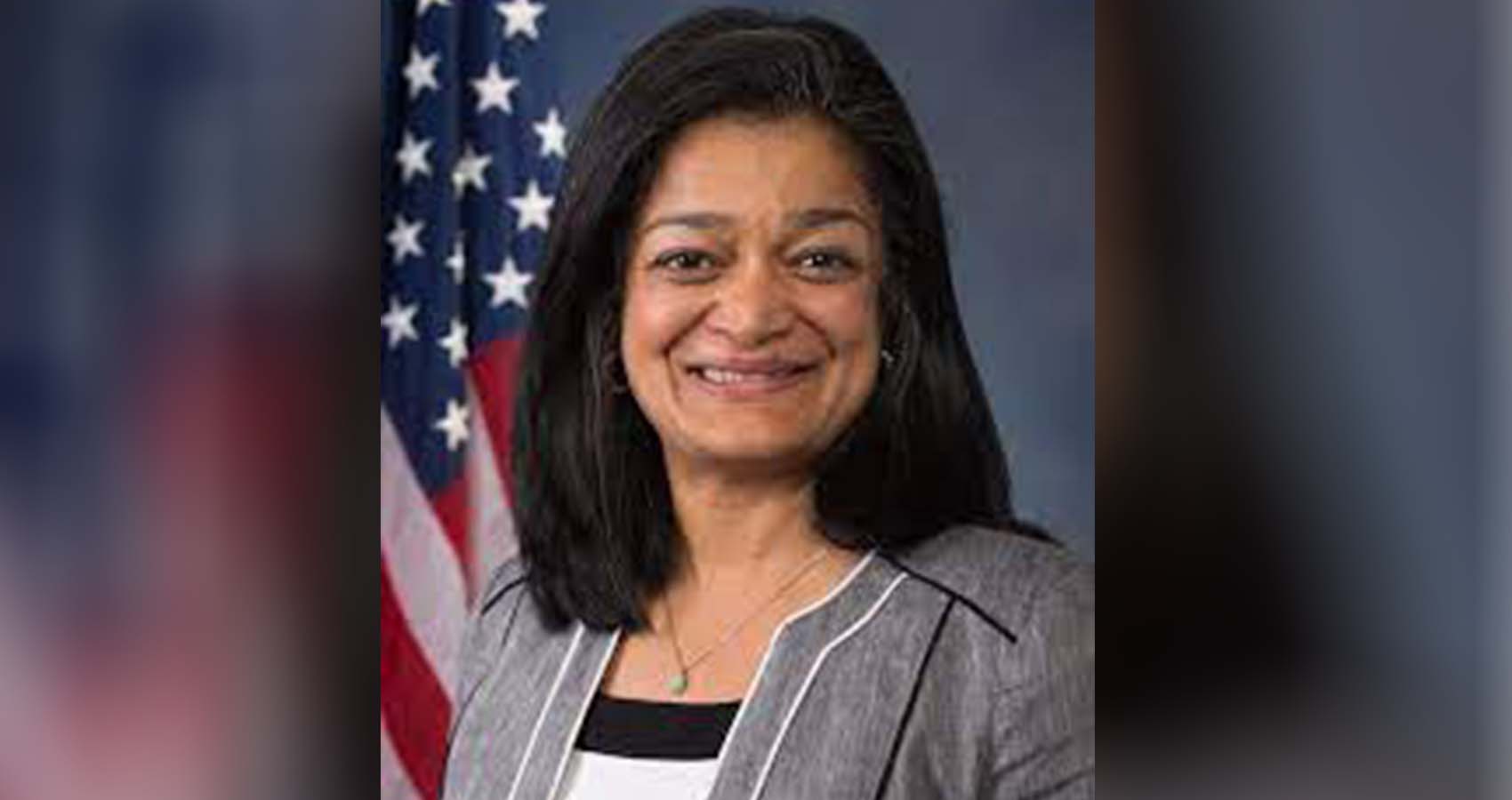
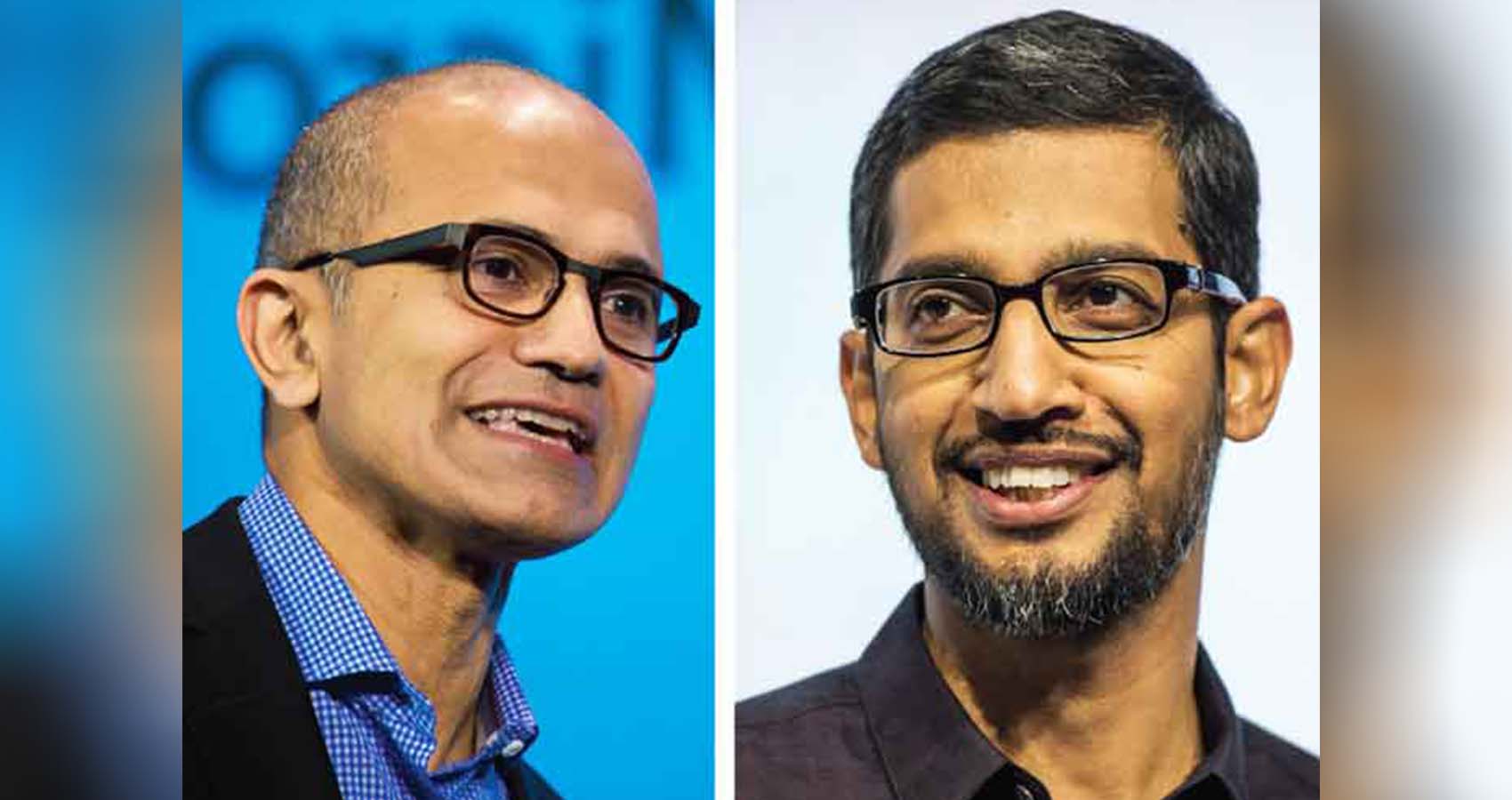
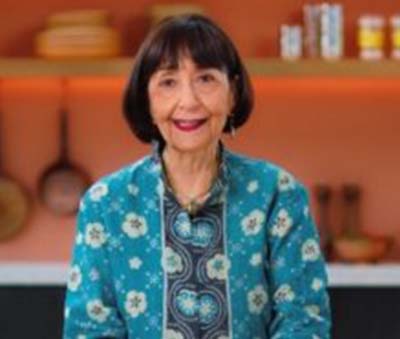 On the other hand, a report in MoneyControl stated that Pichai had issued a statement saying, “I am deeply grateful to the Padma Awards Committee, the President and Prime Minister, as well as the people of India for this honour. It’s made all the more meaningful to be among this esteemed group of individuals who have each had a profound impact on their fields and communities, and I am humbled to receive this award alongside them.”
On the other hand, a report in MoneyControl stated that Pichai had issued a statement saying, “I am deeply grateful to the Padma Awards Committee, the President and Prime Minister, as well as the people of India for this honour. It’s made all the more meaningful to be among this esteemed group of individuals who have each had a profound impact on their fields and communities, and I am humbled to receive this award alongside them.”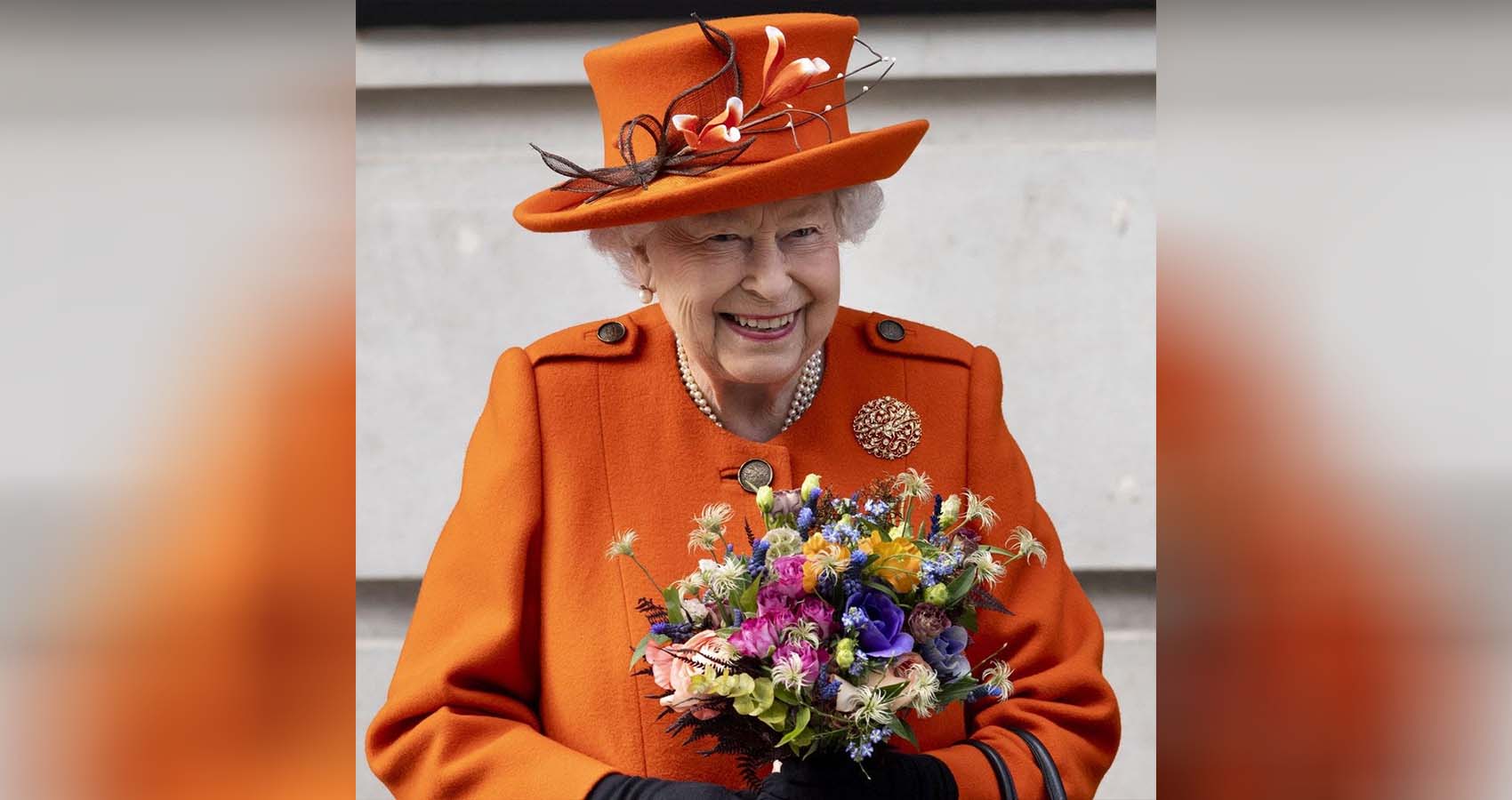

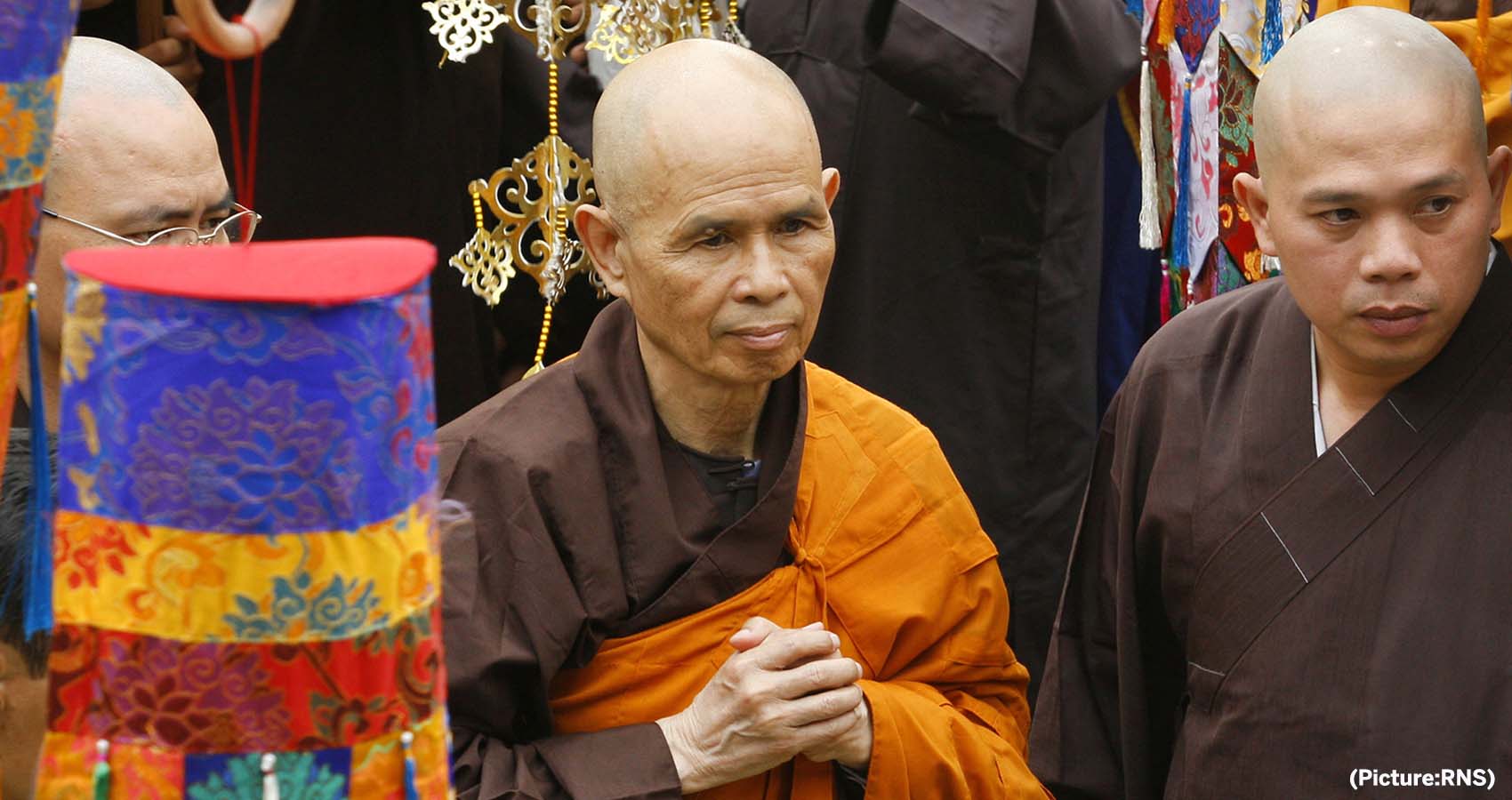
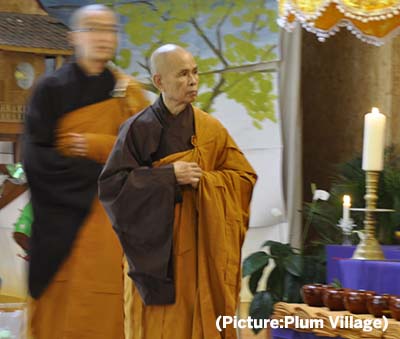 Top aides countered the rumors but admitted he was notably weaker. In 2018, Thích Nhất Hạnh returned to Tu Hiếu Temple where, at age 16, he had become a novice monk. He called it his “final homecoming.”
Top aides countered the rumors but admitted he was notably weaker. In 2018, Thích Nhất Hạnh returned to Tu Hiếu Temple where, at age 16, he had become a novice monk. He called it his “final homecoming.”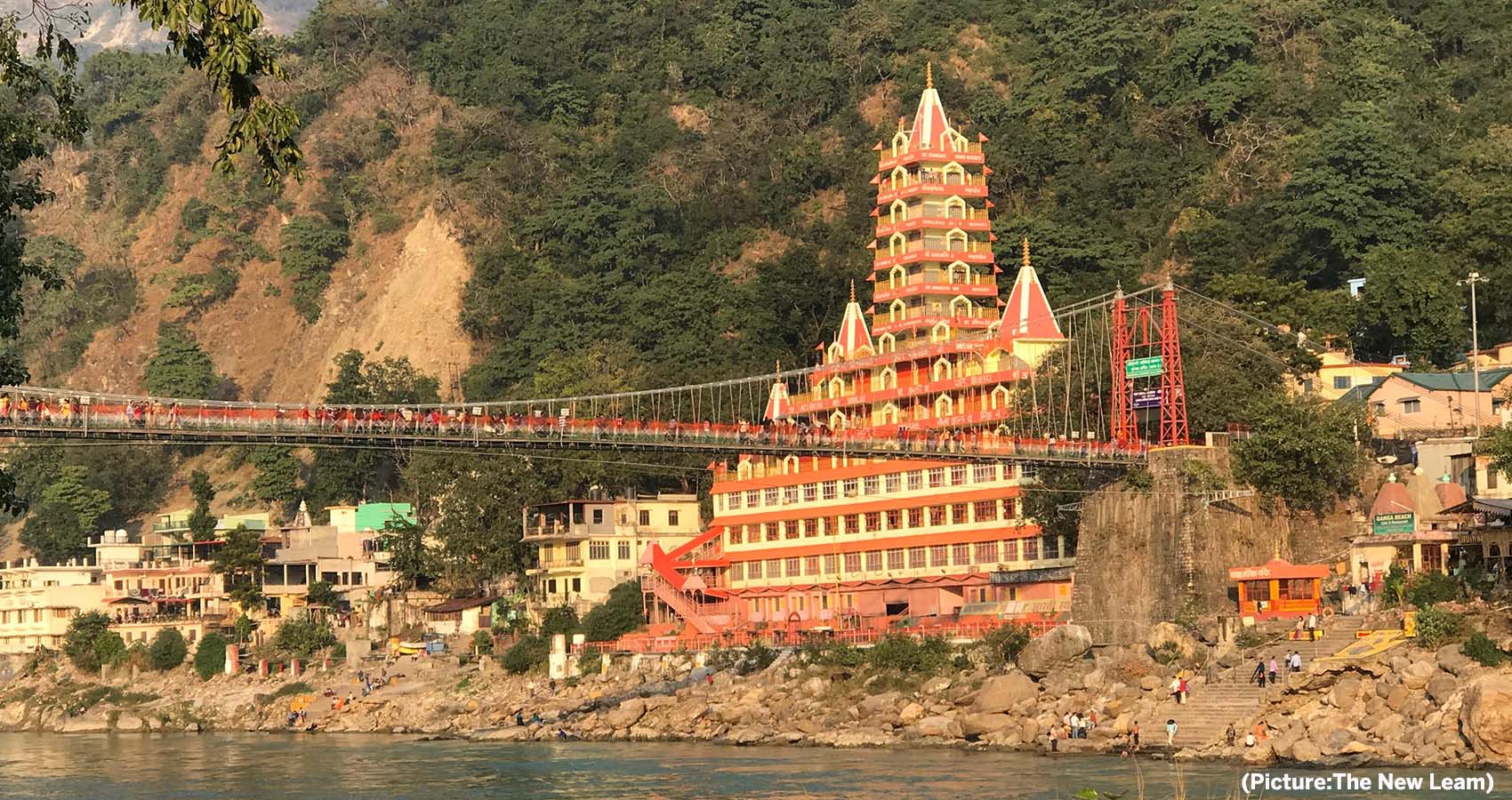
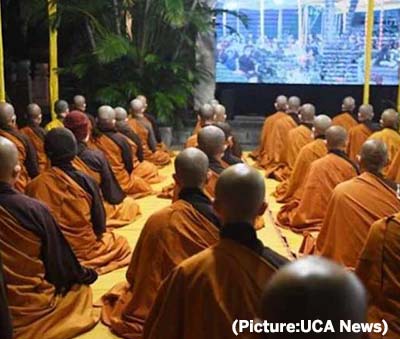
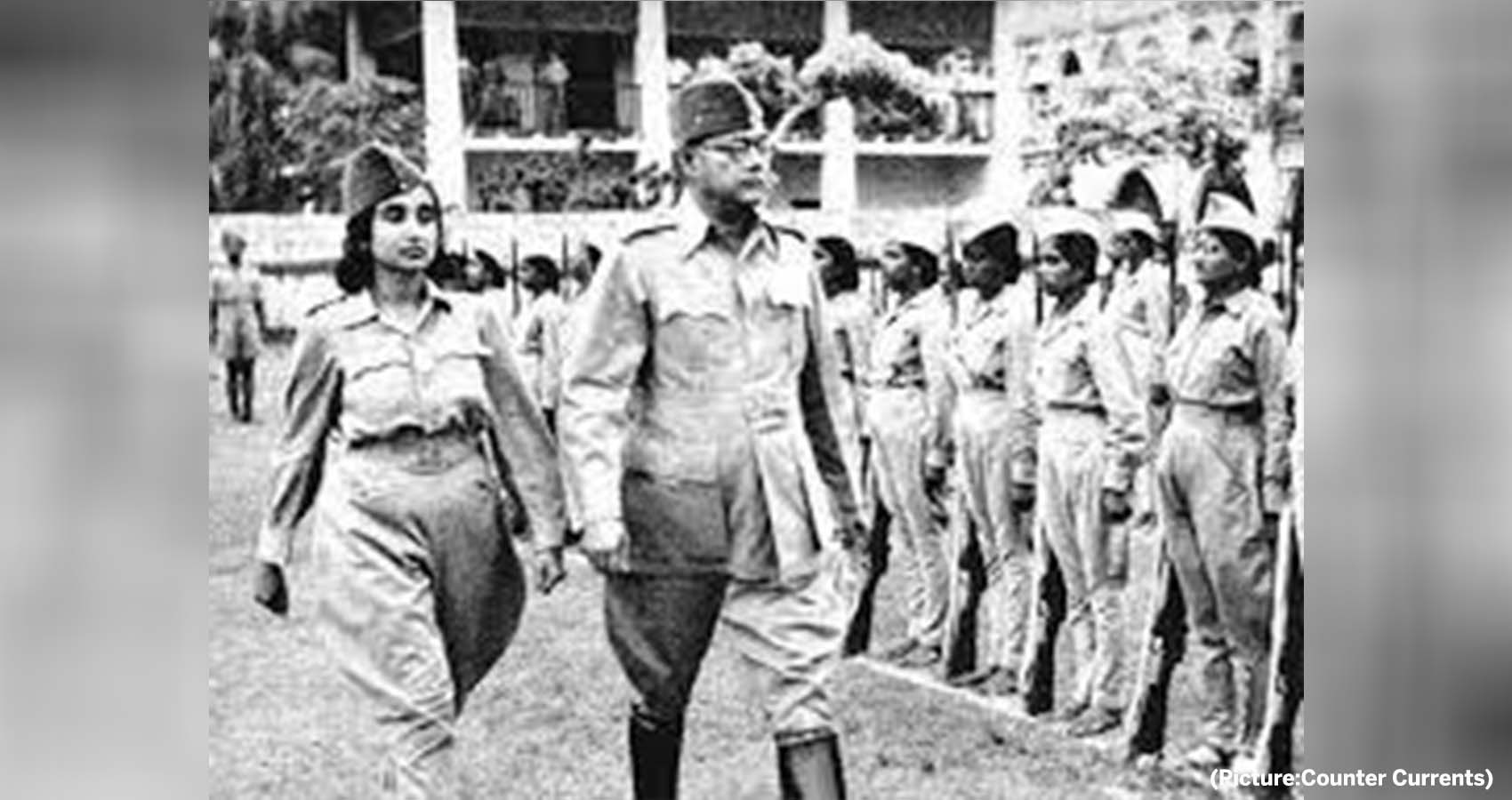
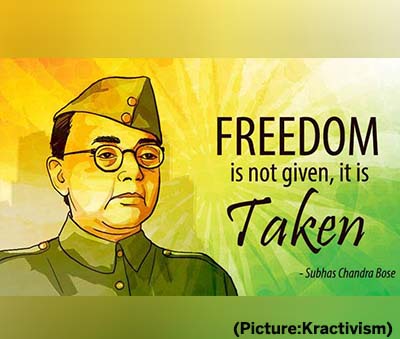 As far as his differences with Congress party (INC) are concerned they related more to means to be employed for getting Independence. He was twice President of INC. The difference came up mainly in the wake of Second World War when Congress under the leadership of Mahatma Gandhi planned a nationwide agitation; ‘Quit India Movement’. Bose at this point of time wanted to make the British quit by allying with Germany and Japan who were Britain’s enemy countries. The majority of Congress Central committee was with Gandhi’s proposal and leaders like Patel and Nehru totally opposed the strategy proposed by Bose.
As far as his differences with Congress party (INC) are concerned they related more to means to be employed for getting Independence. He was twice President of INC. The difference came up mainly in the wake of Second World War when Congress under the leadership of Mahatma Gandhi planned a nationwide agitation; ‘Quit India Movement’. Bose at this point of time wanted to make the British quit by allying with Germany and Japan who were Britain’s enemy countries. The majority of Congress Central committee was with Gandhi’s proposal and leaders like Patel and Nehru totally opposed the strategy proposed by Bose.
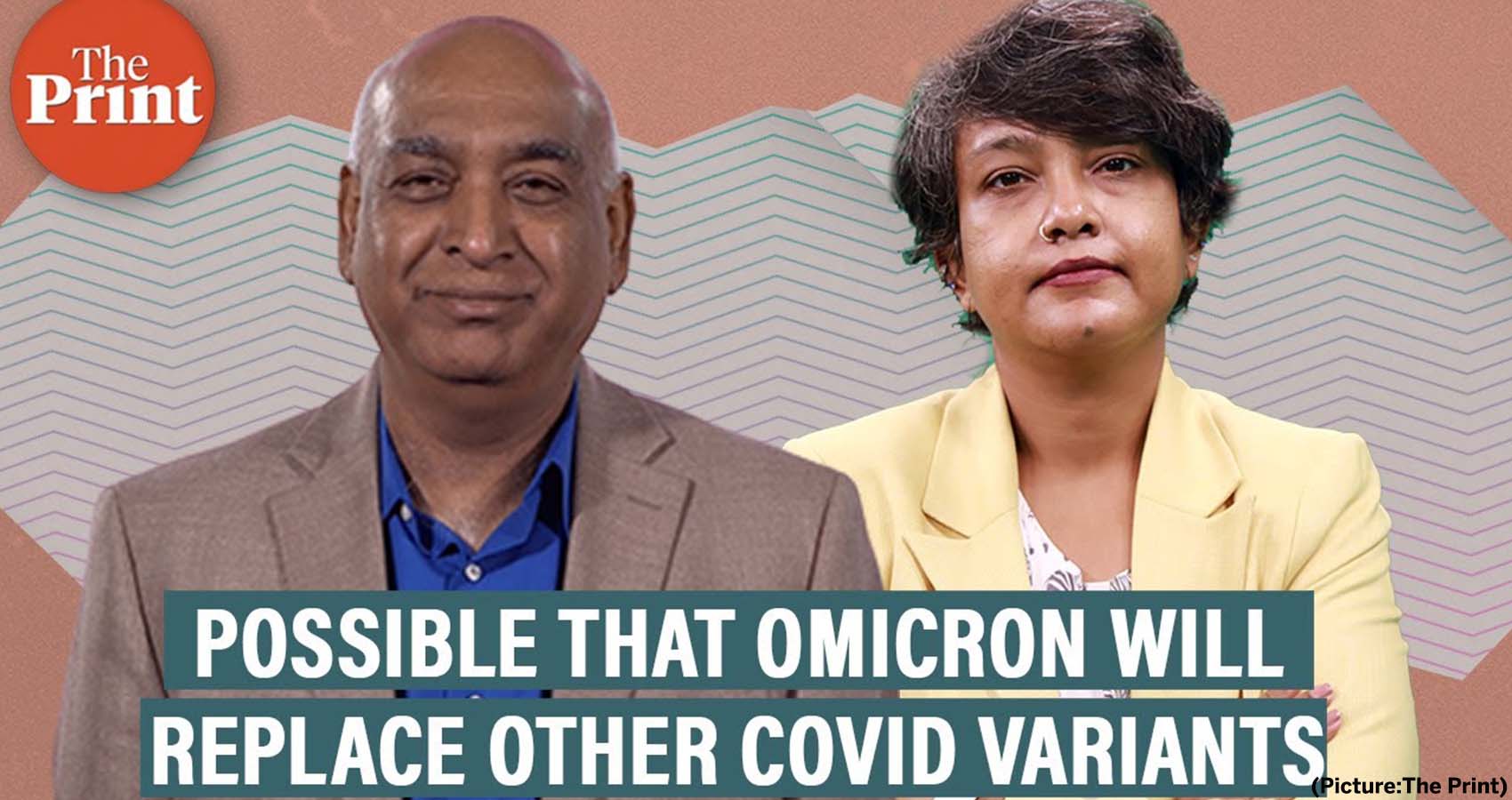
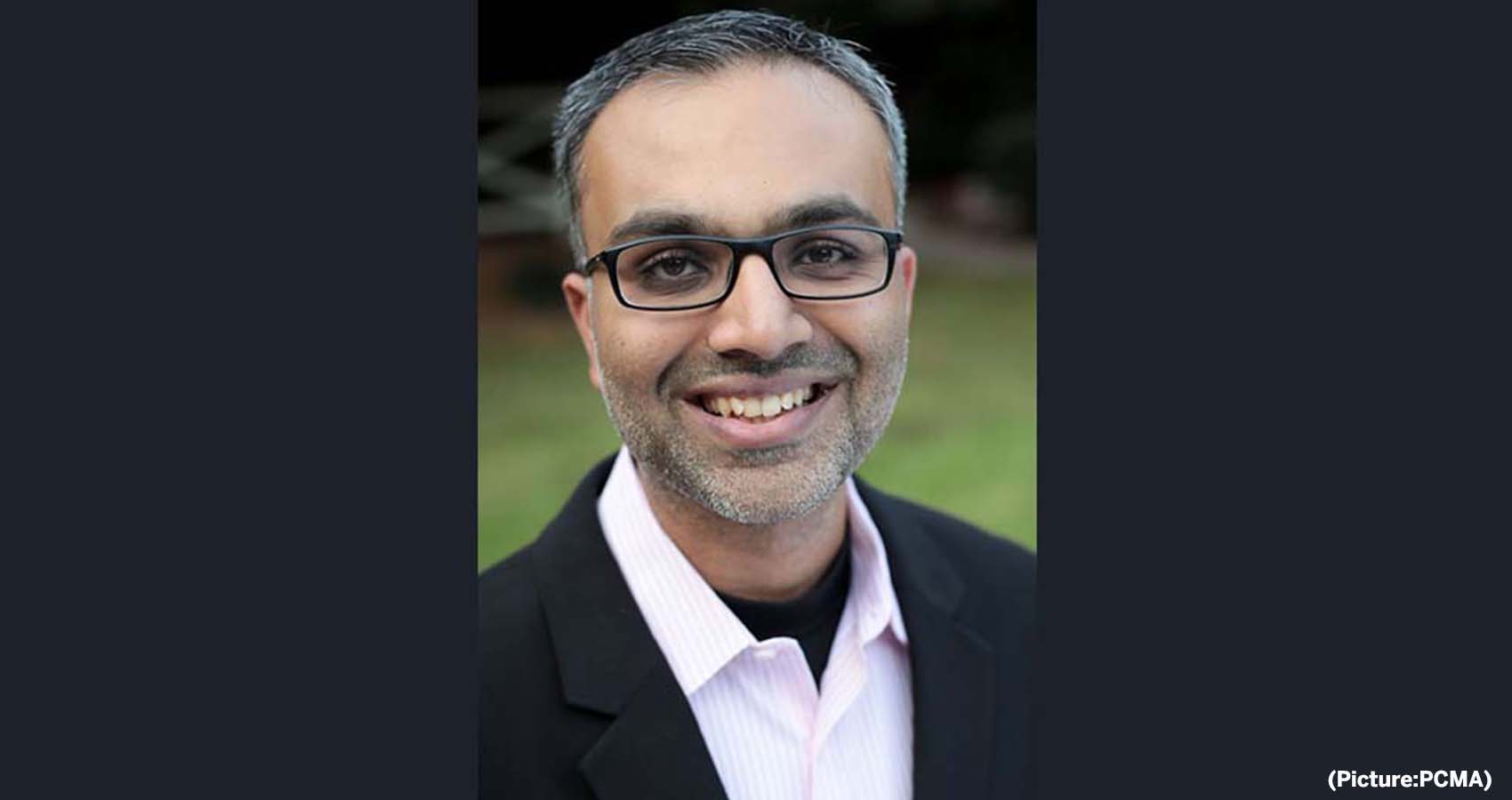
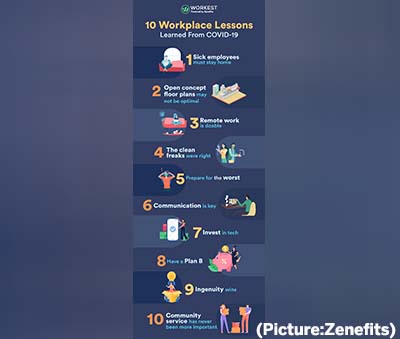 “There has been possibly no bigger obstacle, but also no better opportunity to learn and sharpen your skillset as an event executive,” Patel said. When AAHOA was forced to reschedule its 2021 annual convention no less than five times within the calendar year, “every day presented itself with new challenges, whether it be COVID-related, financial challenges, or contractual challenges,” Patel said, “but we were determined that the show must go on.”
“There has been possibly no bigger obstacle, but also no better opportunity to learn and sharpen your skillset as an event executive,” Patel said. When AAHOA was forced to reschedule its 2021 annual convention no less than five times within the calendar year, “every day presented itself with new challenges, whether it be COVID-related, financial challenges, or contractual challenges,” Patel said, “but we were determined that the show must go on.”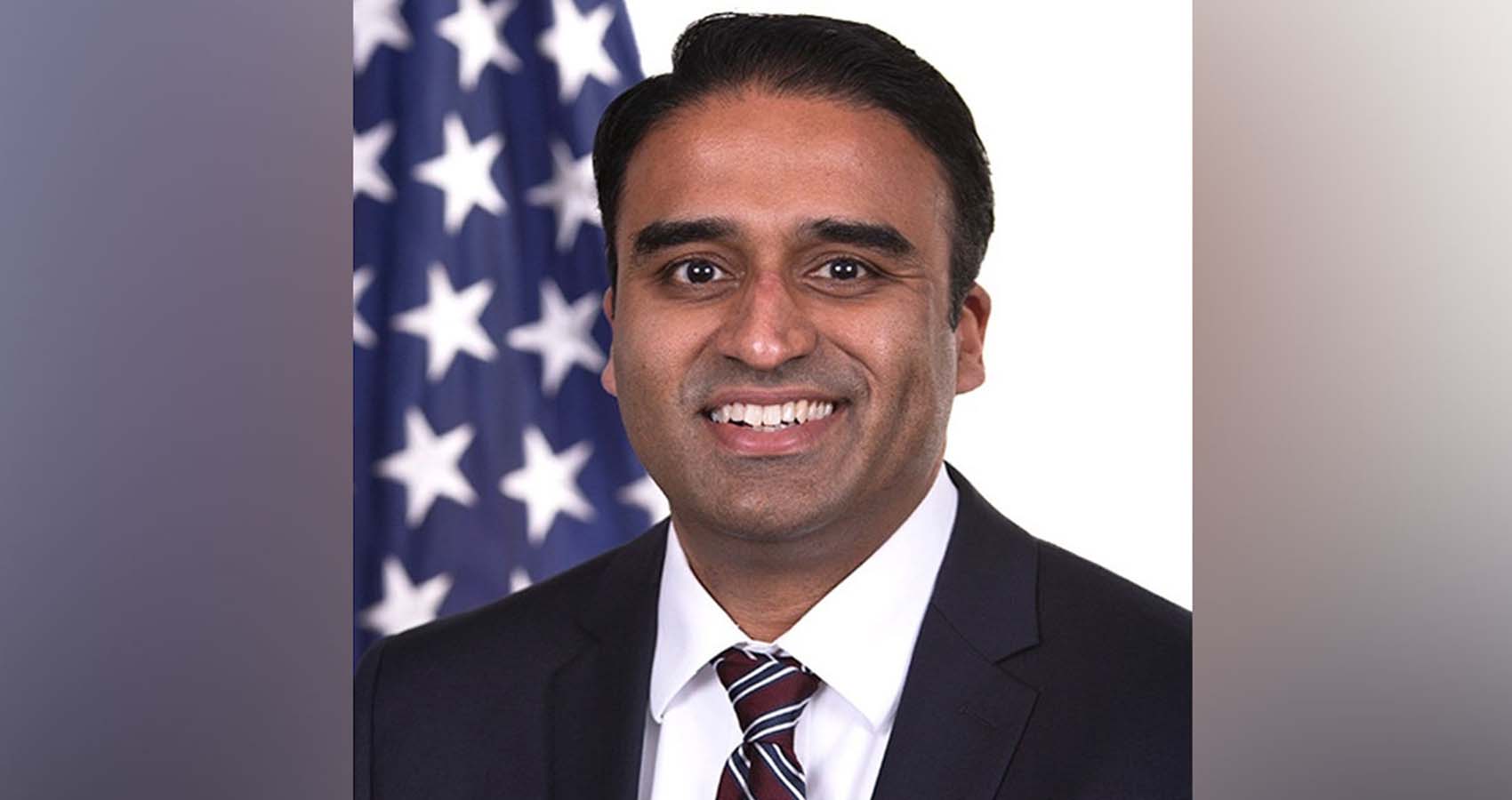

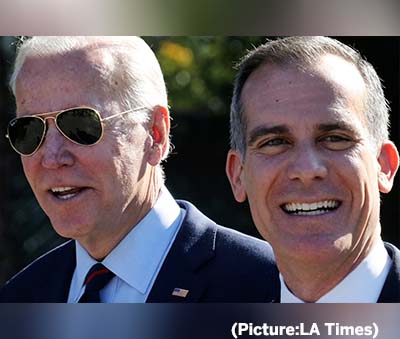 Earlier last month, US Senate Foreign Relations Committee chaired by Sen. Menendez, D-N.J., along with only a handful of Democrats and two Republicans, stressed how Washington sees India as a key partner in its effort to push back against China’s expanding power and influence.
Earlier last month, US Senate Foreign Relations Committee chaired by Sen. Menendez, D-N.J., along with only a handful of Democrats and two Republicans, stressed how Washington sees India as a key partner in its effort to push back against China’s expanding power and influence.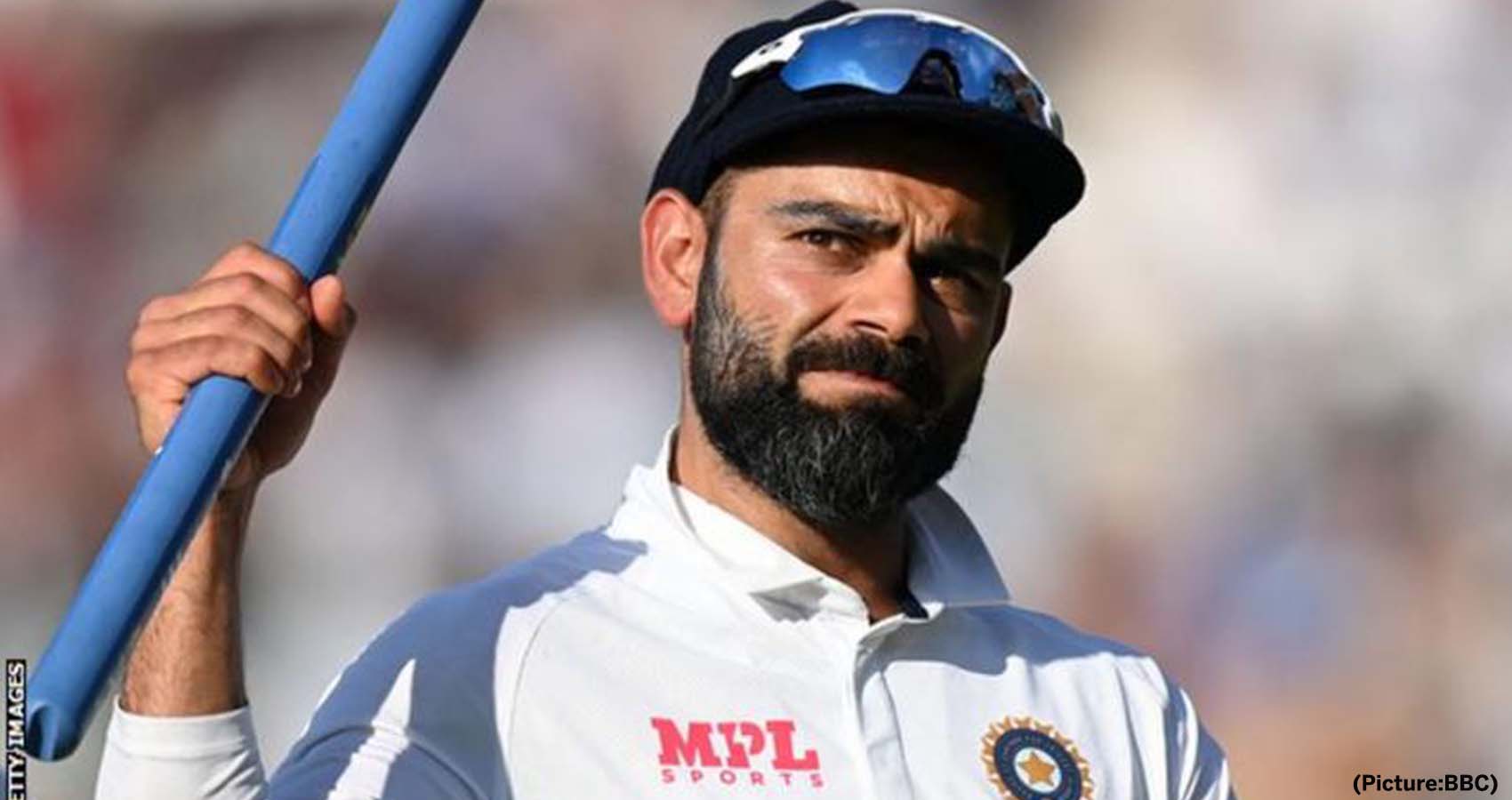
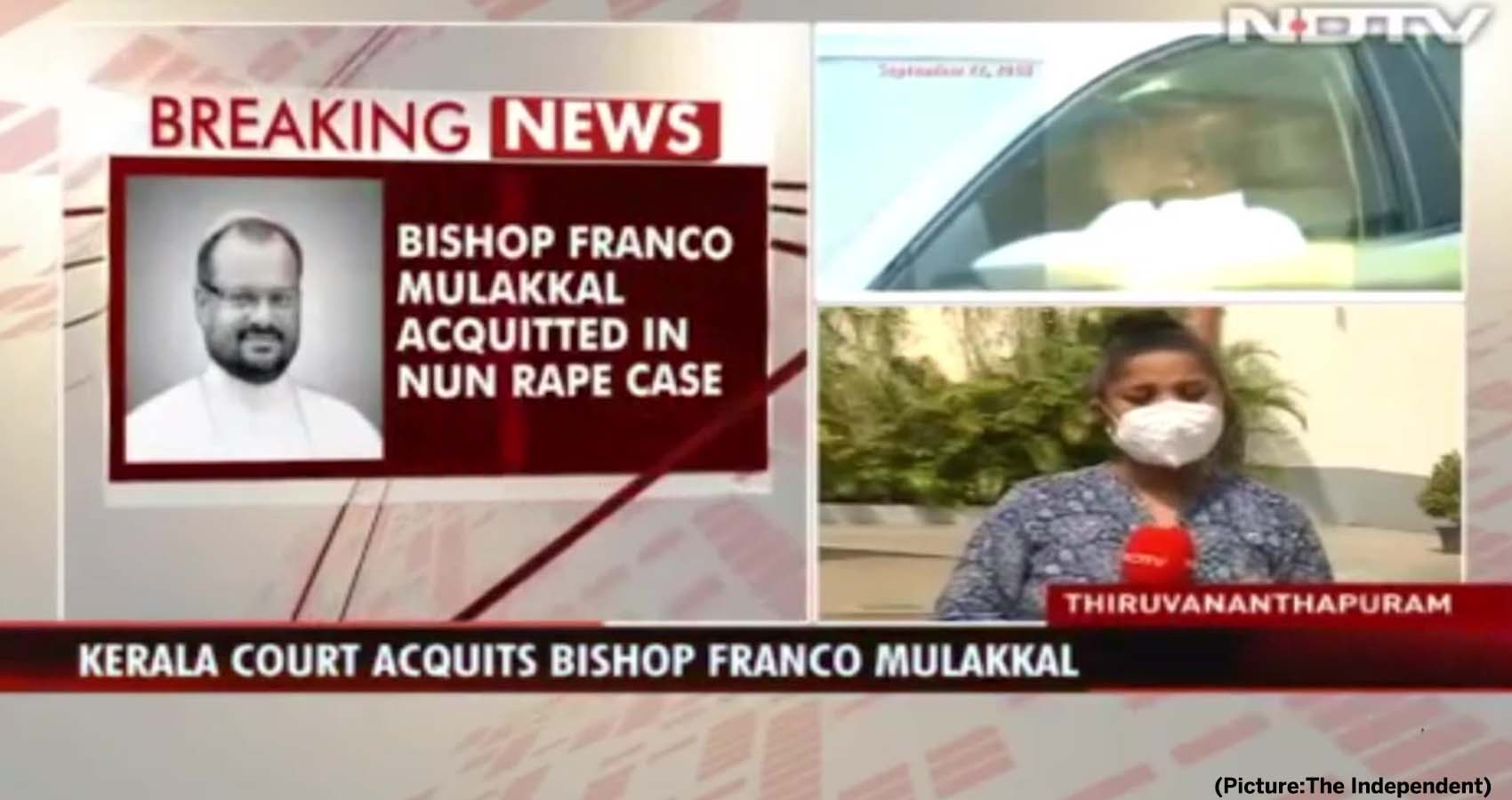
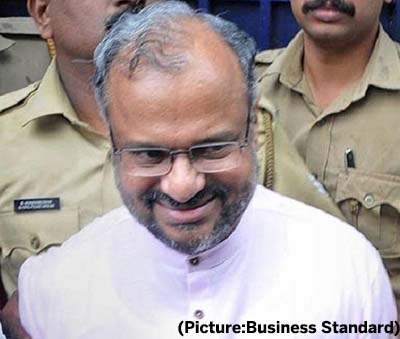 The Court order last week said that “This court is unable to place reliance on the solitary testimony of PW1 and to hold the accused guilty of the offences charged against him”. Mulakkal was present in the courtroom when the verdict was pronounced. He later broke down in the corridor outside, hugged his lawyers, and told reporters before leaving the premises: “Daivathinu sthuthi’ (Praise the Lord).”
The Court order last week said that “This court is unable to place reliance on the solitary testimony of PW1 and to hold the accused guilty of the offences charged against him”. Mulakkal was present in the courtroom when the verdict was pronounced. He later broke down in the corridor outside, hugged his lawyers, and told reporters before leaving the premises: “Daivathinu sthuthi’ (Praise the Lord).”
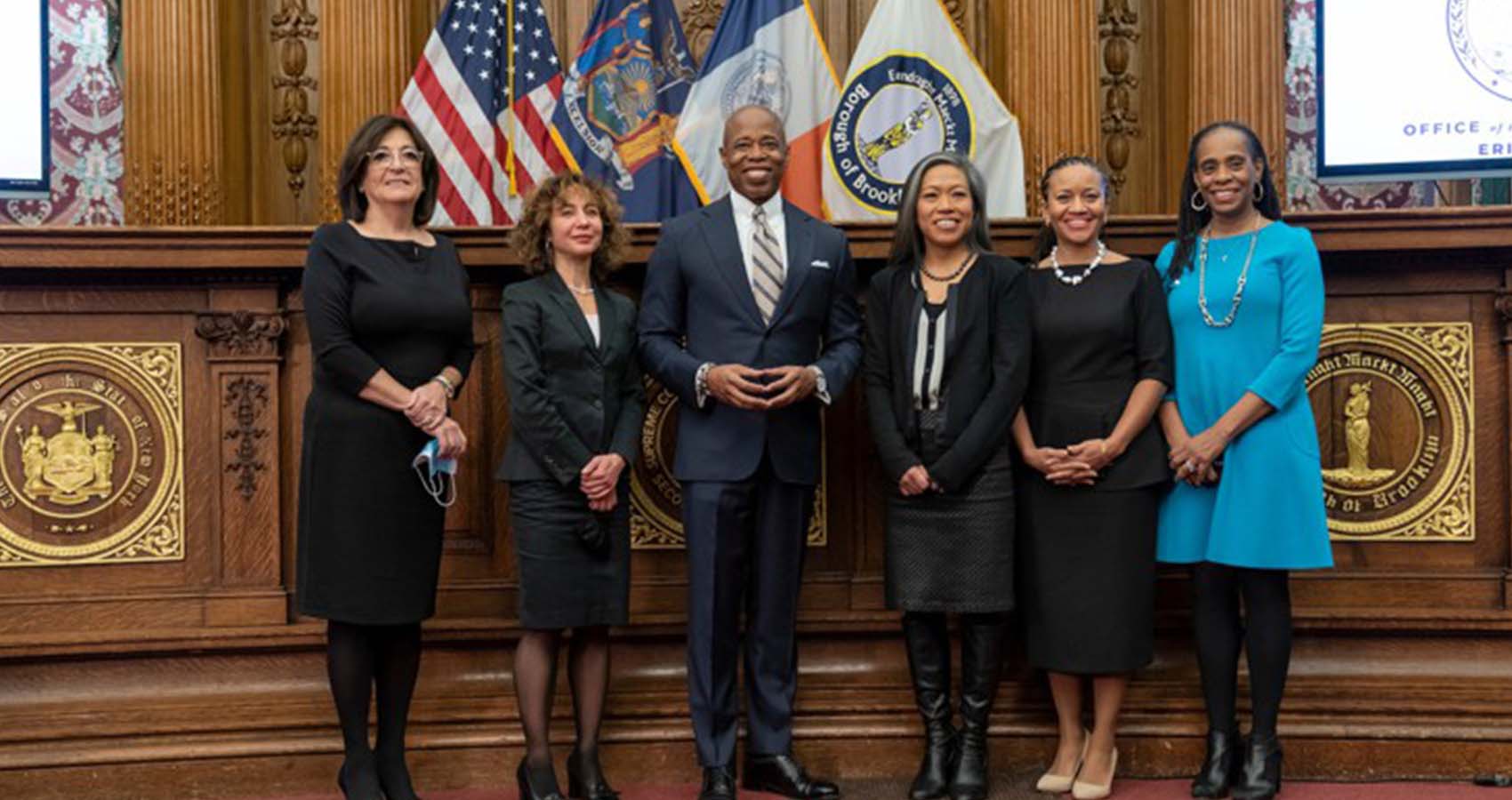
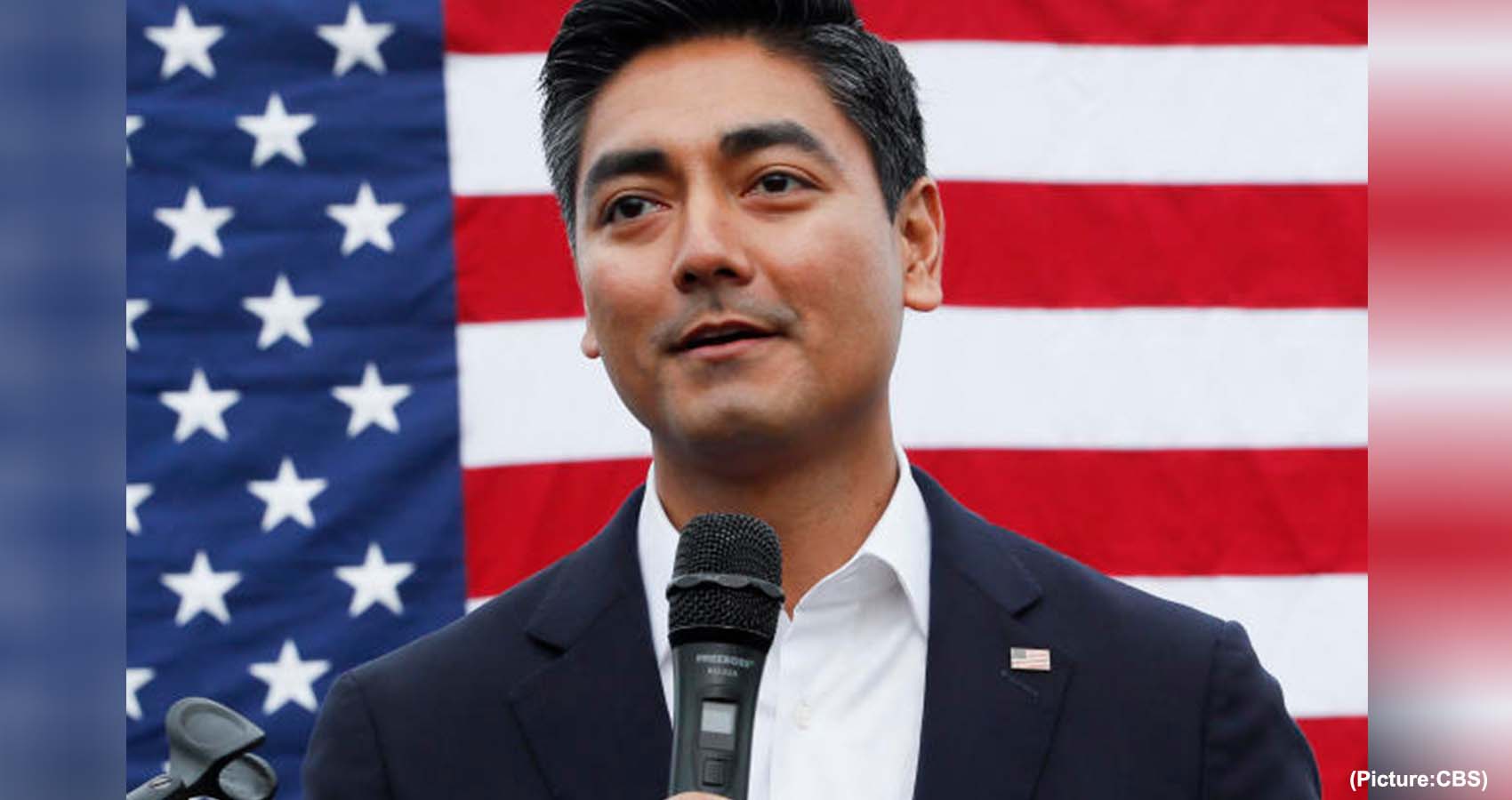
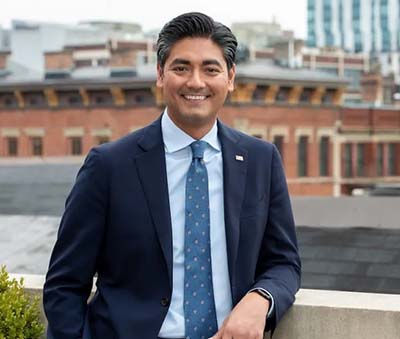 Pureval is to be sworn in as Mayor of the City of Cincinnati on January 4, 2022. “We are so grateful for the many reforms and the leadership Aftab Pureval has brought to the Clerk of Court’s office since he was elected in 2016 and re-elected in 2020,” said Gwen McFarlin, Chair of the Hamilton County Democratic Party.
Pureval is to be sworn in as Mayor of the City of Cincinnati on January 4, 2022. “We are so grateful for the many reforms and the leadership Aftab Pureval has brought to the Clerk of Court’s office since he was elected in 2016 and re-elected in 2020,” said Gwen McFarlin, Chair of the Hamilton County Democratic Party.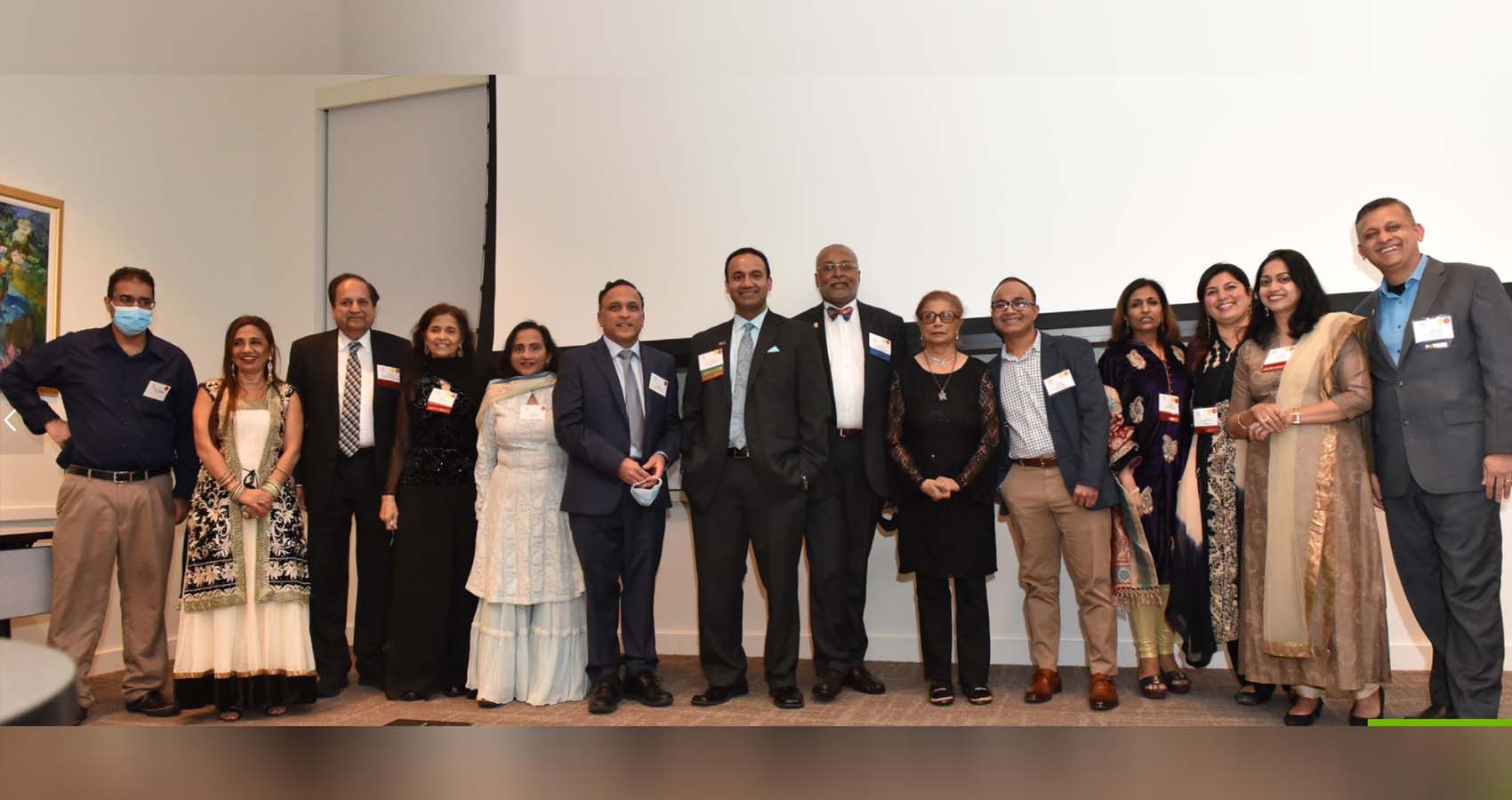


 But by then, Musk was already on to his next venture. Driving with him in the McLaren the day of the wreck was Peter Thiel, co-founder of a payments startup called Confinity. (Thiel and Musk weren’t injured in the crash).
But by then, Musk was already on to his next venture. Driving with him in the McLaren the day of the wreck was Peter Thiel, co-founder of a payments startup called Confinity. (Thiel and Musk weren’t injured in the crash). Rich Morgan
Rich Morgan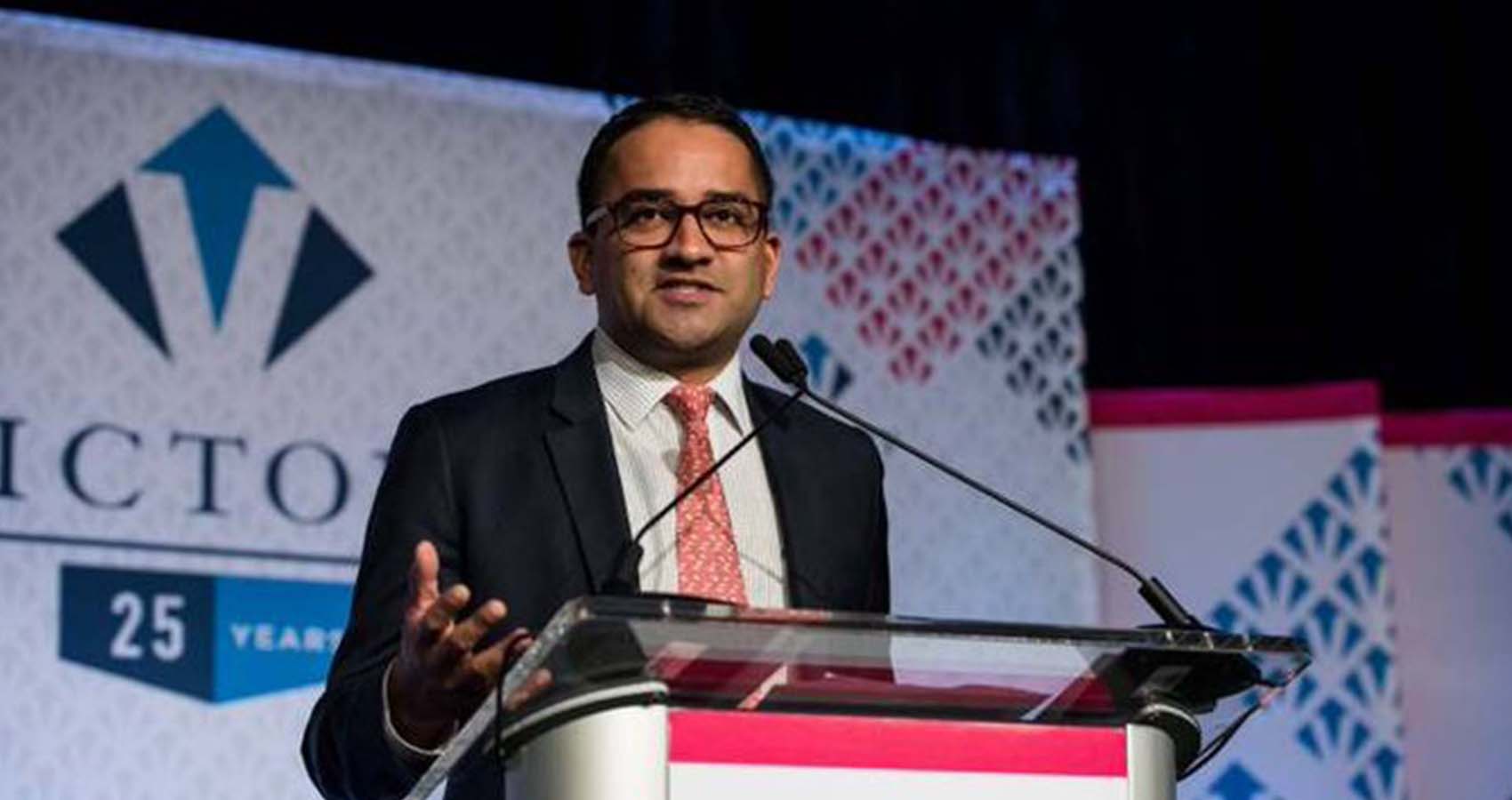
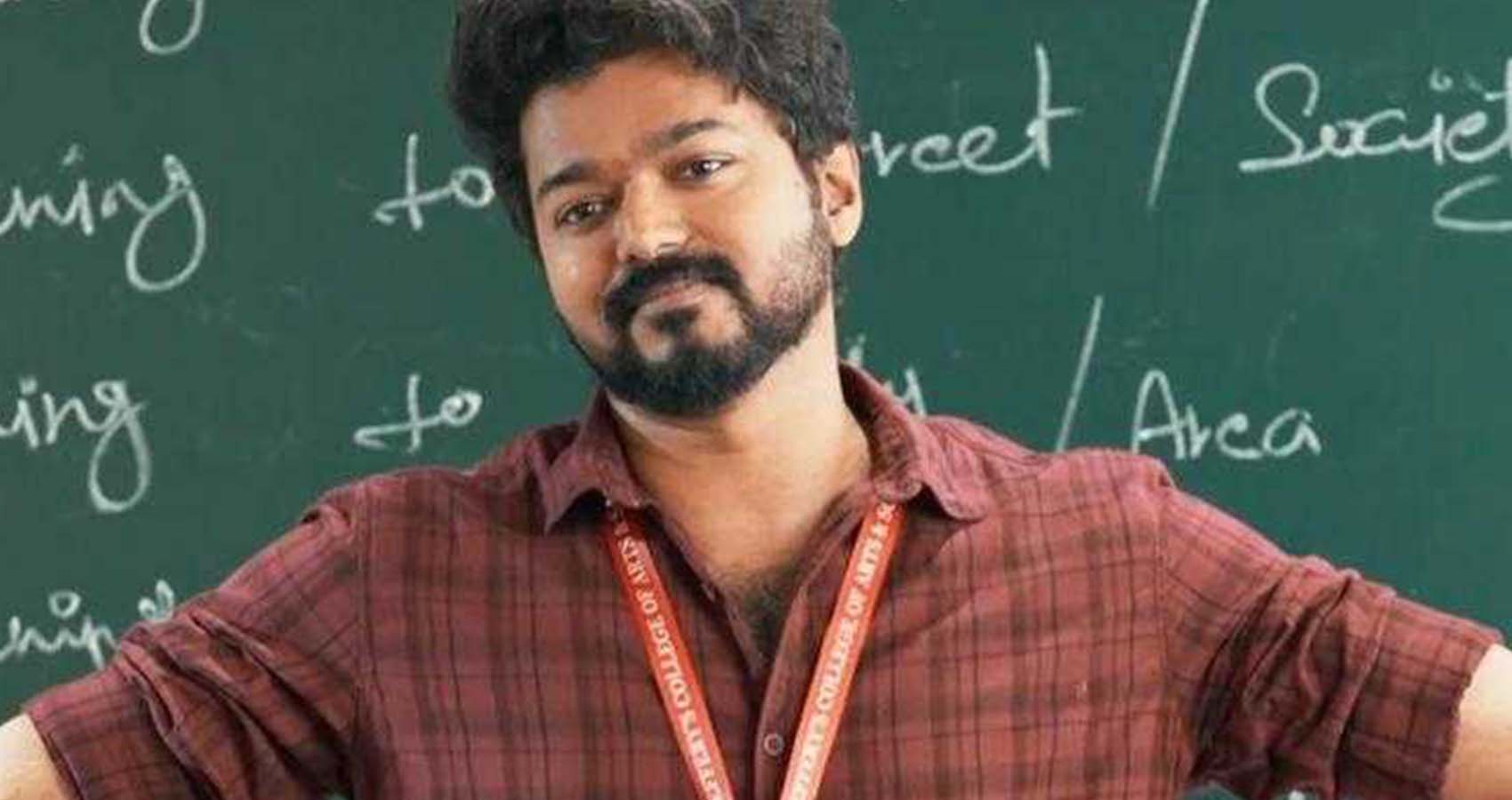
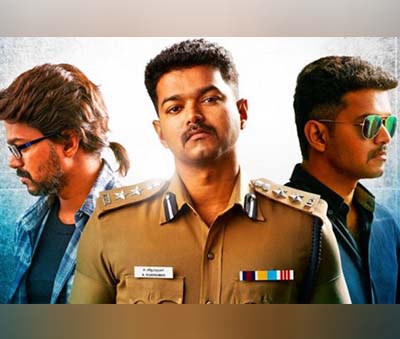 Joseph Vijay Chandrasekhar was born on June 22, 1974, to film producer and director S. A. Chandrasekhar and Shoba Chandrasekhar, a playback singer. He had a sister named Vidhya Chandrasekhar who died at the age of two. The story of Vidhya Chandrasekhar was pictured in the film, Sukran. Vijay went on to do Visual Communications at Loyola College, Chennai & was classmates with fellow actor Surya Sivakumar, Yuvan Shankar Raja, Karthik Raja, and Vishnuvardhan.
Joseph Vijay Chandrasekhar was born on June 22, 1974, to film producer and director S. A. Chandrasekhar and Shoba Chandrasekhar, a playback singer. He had a sister named Vidhya Chandrasekhar who died at the age of two. The story of Vidhya Chandrasekhar was pictured in the film, Sukran. Vijay went on to do Visual Communications at Loyola College, Chennai & was classmates with fellow actor Surya Sivakumar, Yuvan Shankar Raja, Karthik Raja, and Vishnuvardhan.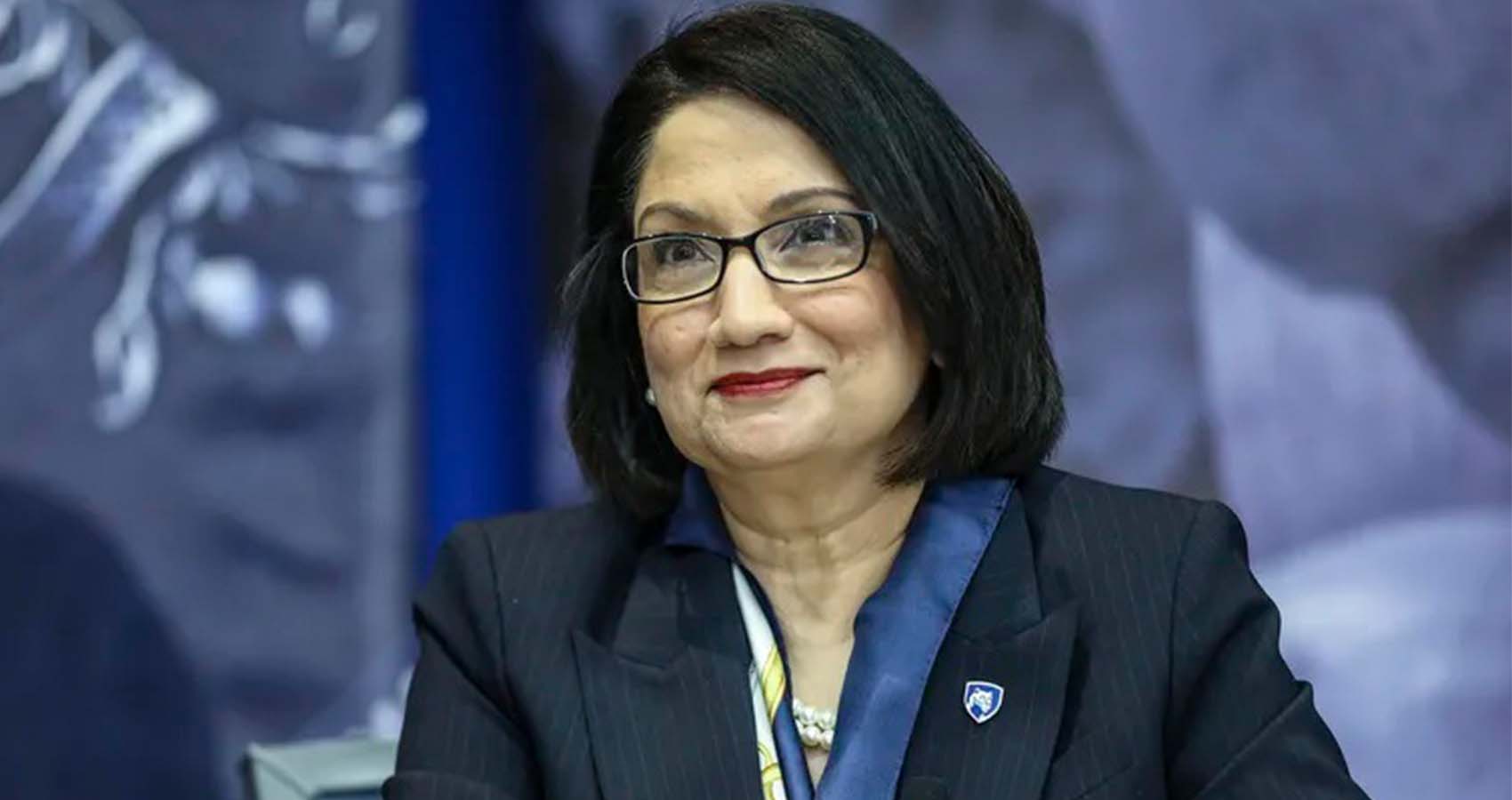
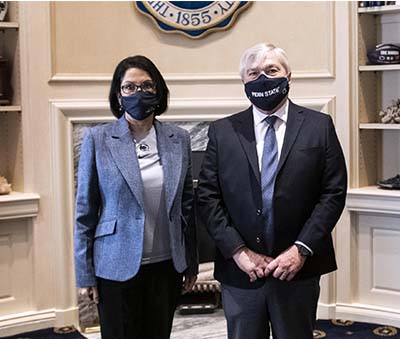 “Penn State is a world-class university, and I couldn’t be prouder and more excited to join this vibrant community of outstanding students, faculty, staff and alumni throughout the commonwealth and beyond.”
“Penn State is a world-class university, and I couldn’t be prouder and more excited to join this vibrant community of outstanding students, faculty, staff and alumni throughout the commonwealth and beyond.”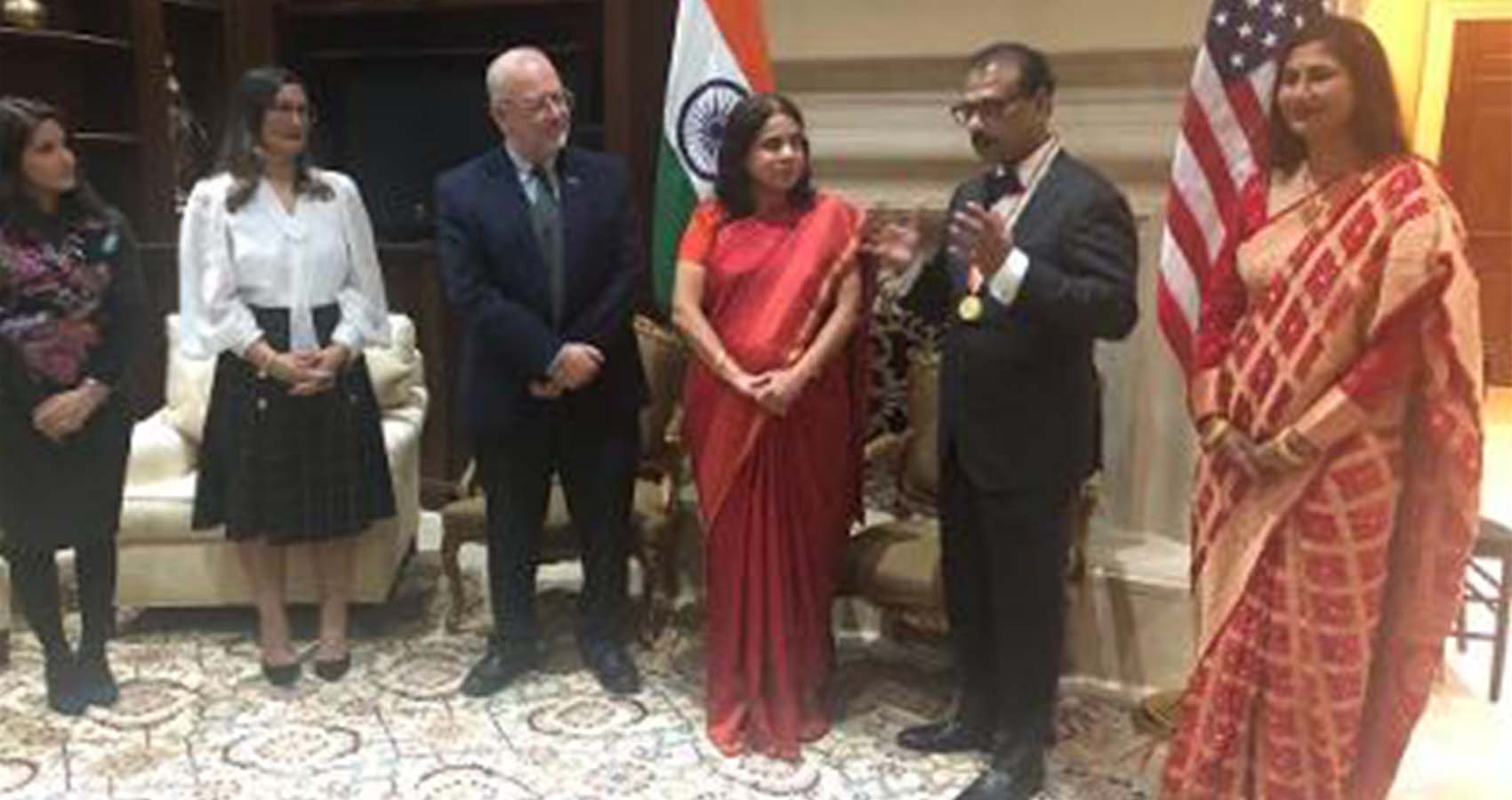
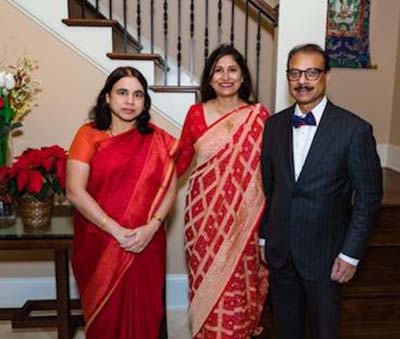 The Pravasi Bharatiya Samman Award (PBSA) is the highest honor conferred on Non-Resident Indians, Persons of Indian Origin or an organization/institution established and run by the Non-Resident Indians or Persons of Indian Origin in recognition of their outstanding achievements both in India and abroad.
The Pravasi Bharatiya Samman Award (PBSA) is the highest honor conferred on Non-Resident Indians, Persons of Indian Origin or an organization/institution established and run by the Non-Resident Indians or Persons of Indian Origin in recognition of their outstanding achievements both in India and abroad.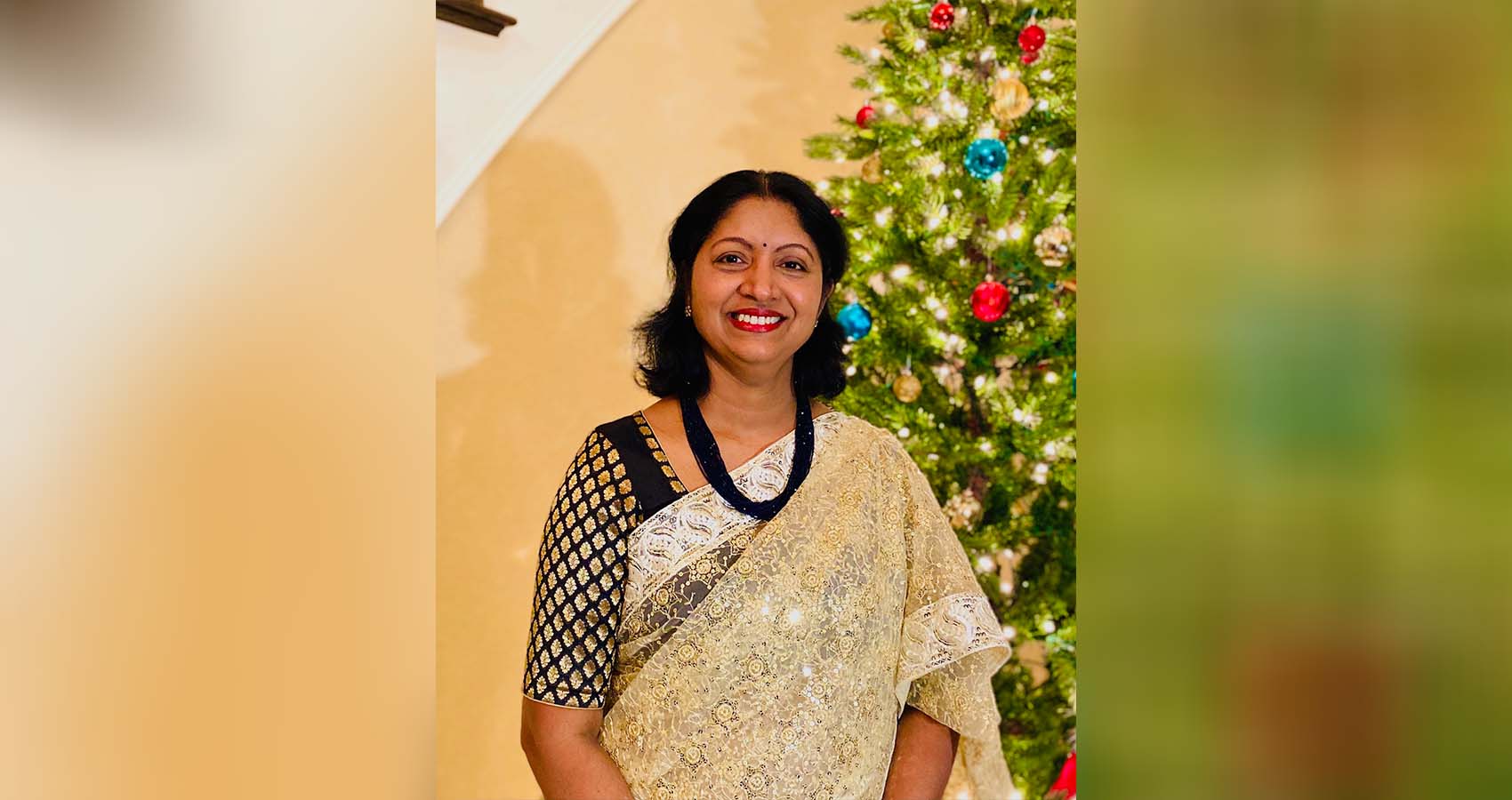
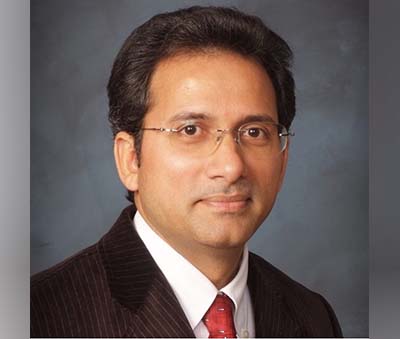 While setting an example and urging others to join him in this noble venture, Dr. Satheesh Kathula himself was present in India in October of this year, and inaugurated the project in Ramaiah Palle village in Mulugu District in the state of Telangana which was sponsored by him.
While setting an example and urging others to join him in this noble venture, Dr. Satheesh Kathula himself was present in India in October of this year, and inaugurated the project in Ramaiah Palle village in Mulugu District in the state of Telangana which was sponsored by him.
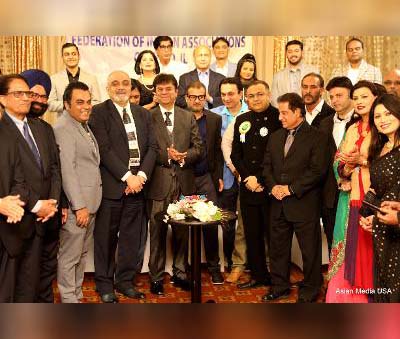 FIA’s General Secretary Richa Chand conducted the proceedings of the Annual Board Meeting for the year 2021-2022 and invited Founder President Sunil Shah for his opening remarks. Shahin his speech, outlined the successes behind the year 2021, listing the events conducted by the FIA and its team. He thanked the outgoing team for its hard work in putting together and conducting various India-centric and Charitable events during the year. He also took the opportunity to welcome new members to team FIA. In a major announcement, he declared that FIA would initiate an annual FIA Scholarship for deserving students starting from the year 2022.
FIA’s General Secretary Richa Chand conducted the proceedings of the Annual Board Meeting for the year 2021-2022 and invited Founder President Sunil Shah for his opening remarks. Shahin his speech, outlined the successes behind the year 2021, listing the events conducted by the FIA and its team. He thanked the outgoing team for its hard work in putting together and conducting various India-centric and Charitable events during the year. He also took the opportunity to welcome new members to team FIA. In a major announcement, he declared that FIA would initiate an annual FIA Scholarship for deserving students starting from the year 2022.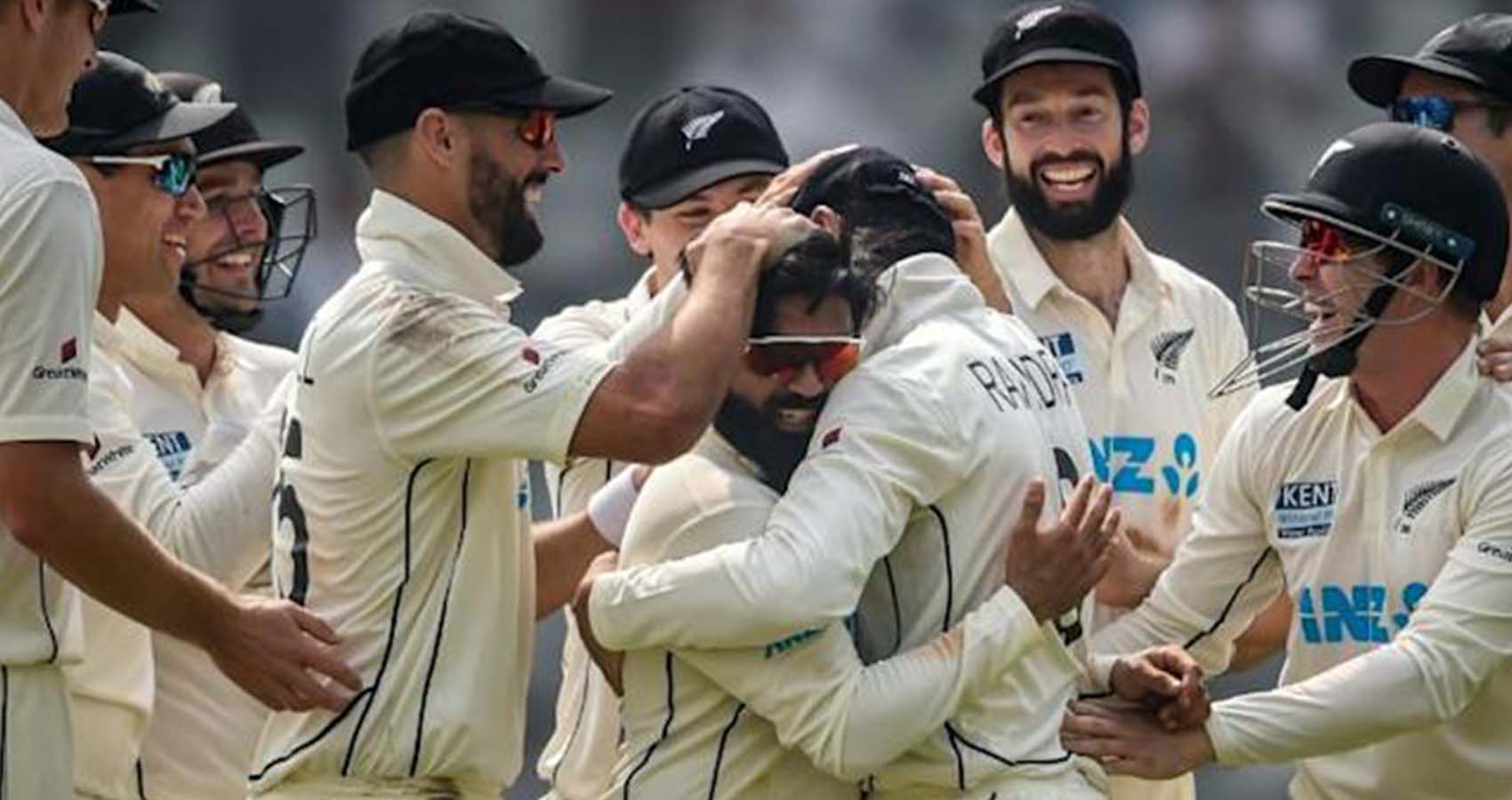
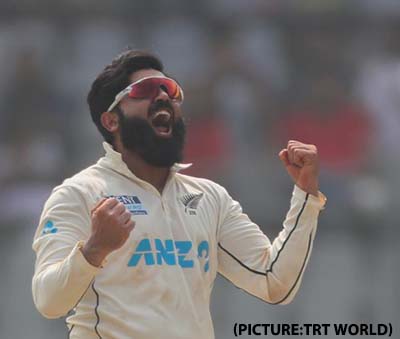 During the Test in Mumbai last weekend, New Zealand were bowled out for 62 in reply, before India closed day two on 69-0 – a lead of 332. The two-match series is level at 0-0 after India came within one wicket of forcing victory in the opening Test.
During the Test in Mumbai last weekend, New Zealand were bowled out for 62 in reply, before India closed day two on 69-0 – a lead of 332. The two-match series is level at 0-0 after India came within one wicket of forcing victory in the opening Test.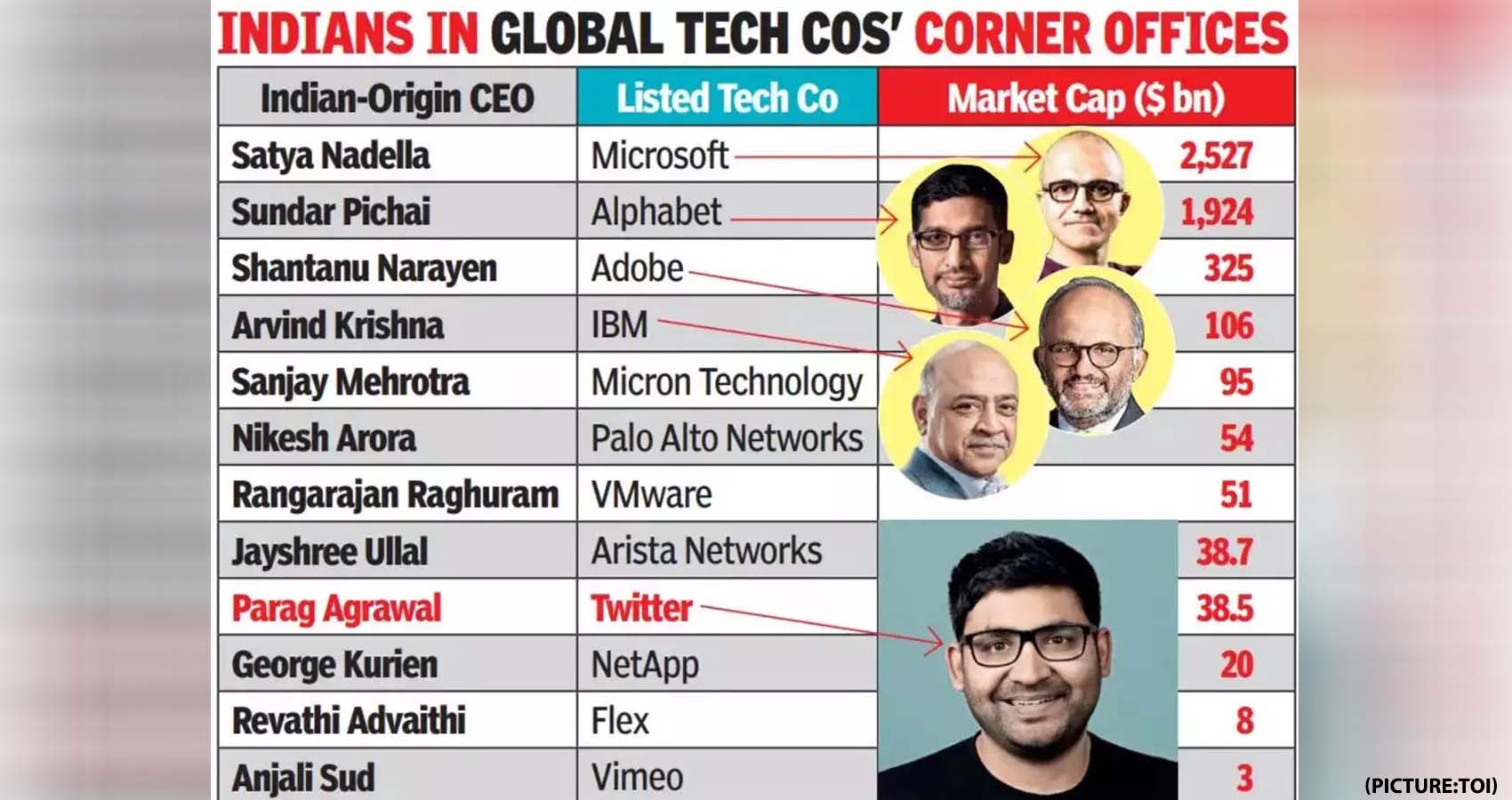
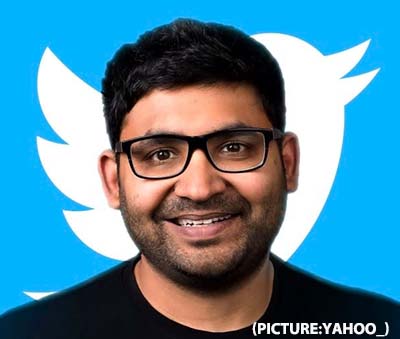 Agrawal, who at 37 becomes the youngest CEO of a Fortune 500 company, was chosen unanimously to succeed Dorsey by Twitter’s board of directors, according to an official statement Monday. At Tuesday’s all-hands meeting, according to employees who attended, Dorsey emphasized Agrawal’s engineering background and the fact that he rose through the ranks over a decade at Twitter in touting him as the ideal choice to lead the influential social media firm.
Agrawal, who at 37 becomes the youngest CEO of a Fortune 500 company, was chosen unanimously to succeed Dorsey by Twitter’s board of directors, according to an official statement Monday. At Tuesday’s all-hands meeting, according to employees who attended, Dorsey emphasized Agrawal’s engineering background and the fact that he rose through the ranks over a decade at Twitter in touting him as the ideal choice to lead the influential social media firm.

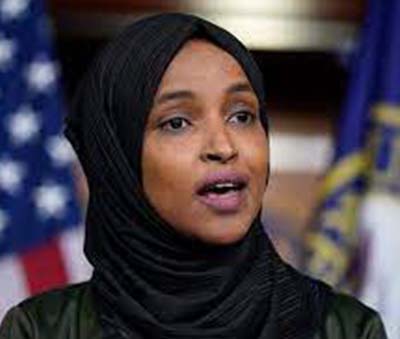 Oz’s faith is perhaps little known to the millions of viewers of his show but his role as one of the most prominent Muslims in American life has not gone unnoticed. He is one of roughly 40 Americans included in the 2022 edition of the World’s 500 Most Influential Muslims, an annual list put out by the Royal Islamic Strategic Studies Centre, a Jordanian think tank
Oz’s faith is perhaps little known to the millions of viewers of his show but his role as one of the most prominent Muslims in American life has not gone unnoticed. He is one of roughly 40 Americans included in the 2022 edition of the World’s 500 Most Influential Muslims, an annual list put out by the Royal Islamic Strategic Studies Centre, a Jordanian think tank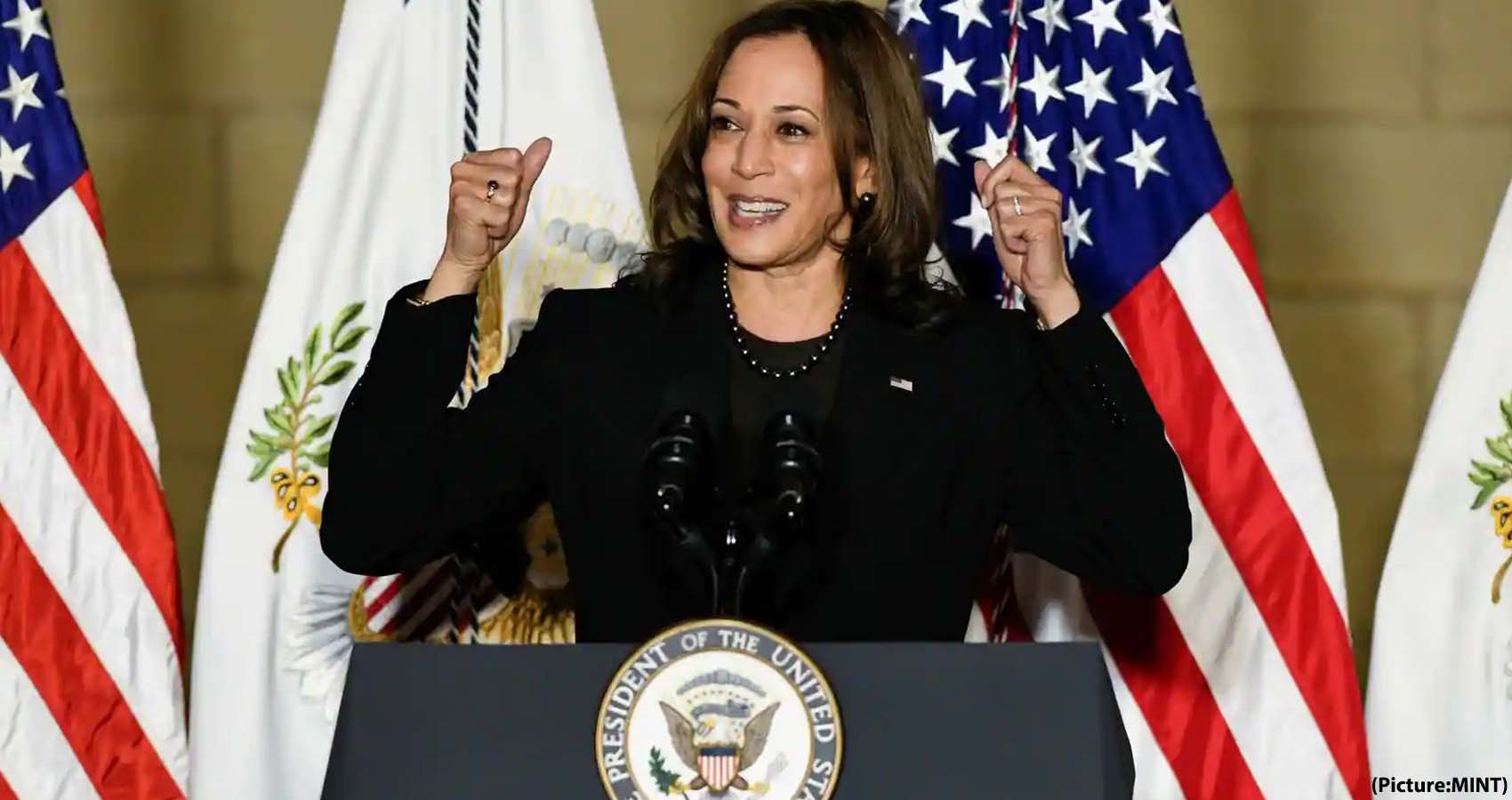
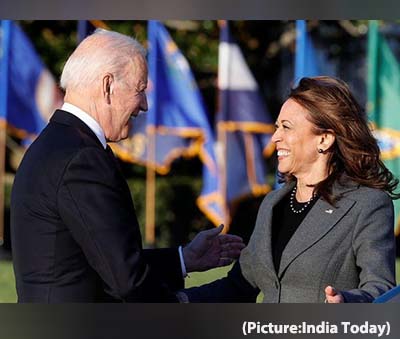 Pursuant to the 25th Amendment to the Constitution, Biden signed a letter to the president pro tempore of the Senate and the speaker of the House of Representatives saying he is unable to discharge his duties while under anesthesia, making Harris the acting president, and will send them another letter upon the conclusion of the procedure to resume his duties.
Pursuant to the 25th Amendment to the Constitution, Biden signed a letter to the president pro tempore of the Senate and the speaker of the House of Representatives saying he is unable to discharge his duties while under anesthesia, making Harris the acting president, and will send them another letter upon the conclusion of the procedure to resume his duties.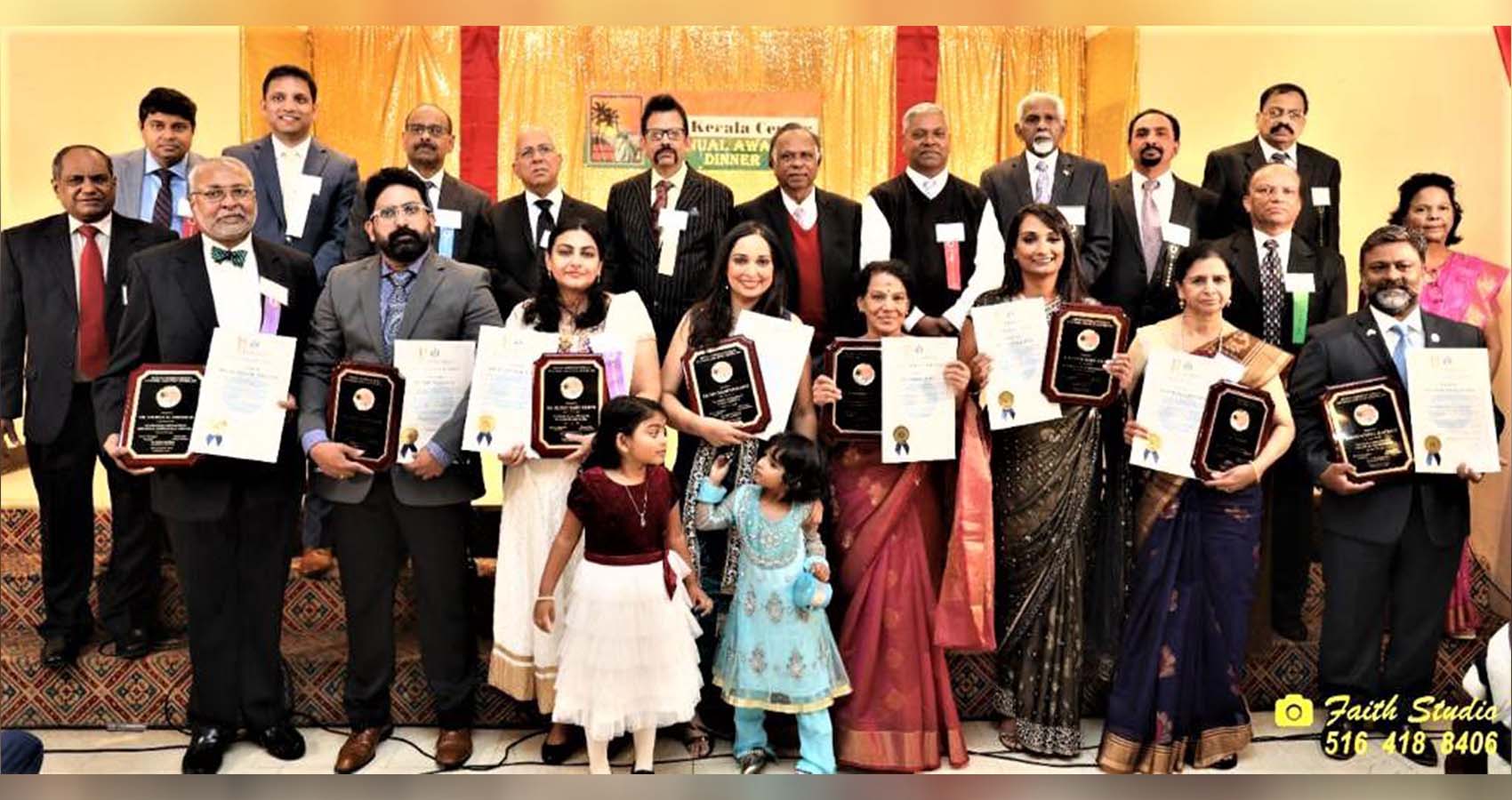
 Others who were honored included: Mary Philip, who was a Lieutenant in the Indian Defense Force and a past President of the Indian Nurses Association of New York was honored for notable contributions in Nursing and Community Service; and Nandini P. Nair, Esq, who is a partner and co-chair of the Immigration and Naturalization practice group and serves on the Management Committee at Greenspoon Marder LLP was honored for notable services and achievements in Legal Services. Dr. Sabu Varghese and Dr. Blessy Mary Joseph, practicing physicians in New York were honored with Special Award for notable services during the Pandemic in 2020 and 2021.
Others who were honored included: Mary Philip, who was a Lieutenant in the Indian Defense Force and a past President of the Indian Nurses Association of New York was honored for notable contributions in Nursing and Community Service; and Nandini P. Nair, Esq, who is a partner and co-chair of the Immigration and Naturalization practice group and serves on the Management Committee at Greenspoon Marder LLP was honored for notable services and achievements in Legal Services. Dr. Sabu Varghese and Dr. Blessy Mary Joseph, practicing physicians in New York were honored with Special Award for notable services during the Pandemic in 2020 and 2021. Dr. George Abraham, who was also an awardee, was the keynote speaker. In his keynote speech, Dr. Abraham implored that we should strive to move forward by including everyone and treating everybody equally, and it is the duty of the leaders to make sure that this is happening. An organization gets much more strength when it becomes a melting pot of people and ideas, he concluded. Dr. George Abraham was introduced by Dr. Thomas Abraham, Chairman of the Trustee Board and Award Committee member and Consul A.K. Vijayakrishnan presented the award. Dr. Thomas Abraham also explained the process of selecting the awardees.
Dr. George Abraham, who was also an awardee, was the keynote speaker. In his keynote speech, Dr. Abraham implored that we should strive to move forward by including everyone and treating everybody equally, and it is the duty of the leaders to make sure that this is happening. An organization gets much more strength when it becomes a melting pot of people and ideas, he concluded. Dr. George Abraham was introduced by Dr. Thomas Abraham, Chairman of the Trustee Board and Award Committee member and Consul A.K. Vijayakrishnan presented the award. Dr. Thomas Abraham also explained the process of selecting the awardees. The award for performing Arts went to Chandrika Kurup. In her speech, Mrs. Kurup expressed a lot of satisfaction that her students are now running their own successful dance schools and other related artist works here in America and in Kerala. Chandrika was introduced by Annie Esthappan, one of the youth representatives of the Kerala Center and former student of Mrs. Kurup, and Abraham Philip, CPA, presented the award.
The award for performing Arts went to Chandrika Kurup. In her speech, Mrs. Kurup expressed a lot of satisfaction that her students are now running their own successful dance schools and other related artist works here in America and in Kerala. Chandrika was introduced by Annie Esthappan, one of the youth representatives of the Kerala Center and former student of Mrs. Kurup, and Abraham Philip, CPA, presented the award.

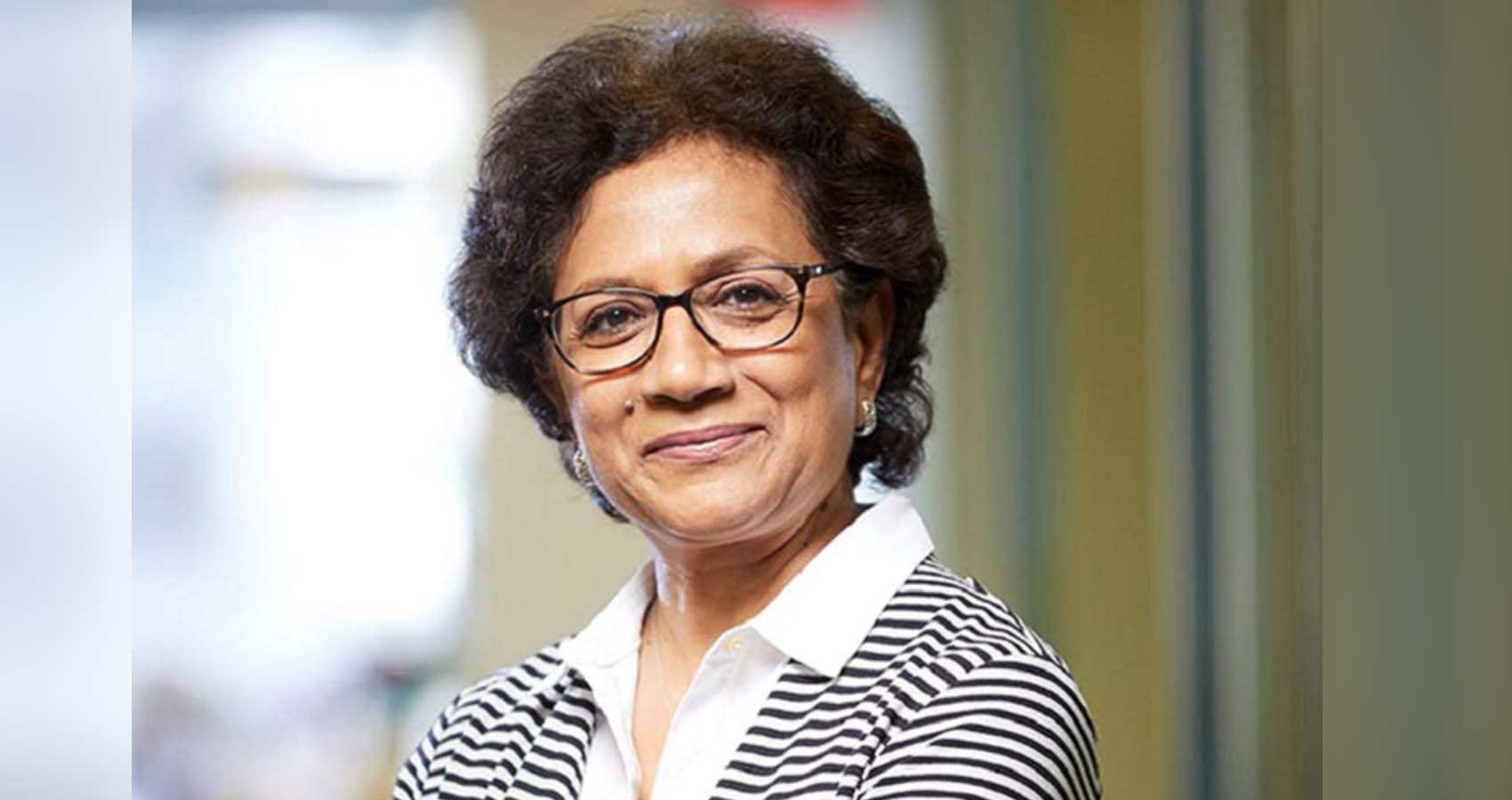
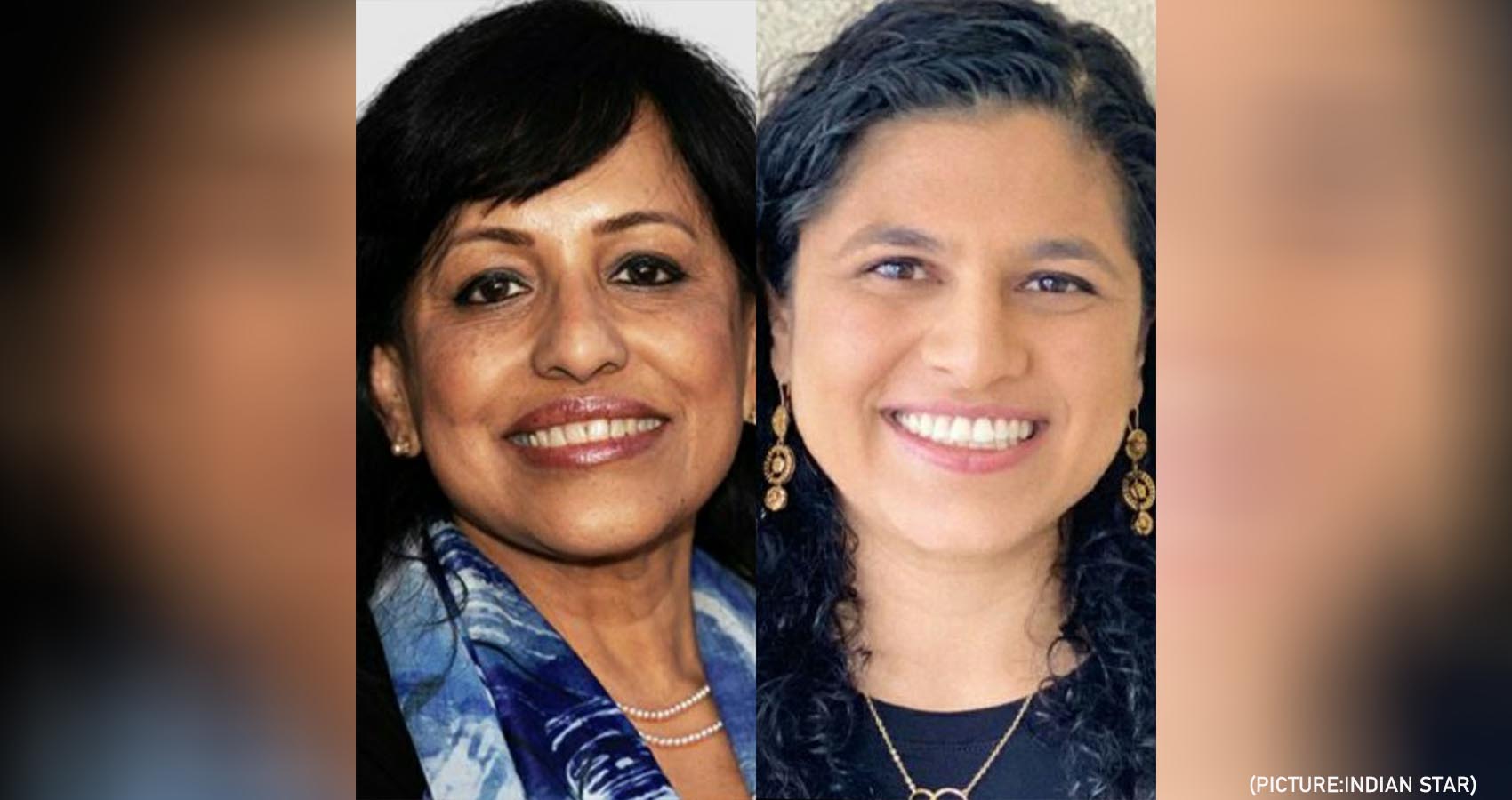
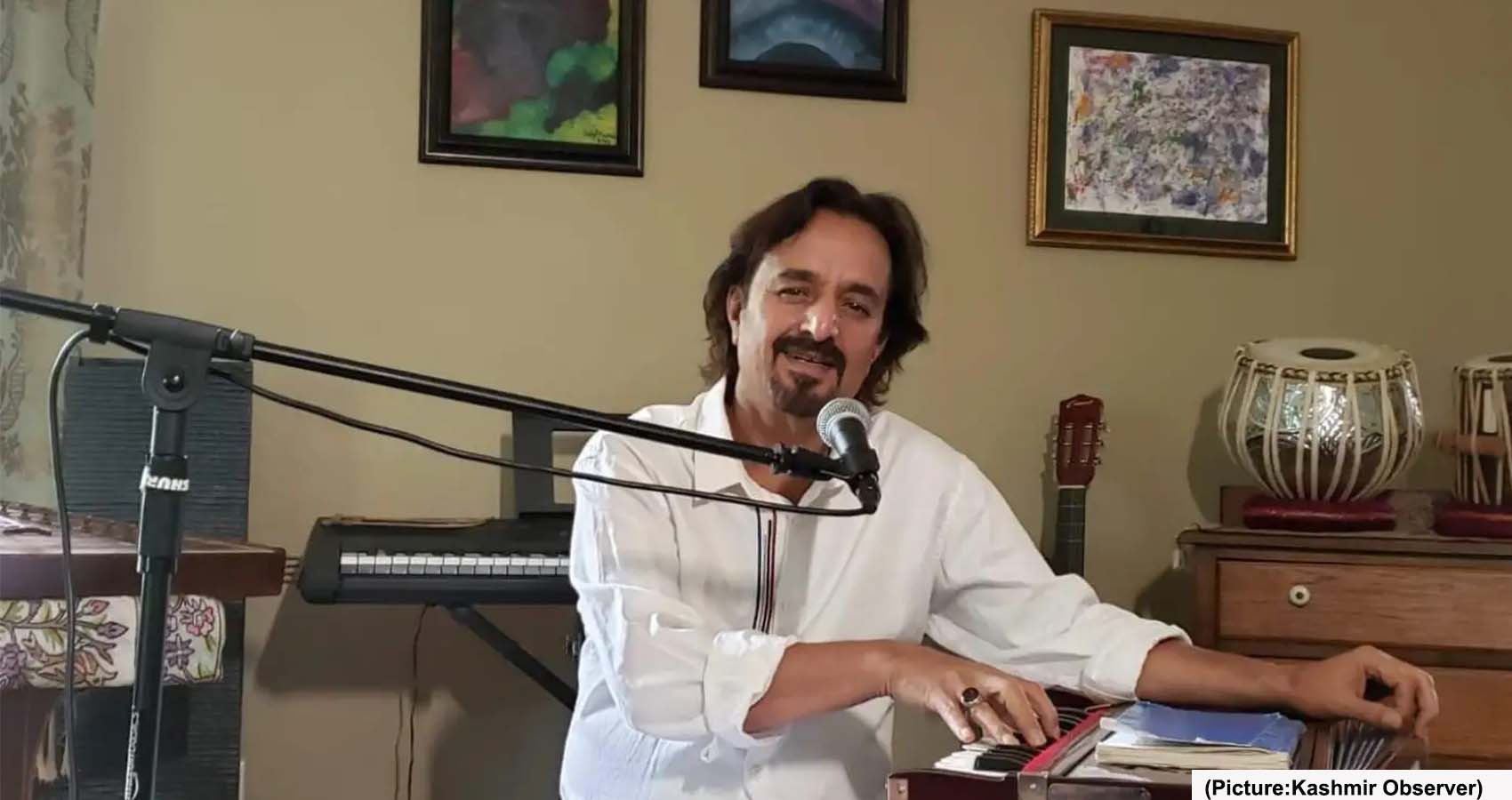
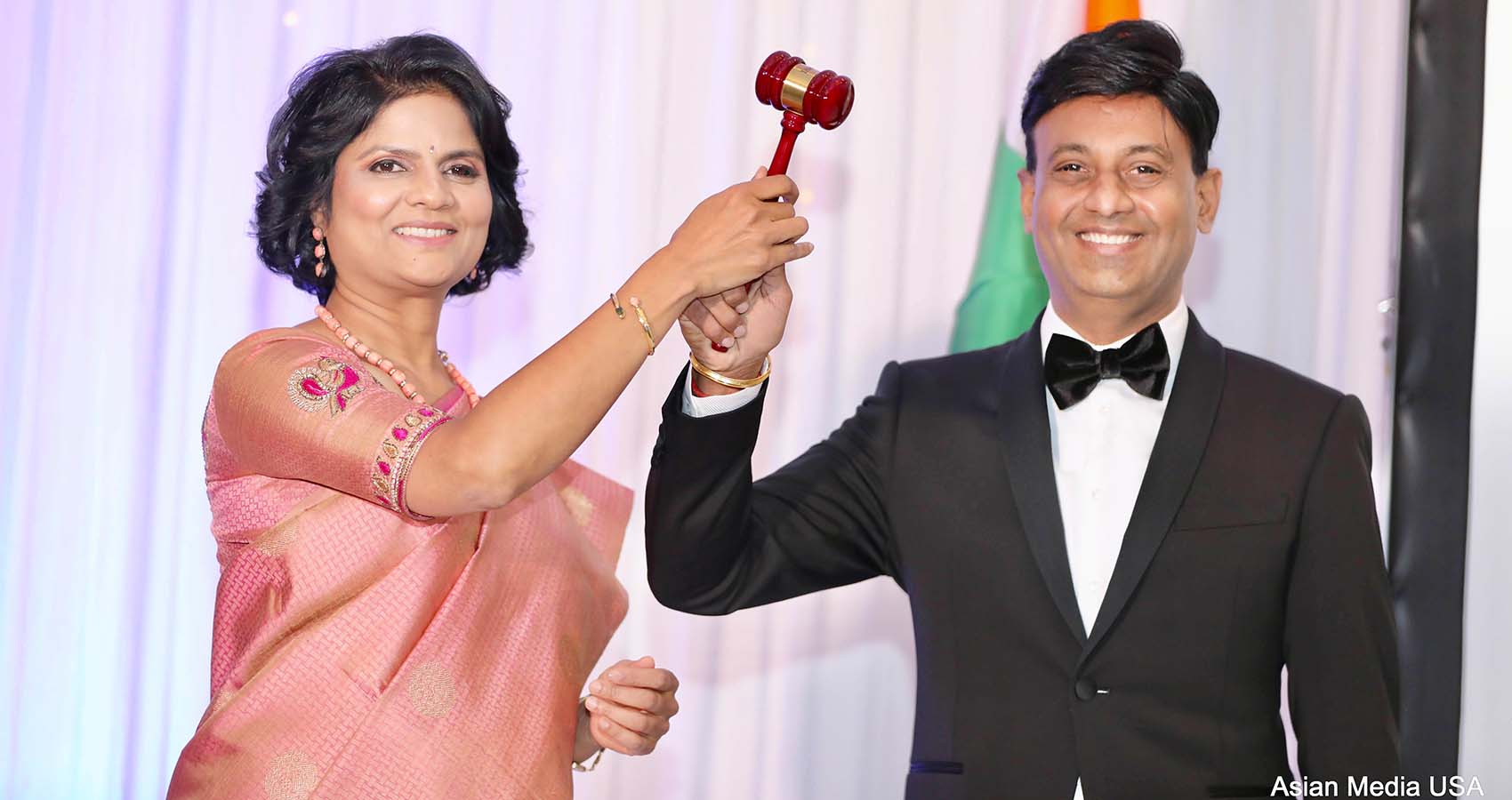
 “As the President, one of my main goal is to revitalize local Chapters that are the backbone for the national organization; help make the local Chapters financially viable as funds have dwindled due to pharma support; and to bring in younger physicians into the fold,” the young and dynamic President told a select group of audience who had come to cheer him and the new executive committee.
“As the President, one of my main goal is to revitalize local Chapters that are the backbone for the national organization; help make the local Chapters financially viable as funds have dwindled due to pharma support; and to bring in younger physicians into the fold,” the young and dynamic President told a select group of audience who had come to cheer him and the new executive committee. “I would also like to thank all the leaders of IAMA, especially Drs, Vemuri Murthy, Hanumadass, Rohit Vasa, Satya Ahuja, Shastri Swaminathan, Khandelwal, Arvind Goyal, Annita John, Utpal Parikh, Sukanya Reddy and several others.” He had a special note for Dr. Lalmalani. “I would like to thank my spiritual guru and political mentor, our Mayor of Oak Brook Dr. Lalmalani.”
“I would also like to thank all the leaders of IAMA, especially Drs, Vemuri Murthy, Hanumadass, Rohit Vasa, Satya Ahuja, Shastri Swaminathan, Khandelwal, Arvind Goyal, Annita John, Utpal Parikh, Sukanya Reddy and several others.” He had a special note for Dr. Lalmalani. “I would like to thank my spiritual guru and political mentor, our Mayor of Oak Brook Dr. Lalmalani.” Author of many international medical journal articles, Dr. Reddy has traveled extensively, giving specialty lectures on the complex procedures that he does. Active in teaching and mentoring many medical students and residents, Dr. Reddy has received numerous teaching and mentoring awards. To his credit, he is a four-time recipient of “Faculty award for excellence in teaching” awarded by the Harvard Medical Students and Residents.
Author of many international medical journal articles, Dr. Reddy has traveled extensively, giving specialty lectures on the complex procedures that he does. Active in teaching and mentoring many medical students and residents, Dr. Reddy has received numerous teaching and mentoring awards. To his credit, he is a four-time recipient of “Faculty award for excellence in teaching” awarded by the Harvard Medical Students and Residents. In the summer of 2019, Dr. Reddy organized The Global Health Summit in Hyderabad, an educational event with numerous workshops. Vice President of India, Sri Venkaiah Naidu, Union Minster of Health, Dr. Harshvardhan, both addressed the highly successful Global Health Summit. In October of 2019, he played a key role along with the Indian Resuscitation Council to train almost 500,000 lay people in Cardio-Pulmonary Resuscitation in India.
In the summer of 2019, Dr. Reddy organized The Global Health Summit in Hyderabad, an educational event with numerous workshops. Vice President of India, Sri Venkaiah Naidu, Union Minster of Health, Dr. Harshvardhan, both addressed the highly successful Global Health Summit. In October of 2019, he played a key role along with the Indian Resuscitation Council to train almost 500,000 lay people in Cardio-Pulmonary Resuscitation in India. His leadership and foresight were deeply appreciated as AAPI became the first major organization to call for universal masking. In this regard, AAPI provided free masks to thousands of health care workers. AAPI members have honored more than 10,000 nurses in over 100 hospitals across more than 40 states by sponsoring lunches for them during the Nurses Week. He was instrumental in organizing the Obesity prevention programs in all continenets, sharing medical knowledge globally, team-building activities such as the Share-A-Blanket program, medical education programs such as CPR training, morale building programs like mentoring a future medical students, and India heritage programs like Independence Day celebrations.
His leadership and foresight were deeply appreciated as AAPI became the first major organization to call for universal masking. In this regard, AAPI provided free masks to thousands of health care workers. AAPI members have honored more than 10,000 nurses in over 100 hospitals across more than 40 states by sponsoring lunches for them during the Nurses Week. He was instrumental in organizing the Obesity prevention programs in all continenets, sharing medical knowledge globally, team-building activities such as the Share-A-Blanket program, medical education programs such as CPR training, morale building programs like mentoring a future medical students, and India heritage programs like Independence Day celebrations. IAMA-IL is a non-profit organization comprised of Illinois physicians, fellows, residents, and medical students of Indian origin who are committed to professional excellence and quality patient care. IAMA-IL offers many opportunities for your organization to begin and grow a connection with our members and the communities we serve. We like to partner with organizations and people that strive for similar goals including a commitment to excellence, education, research and serving the community.
IAMA-IL is a non-profit organization comprised of Illinois physicians, fellows, residents, and medical students of Indian origin who are committed to professional excellence and quality patient care. IAMA-IL offers many opportunities for your organization to begin and grow a connection with our members and the communities we serve. We like to partner with organizations and people that strive for similar goals including a commitment to excellence, education, research and serving the community.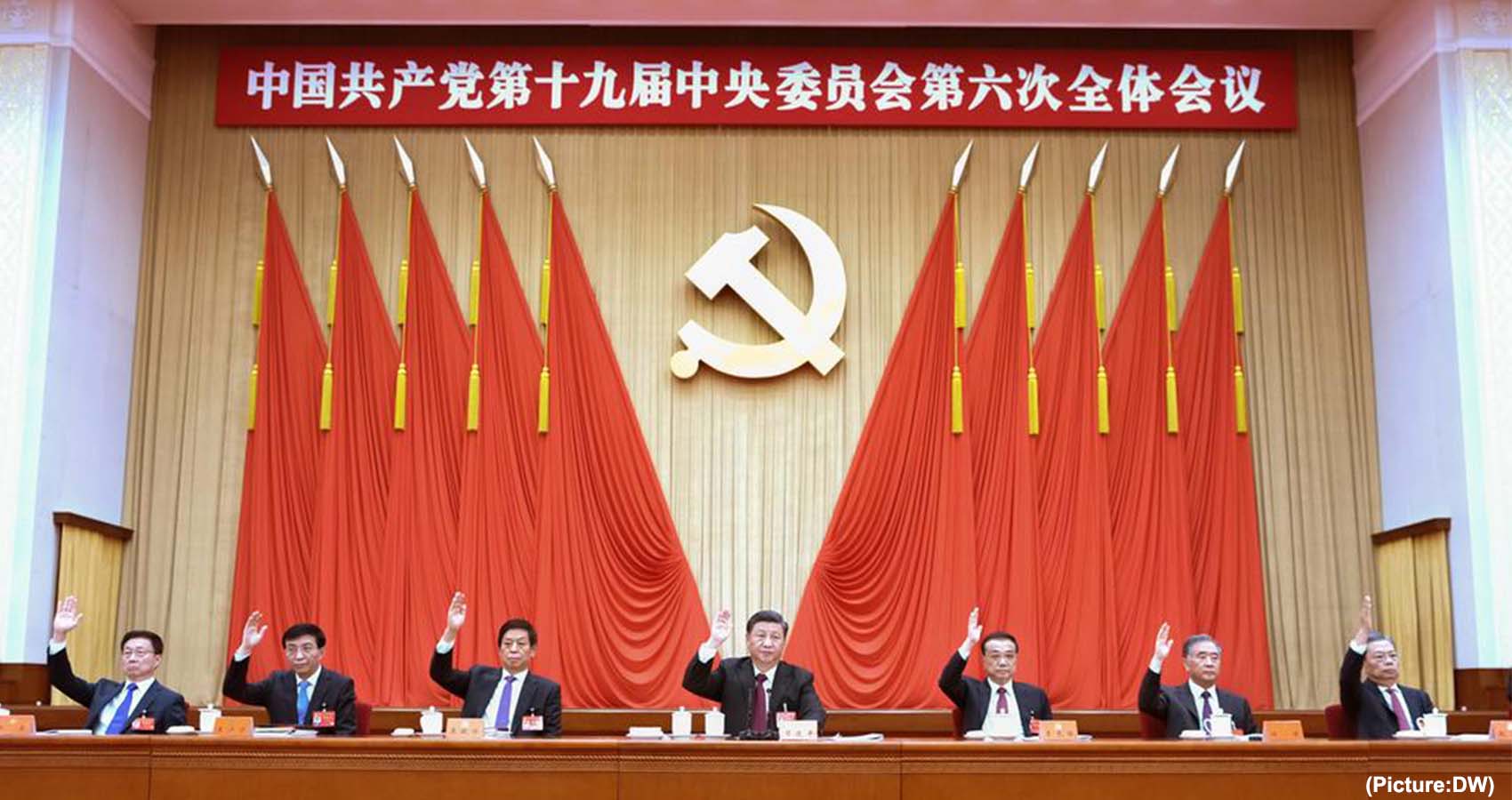
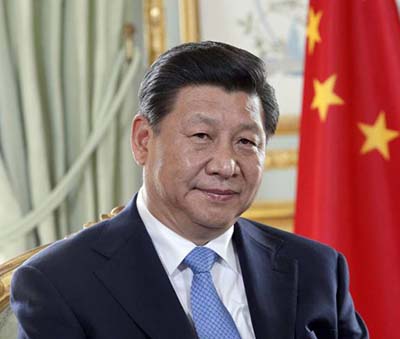 “Just like the previous two resolutions, [this resolution] will play an important role in helping to unite the theory, will and action of the party – to achieve future progress and in realising the second centenary goal and the great Chinese dream of rejuvenation,” senior party official Qu Qingshan said at a press conference on Friday.
“Just like the previous two resolutions, [this resolution] will play an important role in helping to unite the theory, will and action of the party – to achieve future progress and in realising the second centenary goal and the great Chinese dream of rejuvenation,” senior party official Qu Qingshan said at a press conference on Friday.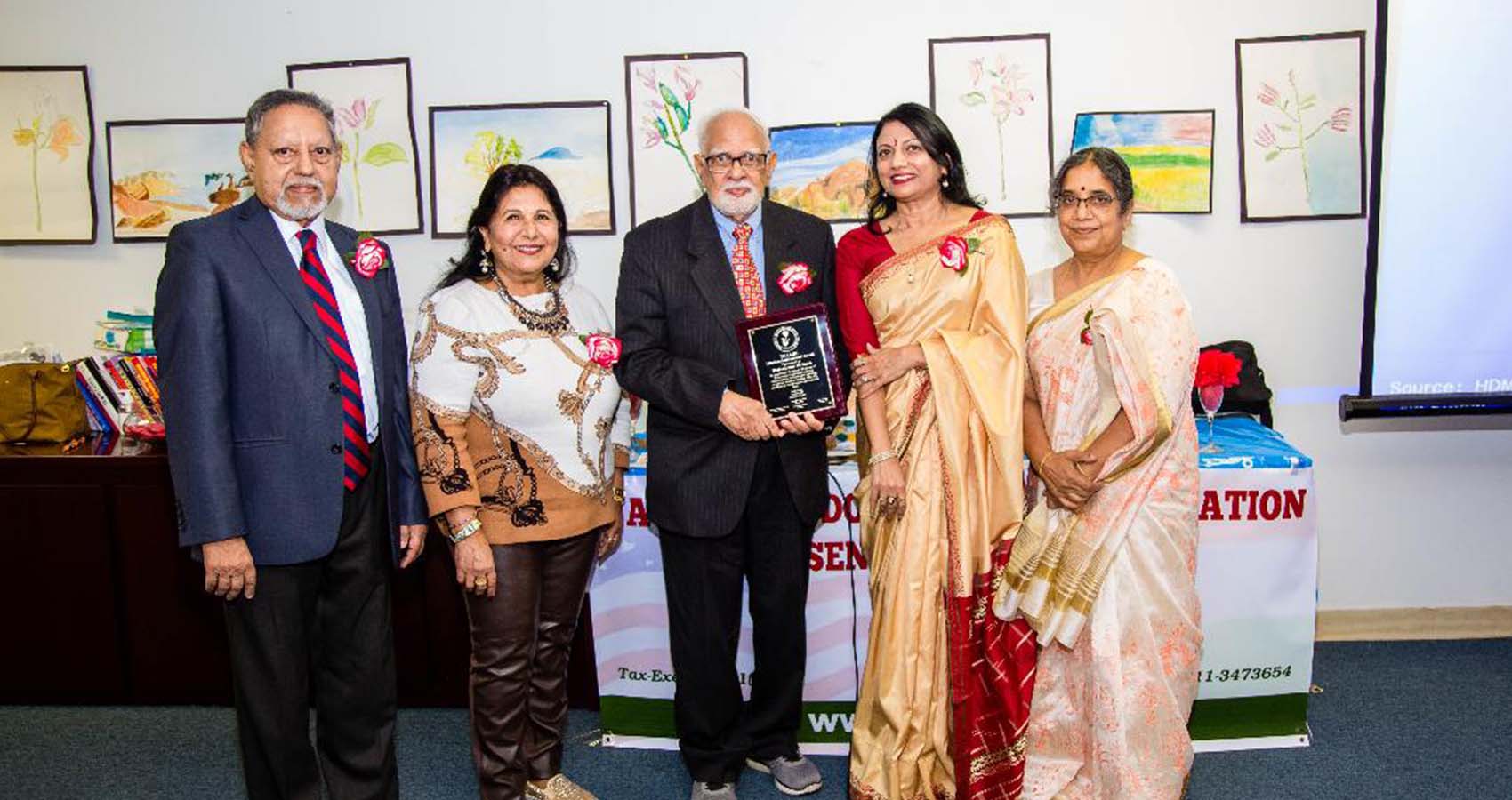
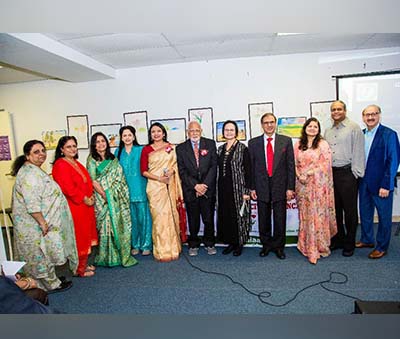 Dr. Vasundhara Kalasapudi, who is the founder of India Home nonprofit organization and a current board member of NIAASC hosted the conference, which was informative and entertaining with vegan breakfast and lunch served. Dr. Bhavani Srinivasan, Vice president – NIAASC was the coordinator of the conference and coordinated the event effectively and flawlessly.
Dr. Vasundhara Kalasapudi, who is the founder of India Home nonprofit organization and a current board member of NIAASC hosted the conference, which was informative and entertaining with vegan breakfast and lunch served. Dr. Bhavani Srinivasan, Vice president – NIAASC was the coordinator of the conference and coordinated the event effectively and flawlessly. The main speaker was Dr. Vikas Malik, a board-certified medical professional in both Child-Adolescent Psychiatry and Adult Psychiatry and his PowerPoint presentation on Mental Health in light of COVID-19 captivated the audience of roughly 70 physical attendees and 30 virtual attendees, who appreciated the information and knowledge that was succinctly explained. His presentation was followed by Dr. Swaminathan Giridharan, a Geriatric specialist, who spoke about COVID-19 Vaccination. The conference also focused on physical health and a presentation by Mrs. Suman Munjal, president of World Vegan Vision, who discussed the health benefits pertaining to a vegan diet.
The main speaker was Dr. Vikas Malik, a board-certified medical professional in both Child-Adolescent Psychiatry and Adult Psychiatry and his PowerPoint presentation on Mental Health in light of COVID-19 captivated the audience of roughly 70 physical attendees and 30 virtual attendees, who appreciated the information and knowledge that was succinctly explained. His presentation was followed by Dr. Swaminathan Giridharan, a Geriatric specialist, who spoke about COVID-19 Vaccination. The conference also focused on physical health and a presentation by Mrs. Suman Munjal, president of World Vegan Vision, who discussed the health benefits pertaining to a vegan diet. Lunch was followed by Diwali cultural program that was presented by Ms. Jyoti Gupta and her team consisted of several singers, Dr.Jag Kalra, Kul Bhooshan Sharma, Gautam Chopra and Raj Dhingra. The group entertained and regaled the audience with lively Bollywood songs. Music program was followed by Diwali Felicitation by Nilima Madan.
Lunch was followed by Diwali cultural program that was presented by Ms. Jyoti Gupta and her team consisted of several singers, Dr.Jag Kalra, Kul Bhooshan Sharma, Gautam Chopra and Raj Dhingra. The group entertained and regaled the audience with lively Bollywood songs. Music program was followed by Diwali Felicitation by Nilima Madan.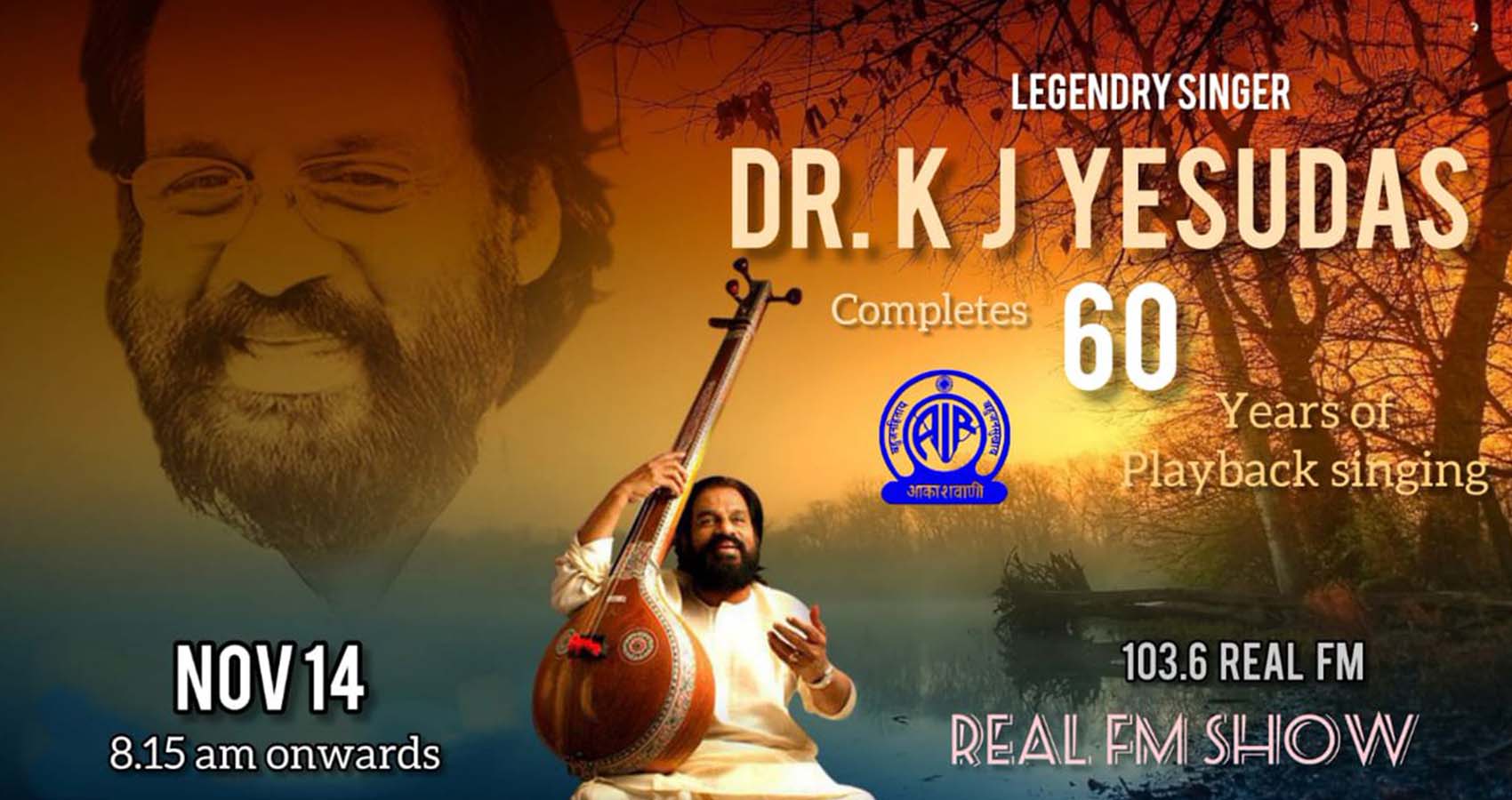
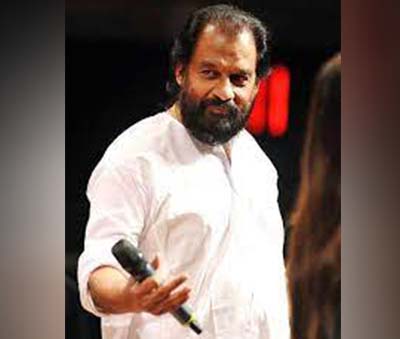 Yesudas, Dasettan to his admirers, spanning generations, has worked with the pioneers of the film music industry and the new-gen music directors with equal felicity. His voice lends itself well to both Indian classical, devotional and popular songs. He has recorded more than 40,000 songs in many languages, including Tamil, Hindi, Malayalam, Kannada, Telugu, Bengali, Gujarati, Oriya, Marathi, Punjabi, Sanskrit, Tulu, Russian, Arabic, Latin and English through his long career.
Yesudas, Dasettan to his admirers, spanning generations, has worked with the pioneers of the film music industry and the new-gen music directors with equal felicity. His voice lends itself well to both Indian classical, devotional and popular songs. He has recorded more than 40,000 songs in many languages, including Tamil, Hindi, Malayalam, Kannada, Telugu, Bengali, Gujarati, Oriya, Marathi, Punjabi, Sanskrit, Tulu, Russian, Arabic, Latin and English through his long career.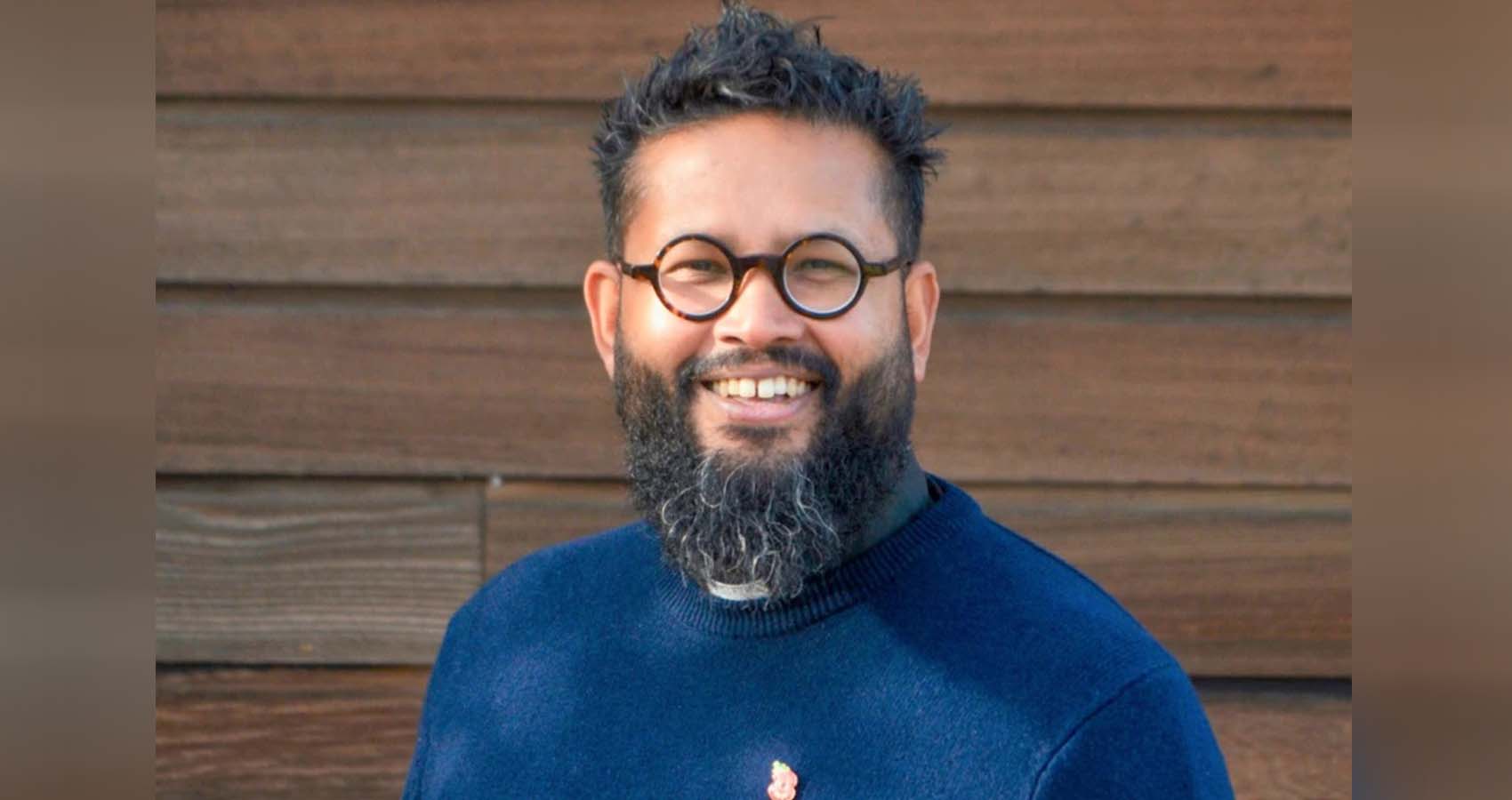
 Known as Saju among friends and family, Rev Muthalaly is currently the Vicar of St Mark’s, Gillingham in the diocese of Rochester in England. Ordained in the Church of England in 2008, he has served at St. Marks for six years after curacies in the dioceses of Blackburn and Carlisle.
Known as Saju among friends and family, Rev Muthalaly is currently the Vicar of St Mark’s, Gillingham in the diocese of Rochester in England. Ordained in the Church of England in 2008, he has served at St. Marks for six years after curacies in the dioceses of Blackburn and Carlisle.
 Metkar’s identification as the “first named inventor” is in the document filed by Moderna to dispute the U.S. government’s National Institutes of Health assertion that its scientists should also be credited as inventors of the vaccine, which was developed in collaboration with it and with $1.53 billion provided by the administration of former President Donald Trump under the Operation Warp Speed program to quickly produce vaccines.
Metkar’s identification as the “first named inventor” is in the document filed by Moderna to dispute the U.S. government’s National Institutes of Health assertion that its scientists should also be credited as inventors of the vaccine, which was developed in collaboration with it and with $1.53 billion provided by the administration of former President Donald Trump under the Operation Warp Speed program to quickly produce vaccines.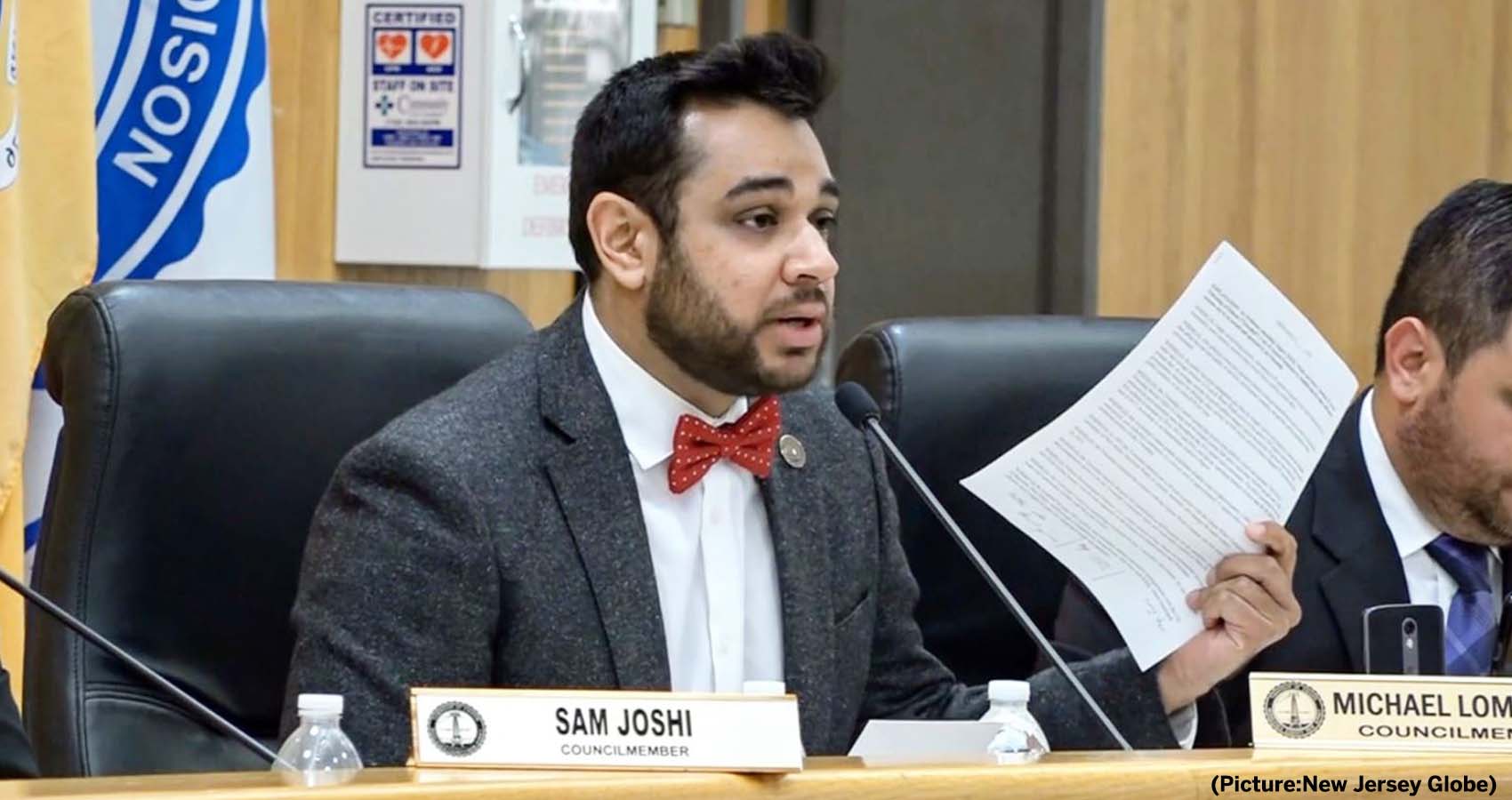
 Joshi had 10,930 votes, while Hahn had 9,459 and Makropoulos, 301. The race was to replace Democratic Mayor Thomas Lankey whose term ends Dec. 31. Lankey did not seek reelection.
Joshi had 10,930 votes, while Hahn had 9,459 and Makropoulos, 301. The race was to replace Democratic Mayor Thomas Lankey whose term ends Dec. 31. Lankey did not seek reelection.
 Republicans won 50 seats Nov. 2 in Virginia’s House of Delegates, while Democrats won 40, for a 55-45 Republican majority overall at the statehouse. In one of the most-watched races of the evening, Youngkin beat former Virginia Governor Terry McAuliffe, a Democrat. Virginia has traditionally been considered a solidly blue state.
Republicans won 50 seats Nov. 2 in Virginia’s House of Delegates, while Democrats won 40, for a 55-45 Republican majority overall at the statehouse. In one of the most-watched races of the evening, Youngkin beat former Virginia Governor Terry McAuliffe, a Democrat. Virginia has traditionally been considered a solidly blue state.
 Building on the enduring relationship and cultural connections between the UK and India, it is the first time that Gandhi has been commemorated on an official UK coin with the final design chosen by Sunak, who is the Master of the Mint.
Building on the enduring relationship and cultural connections between the UK and India, it is the first time that Gandhi has been commemorated on an official UK coin with the final design chosen by Sunak, who is the Master of the Mint.
 During the checkup, his condition worsened and he was rushed to hospital. According to a statement issued by Vikram Hospital, Puneeth was non-responsive when brought in and was in cardiac asystole. His body is to be kept at Kanteerava Stadium for fans to pay homage; the last rites will be performed today with state honours.
During the checkup, his condition worsened and he was rushed to hospital. According to a statement issued by Vikram Hospital, Puneeth was non-responsive when brought in and was in cardiac asystole. His body is to be kept at Kanteerava Stadium for fans to pay homage; the last rites will be performed today with state honours.
 Jes Staley stepped down from Barclays, which is Britain’s third-biggest bank by market value, after a probe into his relationship with financier and sex offender Jeffrey Epstein. The bank said Staley will get a 2.5 million pound ($3.5 million) payout and receive other benefits for a year.
Jes Staley stepped down from Barclays, which is Britain’s third-biggest bank by market value, after a probe into his relationship with financier and sex offender Jeffrey Epstein. The bank said Staley will get a 2.5 million pound ($3.5 million) payout and receive other benefits for a year.
 Assistant U.S. Attorney Sarala Vidya Nagala, a career prosecutor, was among several of President Joe Biden’s nominees to be confirmed last week. The 38-year old Nagala was born in North Dakota and educated in Stanford University and University of California.
Assistant U.S. Attorney Sarala Vidya Nagala, a career prosecutor, was among several of President Joe Biden’s nominees to be confirmed last week. The 38-year old Nagala was born in North Dakota and educated in Stanford University and University of California.



 Tanden has been
Tanden has been 
 Most recently, Mehta served as the senior vice president at Mastercard, where he led the company’s efforts to advance sustainable and equitable economic growth around the world as executive director of the company’s Center for Inclusive Growth. In that role, he led a global team of professionals dedicated to ensuring that the benefits of economic growth are broadly shared and who work to leverage the core competencies and assets of Mastercard to achieve the same.
Most recently, Mehta served as the senior vice president at Mastercard, where he led the company’s efforts to advance sustainable and equitable economic growth around the world as executive director of the company’s Center for Inclusive Growth. In that role, he led a global team of professionals dedicated to ensuring that the benefits of economic growth are broadly shared and who work to leverage the core competencies and assets of Mastercard to achieve the same.
 Dr. V.K. Raju, who was born in Rajahmundry, AP, India, is a Clinical Professor of Ophthalmology at West Virginia University, Fellow of the Royal College of Surgeons, Fellow of the American College of Surgeons, Director of the International Ocular Surface Society, Director of the Ocular Surface Research and Education Foundation, Chairman of Goutami Eye Institute in Rajahmundry and is the President and Founder of the Eye Foundation of America, a non-profit organization dedicated to realizing a world without childhood blindness.
Dr. V.K. Raju, who was born in Rajahmundry, AP, India, is a Clinical Professor of Ophthalmology at West Virginia University, Fellow of the Royal College of Surgeons, Fellow of the American College of Surgeons, Director of the International Ocular Surface Society, Director of the Ocular Surface Research and Education Foundation, Chairman of Goutami Eye Institute in Rajahmundry and is the President and Founder of the Eye Foundation of America, a non-profit organization dedicated to realizing a world without childhood blindness. Dr. Raju expressed gratitude to all the Board members of the Foundation in UK, particularly, Ashwini Misro, Radhika Misro, and Raj Koppada for their enthusiasm and generosity in helping realize the mission of the Eye Foundation in preventing and treating childhood blindness and beyond in Uzbekistan.
Dr. Raju expressed gratitude to all the Board members of the Foundation in UK, particularly, Ashwini Misro, Radhika Misro, and Raj Koppada for their enthusiasm and generosity in helping realize the mission of the Eye Foundation in preventing and treating childhood blindness and beyond in Uzbekistan.
 Easo Jacob had served as a Director Board Member of IAPC, as a National Executive Vice President, Vice Chair of IAPC international Media Conference in 2019 and as the President of IAPC Houston Chapter.
Easo Jacob had served as a Director Board Member of IAPC, as a National Executive Vice President, Vice Chair of IAPC international Media Conference in 2019 and as the President of IAPC Houston Chapter.
 After initially being admitted to the hospital on October 5th with tiredness and weakness, he was transferred to intensive care on Saturday, a spokesman for the private facility where he was treated told the media. The doctor treating Venu told the media that he died of kidney-related issues and sepsis. Liaison officer Praveen Jojo of KIMS Health in Thiruvananthapuram, said Venu had breathed his last on Monday, October 11th.
After initially being admitted to the hospital on October 5th with tiredness and weakness, he was transferred to intensive care on Saturday, a spokesman for the private facility where he was treated told the media. The doctor treating Venu told the media that he died of kidney-related issues and sepsis. Liaison officer Praveen Jojo of KIMS Health in Thiruvananthapuram, said Venu had breathed his last on Monday, October 11th.
 ICC’s 18th annual gala was held virtually for the second time, in keeping with Covid-19 safety protocols, which discourage gatherings of large groups indoors. A friendly-but-competitive live auction, followed by a lively pledge drive, quickly raised more than $257,000 to support the community center, a second home to many Indian American seniors and youth. “J&J, BioNTech, and Moderna had never created vaccines before. But everyone saw the public health crisis that was happening — as 10,000 people died each day — and wanted to help,” said Mammen, who was interviewed at the gala by Divya Ganesan, a Stanford University freshman, and co-founder of Real Talk Ed.
ICC’s 18th annual gala was held virtually for the second time, in keeping with Covid-19 safety protocols, which discourage gatherings of large groups indoors. A friendly-but-competitive live auction, followed by a lively pledge drive, quickly raised more than $257,000 to support the community center, a second home to many Indian American seniors and youth. “J&J, BioNTech, and Moderna had never created vaccines before. But everyone saw the public health crisis that was happening — as 10,000 people died each day — and wanted to help,” said Mammen, who was interviewed at the gala by Divya Ganesan, a Stanford University freshman, and co-founder of Real Talk Ed.
 Calling it an inspiring story, Kajol, 47, captioned the picture as, “So happy to announce my next film with the super awesome Revathi directing me.. called ‘The Last Hurrah’. A heartwarming story that made me instantly say YES! Can I hear a “Yipppeee” please.
Calling it an inspiring story, Kajol, 47, captioned the picture as, “So happy to announce my next film with the super awesome Revathi directing me.. called ‘The Last Hurrah’. A heartwarming story that made me instantly say YES! Can I hear a “Yipppeee” please.
 Women come to a hospital Emergency Department or doctor’s office complaining of chest pain, shortness of breath, nausea, lightheadedness, jaw pain, or other symptoms considered concerning for a heart problem. The women might undergo standard testing to see if they have a critical cholesterol blockage in their arteries, the hallmark of obstructive coronary artery disease.
Women come to a hospital Emergency Department or doctor’s office complaining of chest pain, shortness of breath, nausea, lightheadedness, jaw pain, or other symptoms considered concerning for a heart problem. The women might undergo standard testing to see if they have a critical cholesterol blockage in their arteries, the hallmark of obstructive coronary artery disease.
 According to a poll conducted by the Pew Research Center last month (Sept. 20-26), the vast majority of Catholics (83%) hold a favorable view of Francis, compared with just 14% who view him unfavorably. Those views are virtually unchanged since March, when 82% viewed the pope favorably. In fact, Francis’ current favorability rating among Catholics is almost identical to when Pew first polled on the subject in March 2013 (84%), although, researchers were careful to note, Pew shifted to an online surveying method in 2020 — a departure from their accustomed telephone calls.
According to a poll conducted by the Pew Research Center last month (Sept. 20-26), the vast majority of Catholics (83%) hold a favorable view of Francis, compared with just 14% who view him unfavorably. Those views are virtually unchanged since March, when 82% viewed the pope favorably. In fact, Francis’ current favorability rating among Catholics is almost identical to when Pew first polled on the subject in March 2013 (84%), although, researchers were careful to note, Pew shifted to an online surveying method in 2020 — a departure from their accustomed telephone calls.
 In this bumper year, more than 80 per cent of the listees saw their fortunes increase, with 61 adding $1 billion or more. At the top of the list is Mukesh Ambani, India’s richest person since 2008, with a net worth of $92.7 billion. Ambani recently outlined plans to pivot into renewable energy with a $10 billion investment by his Reliance Industries. Close to a fifth of the increase in the collective wealth of India’s 100 richest came from infrastructure tycoon Gautam Adani, who ranks No. 2 for the third year in a row. Adani, who is the biggest gainer in both percentage and dollar terms, nearly tripled his fortune to $74.8 billion from $25.2 billion previously, as shares of all his listed companies soared.
In this bumper year, more than 80 per cent of the listees saw their fortunes increase, with 61 adding $1 billion or more. At the top of the list is Mukesh Ambani, India’s richest person since 2008, with a net worth of $92.7 billion. Ambani recently outlined plans to pivot into renewable energy with a $10 billion investment by his Reliance Industries. Close to a fifth of the increase in the collective wealth of India’s 100 richest came from infrastructure tycoon Gautam Adani, who ranks No. 2 for the third year in a row. Adani, who is the biggest gainer in both percentage and dollar terms, nearly tripled his fortune to $74.8 billion from $25.2 billion previously, as shares of all his listed companies soared.
 Saini, who has been recognized by several organizations and states and world renowned persons for her work and is aspiring to be an actor, told this writer during a recent interview “I am now “Miss World America Washington,” which is preliminary to Miss World America and Miss World! Miss World Titles have been won by Aishwarya Rai and Priyanka Chopra. It’s the largest and the most philanthropic pageant, having raised 1.3 billion dollars for charities around the world. And I want to promote the many charitable initiatives this noble organization does all around the world.”
Saini, who has been recognized by several organizations and states and world renowned persons for her work and is aspiring to be an actor, told this writer during a recent interview “I am now “Miss World America Washington,” which is preliminary to Miss World America and Miss World! Miss World Titles have been won by Aishwarya Rai and Priyanka Chopra. It’s the largest and the most philanthropic pageant, having raised 1.3 billion dollars for charities around the world. And I want to promote the many charitable initiatives this noble organization does all around the world.” Instead of giving up, Shree Saini went back to dance class with her left arm tied up in a cast and practiced up to 6 hours a day in order to regain her strength. Saini noted on media that even though “dance is a very competitive, cut-throat, high stakes sport”, she wants to “encourage teachers, students, parents to always be uplifting, emphatic, especially when it’s difficult. Real Love takes courage.”
Instead of giving up, Shree Saini went back to dance class with her left arm tied up in a cast and practiced up to 6 hours a day in order to regain her strength. Saini noted on media that even though “dance is a very competitive, cut-throat, high stakes sport”, she wants to “encourage teachers, students, parents to always be uplifting, emphatic, especially when it’s difficult. Real Love takes courage.” Being uprooted from one’s culture and dear ones was undoubtedly a major challenge. She had to experience hardships while in high school, where she was bullied. Young Shree fought bravely a heart ailment which required her to use a pacemaker. Shree, who had a pacemaker implanted at the age of 12 and was told that she would never be able to dance, is an inspiration for all. “I practice dance almost every day for several hours,” Shree says, pointing to the pacemaker she carries with her all the time.
Being uprooted from one’s culture and dear ones was undoubtedly a major challenge. She had to experience hardships while in high school, where she was bullied. Young Shree fought bravely a heart ailment which required her to use a pacemaker. Shree, who had a pacemaker implanted at the age of 12 and was told that she would never be able to dance, is an inspiration for all. “I practice dance almost every day for several hours,” Shree says, pointing to the pacemaker she carries with her all the time.
 Progressives claimed victory after a planned infrastructure vote was delayed following their united front to oppose the $1 trillion bill without assurances about the fate of the accompanying Democratic spending plan last week. The move highlighted the growing power of leftwing Democrats, and sent a strong message to the rest of their party: You can’t get one bill without the other. West Virginia senator Manchin and his fellow holdout Kyrsten Sinema of Arizona might hold the cards in the 50-50 US Senate, but in the lower chamber at least the progressives were in the driving seat.
Progressives claimed victory after a planned infrastructure vote was delayed following their united front to oppose the $1 trillion bill without assurances about the fate of the accompanying Democratic spending plan last week. The move highlighted the growing power of leftwing Democrats, and sent a strong message to the rest of their party: You can’t get one bill without the other. West Virginia senator Manchin and his fellow holdout Kyrsten Sinema of Arizona might hold the cards in the 50-50 US Senate, but in the lower chamber at least the progressives were in the driving seat. The move illuminated how the newly powerful progressive movement can shape the way Biden’s agenda moves through Congress, with the power to delay or even block some moderate priorities. The progressive movement has been building in influence and organizing capacity since 2016, when Sanders’ insurgent presidential campaign breathed new life into the grassroots left. The progressive caucus has frequently threatened to withhold votes over ideological differences with more moderate Democrats, but usually failed to actually stop a major agenda item. Now, the once-fledgling progressive wing of the Democratic party has become a political force strong enough to resist the will of moderates and its own party’s leaders.
The move illuminated how the newly powerful progressive movement can shape the way Biden’s agenda moves through Congress, with the power to delay or even block some moderate priorities. The progressive movement has been building in influence and organizing capacity since 2016, when Sanders’ insurgent presidential campaign breathed new life into the grassroots left. The progressive caucus has frequently threatened to withhold votes over ideological differences with more moderate Democrats, but usually failed to actually stop a major agenda item. Now, the once-fledgling progressive wing of the Democratic party has become a political force strong enough to resist the will of moderates and its own party’s leaders.
 Doodle, illustrated by Bangalore, India-based guest artist
Doodle, illustrated by Bangalore, India-based guest artist 
 Patel garnered 3,277 votes, compared with 1,791 votes cast for Dimitrios Serpanos, who is a professor at the University of Patras and the president of the Computer Technology Institute, Greece, added the release. Patel leads a critical part of Otis’ global engineering development, providing a wide range of new product capabilities in connected, smart, IoT-based platforms. She was previously with L3Harris where she was senior director, engineering, and led multi-disciplinary, embedded-software design teams in innovative research and new product development, for which she was recognized for significant technical contributions as 2014 L3 Engineer of the Year and 2011 New Hampshire Engineer of the Year.
Patel garnered 3,277 votes, compared with 1,791 votes cast for Dimitrios Serpanos, who is a professor at the University of Patras and the president of the Computer Technology Institute, Greece, added the release. Patel leads a critical part of Otis’ global engineering development, providing a wide range of new product capabilities in connected, smart, IoT-based platforms. She was previously with L3Harris where she was senior director, engineering, and led multi-disciplinary, embedded-software design teams in innovative research and new product development, for which she was recognized for significant technical contributions as 2014 L3 Engineer of the Year and 2011 New Hampshire Engineer of the Year.
 When a Jesuit in Slovakia asked Pope Francis “How are you?,”the pope stunned them with his answer: “Still alive, even though some people wanted me to die. There were even meetings between prelates who thought the pope’s condition was more serious than the official version. They were preparing for the conclave,” Pope Francis said.
When a Jesuit in Slovakia asked Pope Francis “How are you?,”the pope stunned them with his answer: “Still alive, even though some people wanted me to die. There were even meetings between prelates who thought the pope’s condition was more serious than the official version. They were preparing for the conclave,” Pope Francis said.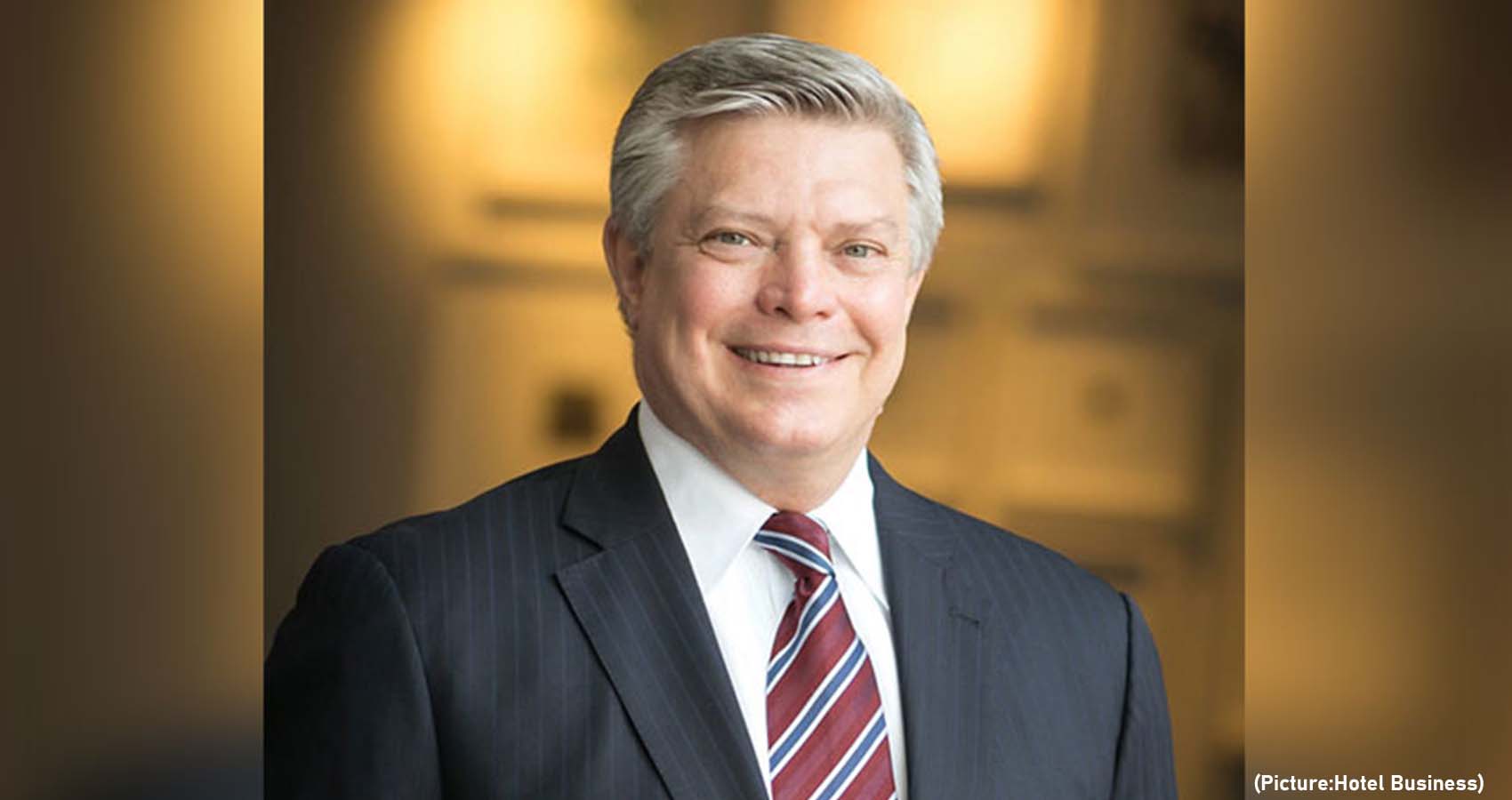
 During his interim period, Greene oversaw the association’s return to in-person events with the 2021 AAHOA Convention & Trade Show in Dallas, Texas. The convention, which drew more than 6,000 attendees, was the first such event in the city since the start of the pandemic.
During his interim period, Greene oversaw the association’s return to in-person events with the 2021 AAHOA Convention & Trade Show in Dallas, Texas. The convention, which drew more than 6,000 attendees, was the first such event in the city since the start of the pandemic.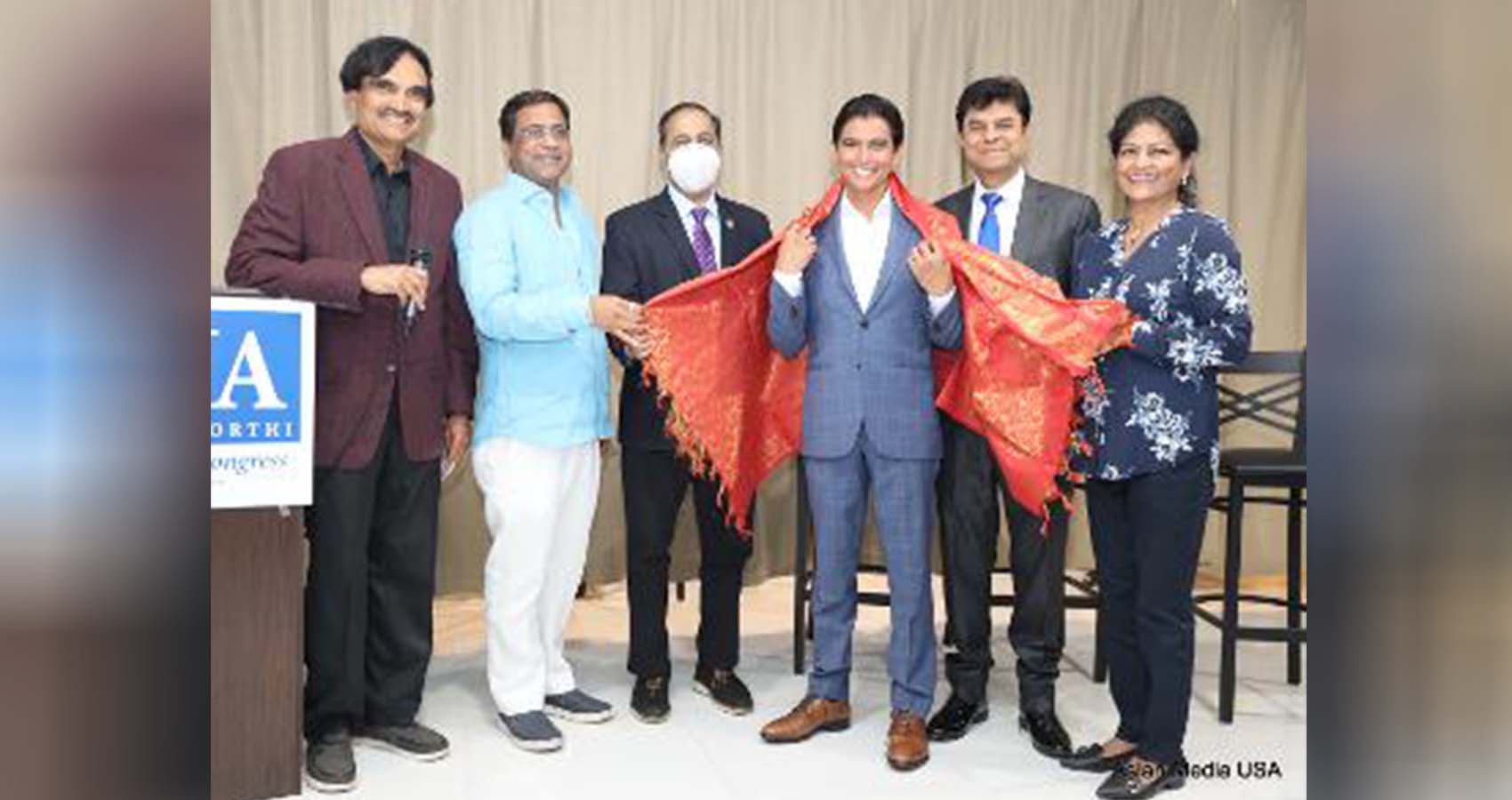
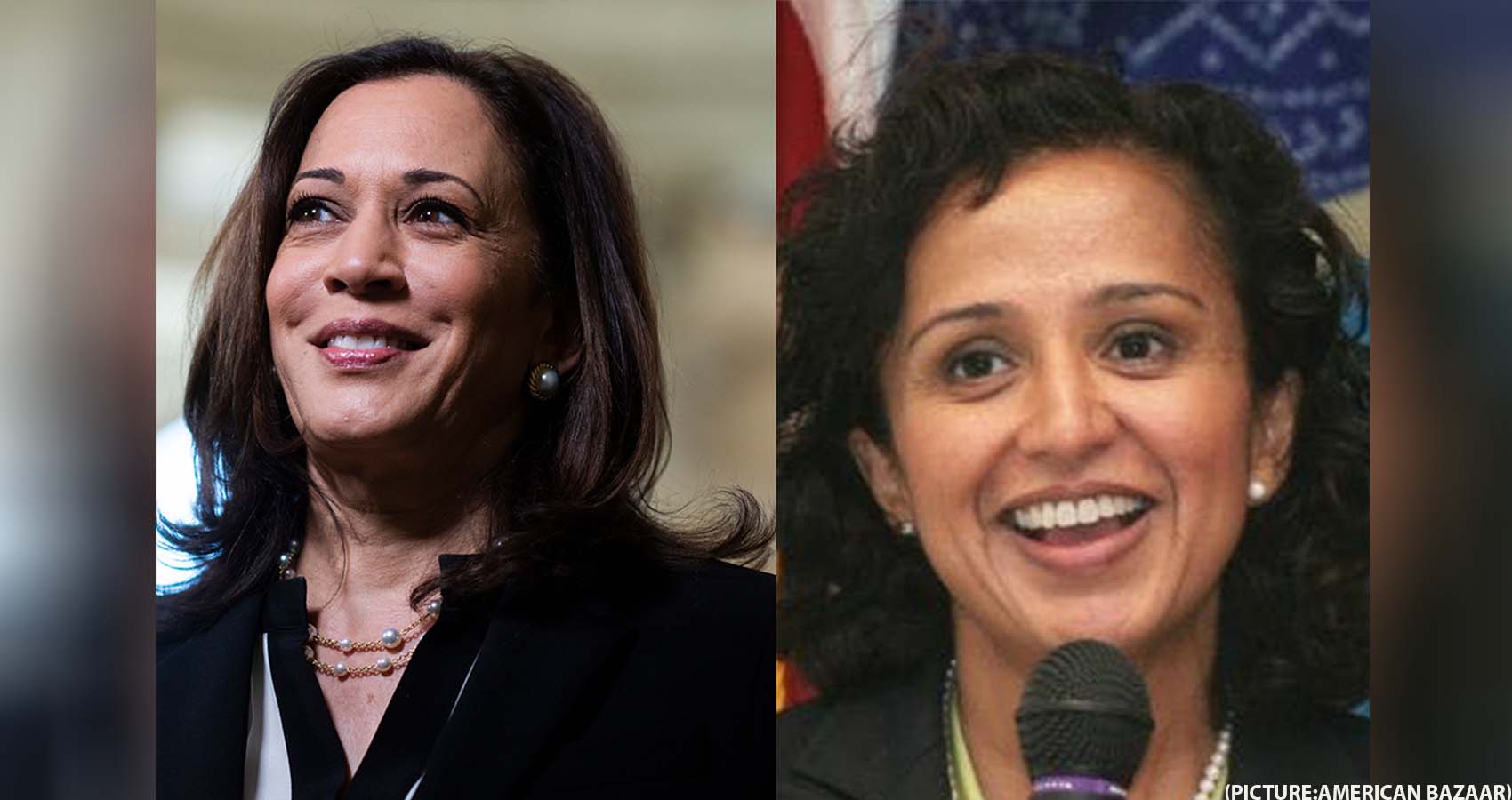
 Kulkarni and Stop AAPI Hate co-founders Cynthia Choi and Russell Jeung were named in the “Icons” section of the list, alongside Prince Harry and Meghan Markle, pop singers Britney Spears and Dolly Parton, Sherrilyn Ifill, president and director-counsel of the NAACP Legal Defense and Educational Fund; and Russian opposition leader Alexie Navalny, among others. “In a turbulent year, as the U.S. has seen a surge in racist, anti-Asian attacks—from terrifying assaults on senior citizens to the tragic mass shooting in Atlanta—no coalition has been more impactful in raising awareness of this violence than Stop AAPI Hate.” wrote poet Kathy Park Hong, in Time Magazine’s tribute to the founders of Stop AAPI Hate.
Kulkarni and Stop AAPI Hate co-founders Cynthia Choi and Russell Jeung were named in the “Icons” section of the list, alongside Prince Harry and Meghan Markle, pop singers Britney Spears and Dolly Parton, Sherrilyn Ifill, president and director-counsel of the NAACP Legal Defense and Educational Fund; and Russian opposition leader Alexie Navalny, among others. “In a turbulent year, as the U.S. has seen a surge in racist, anti-Asian attacks—from terrifying assaults on senior citizens to the tragic mass shooting in Atlanta—no coalition has been more impactful in raising awareness of this violence than Stop AAPI Hate.” wrote poet Kathy Park Hong, in Time Magazine’s tribute to the founders of Stop AAPI Hate.